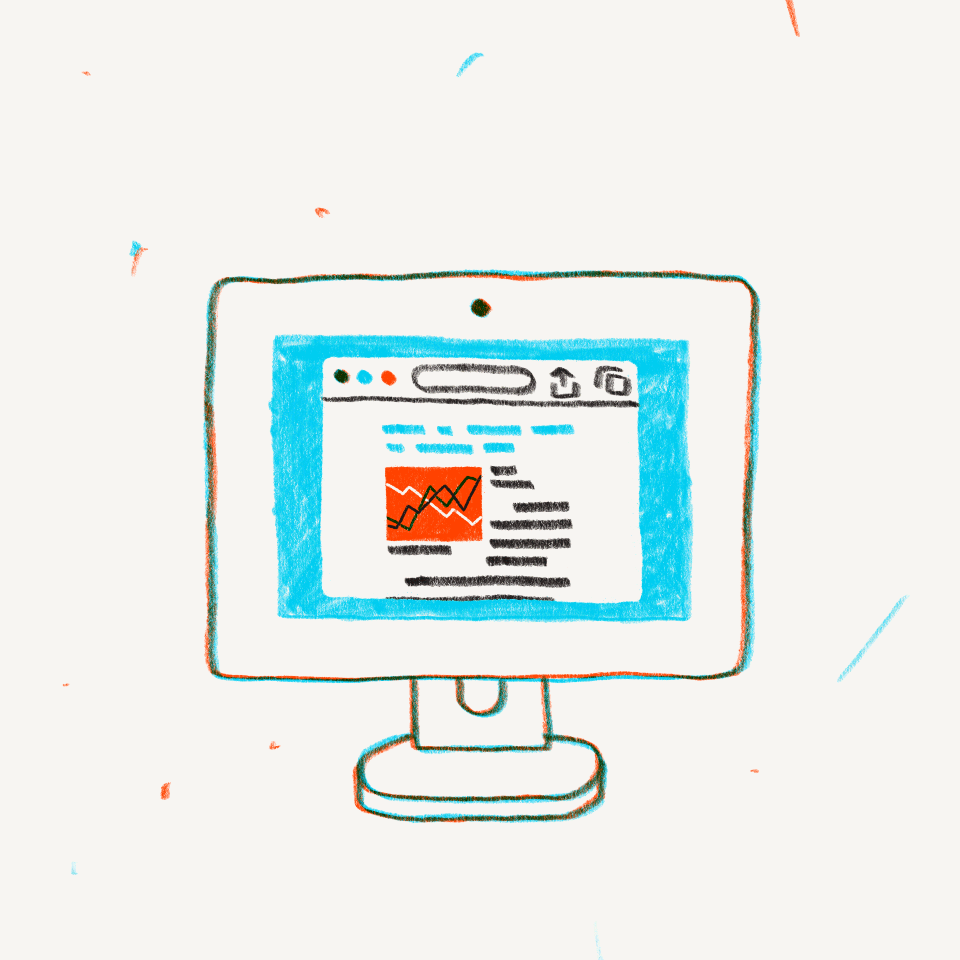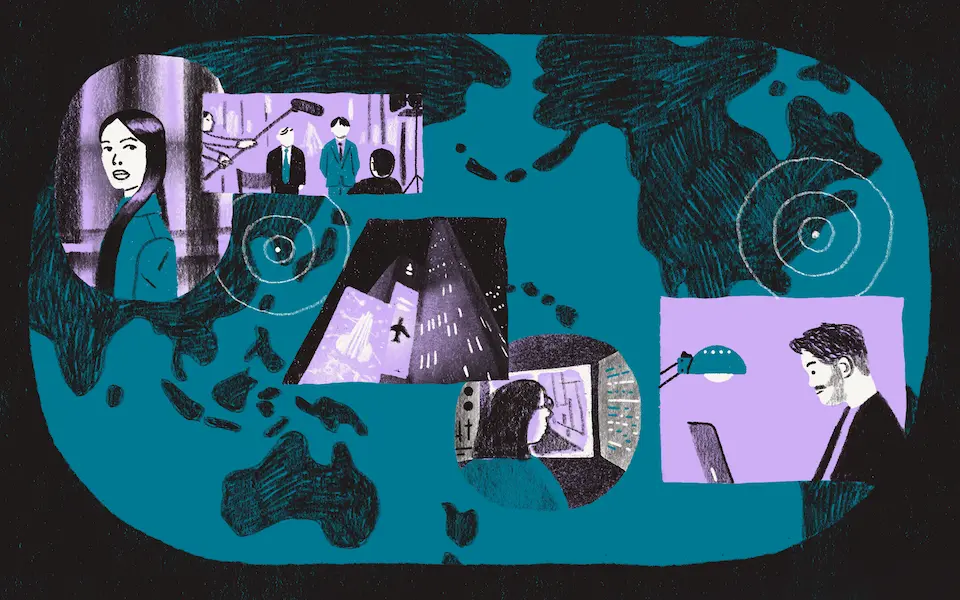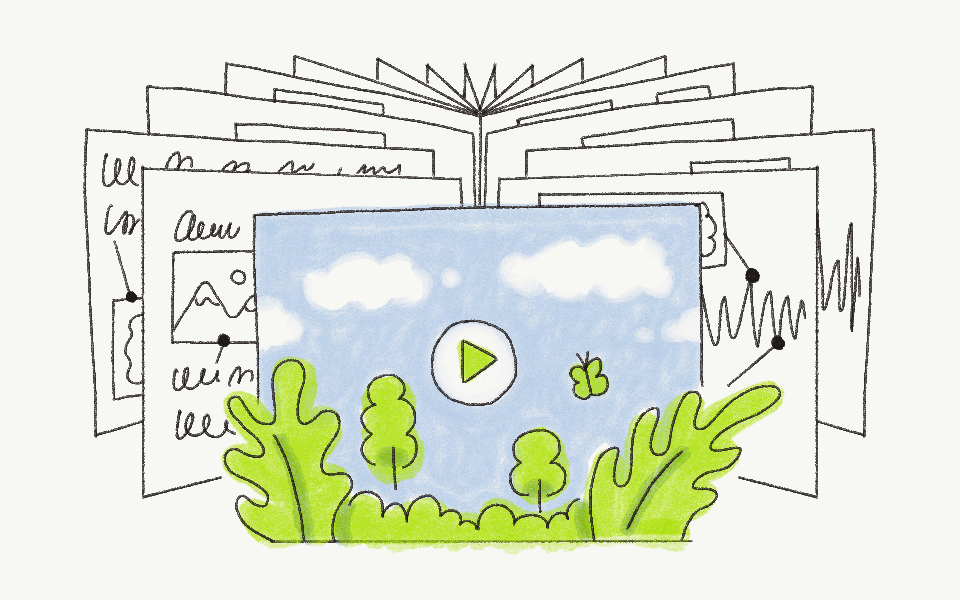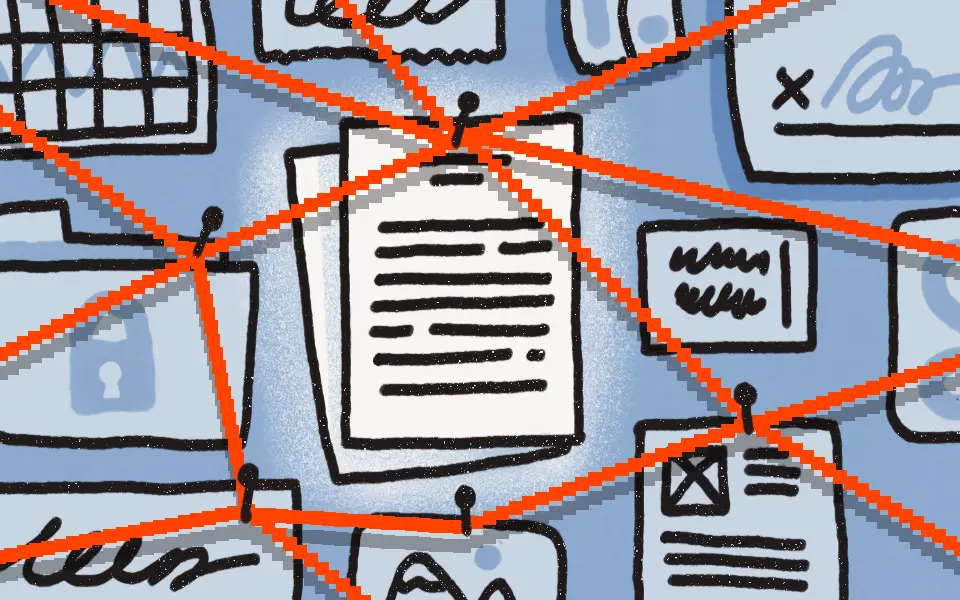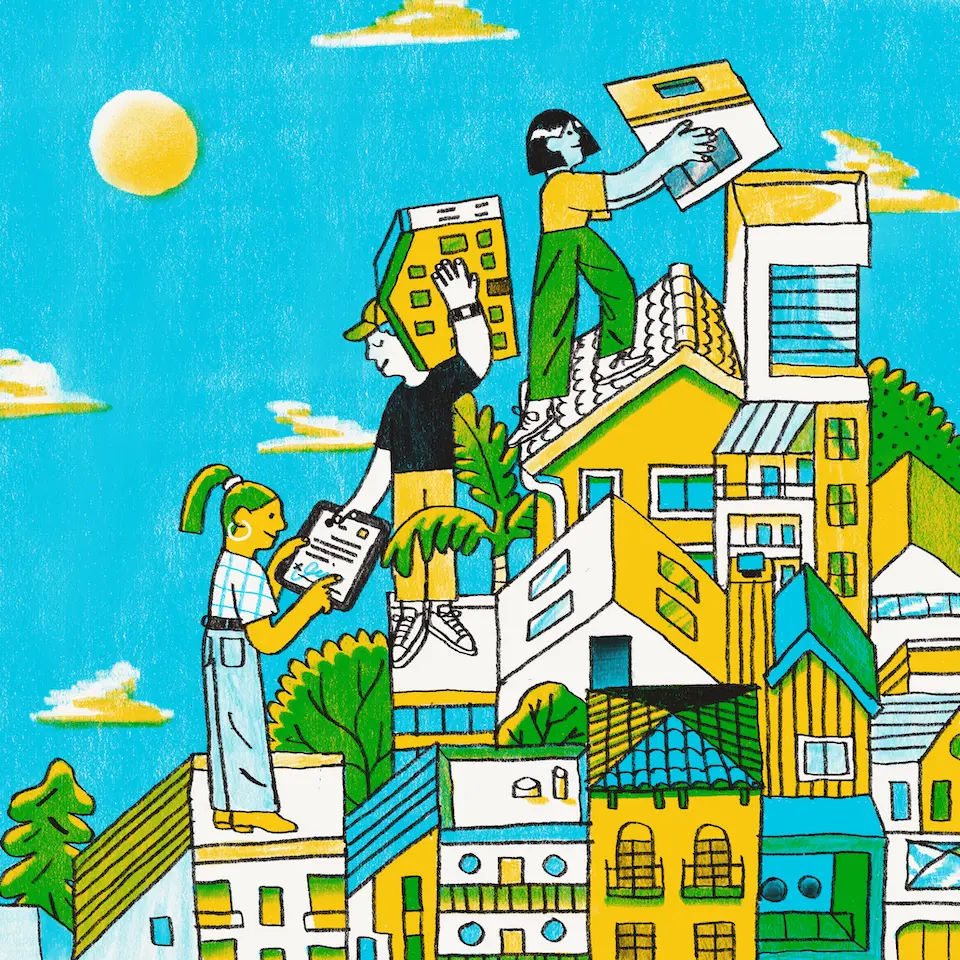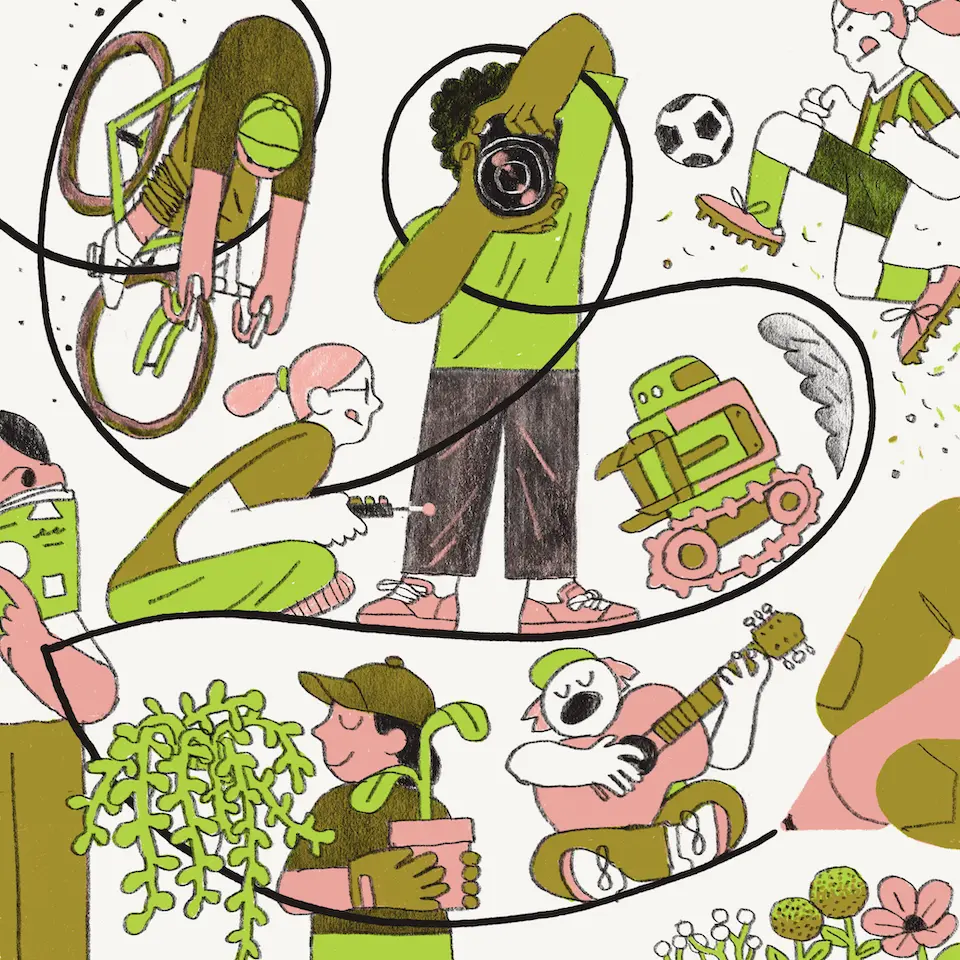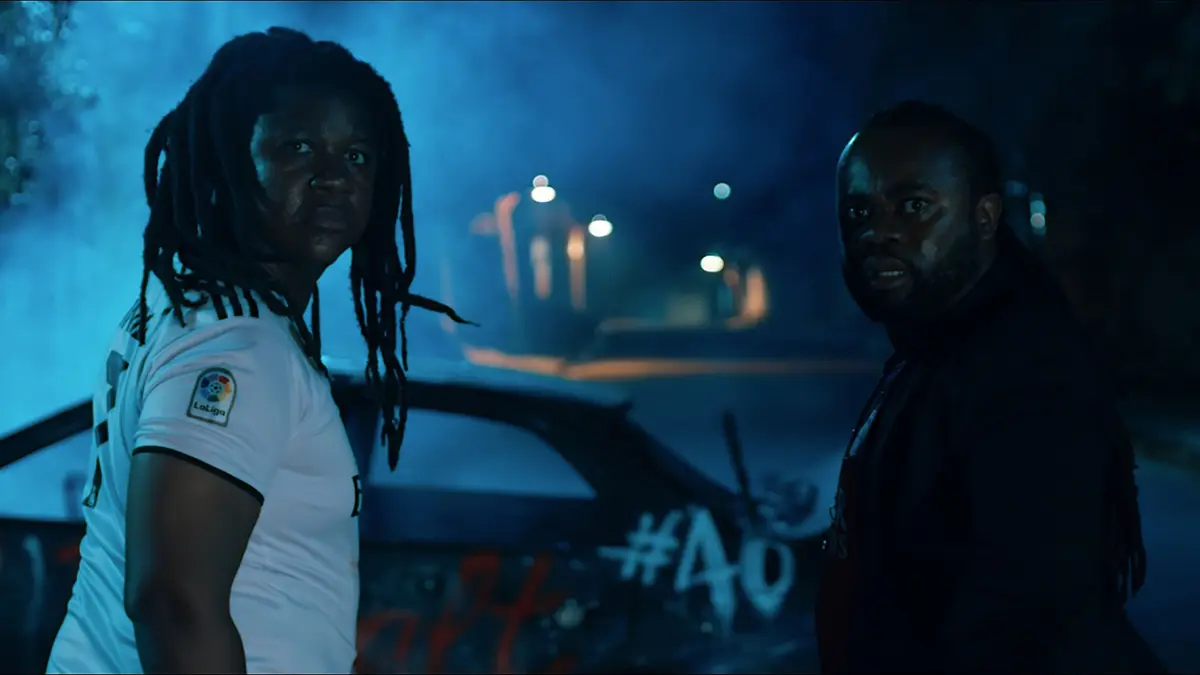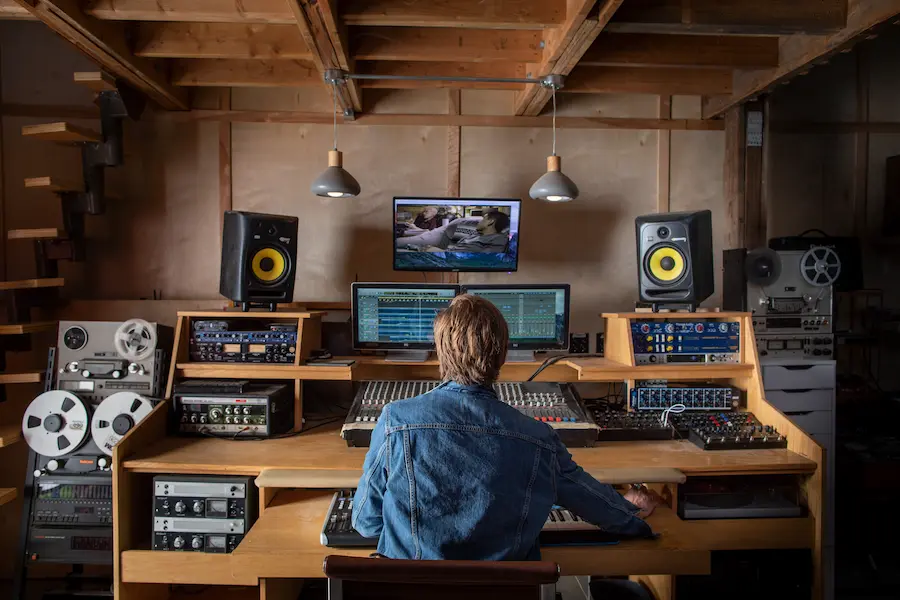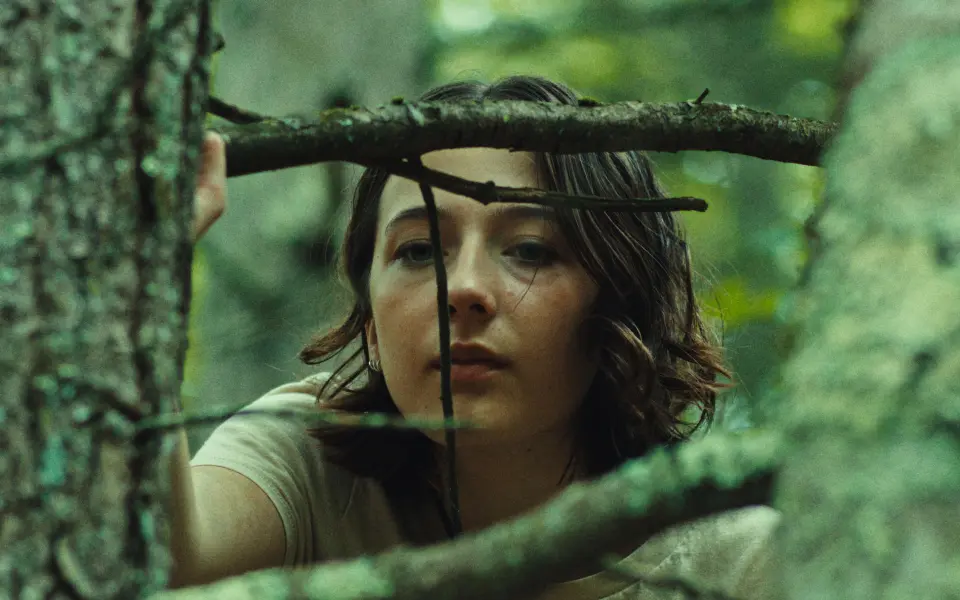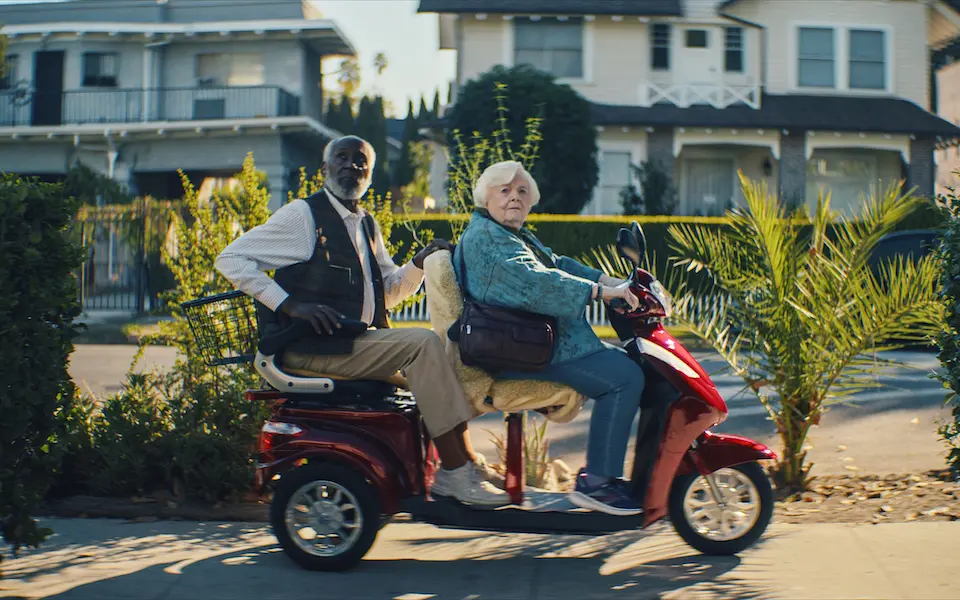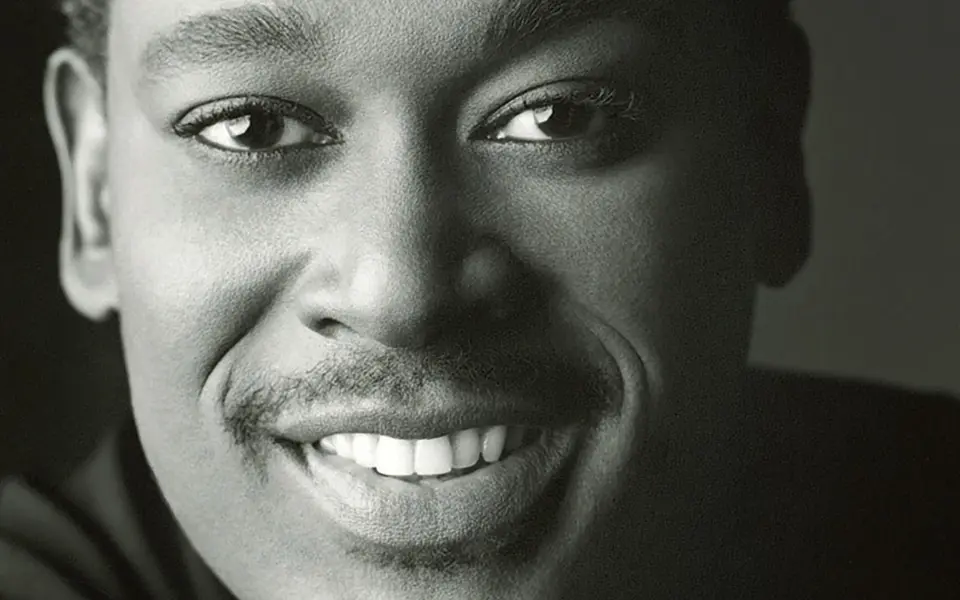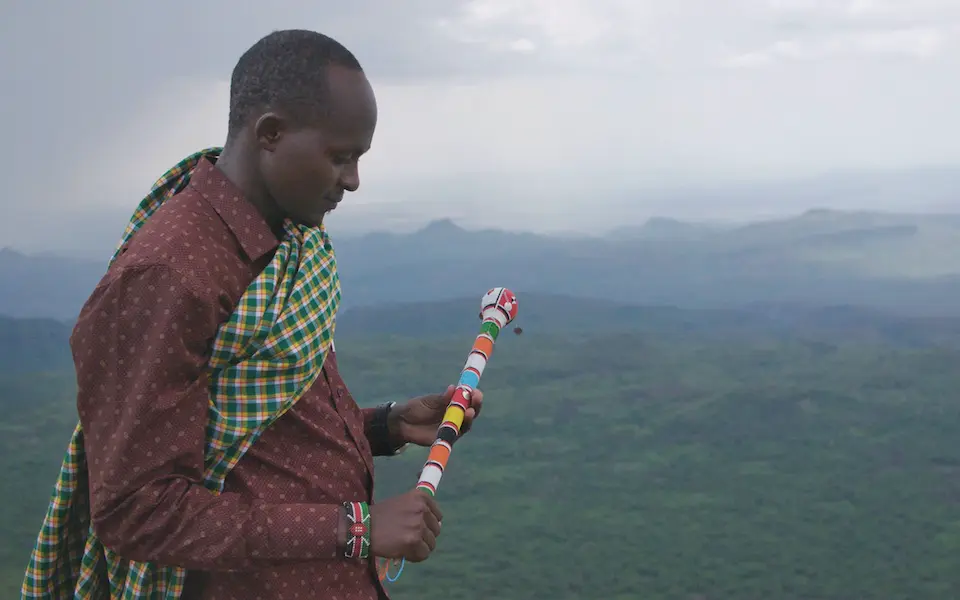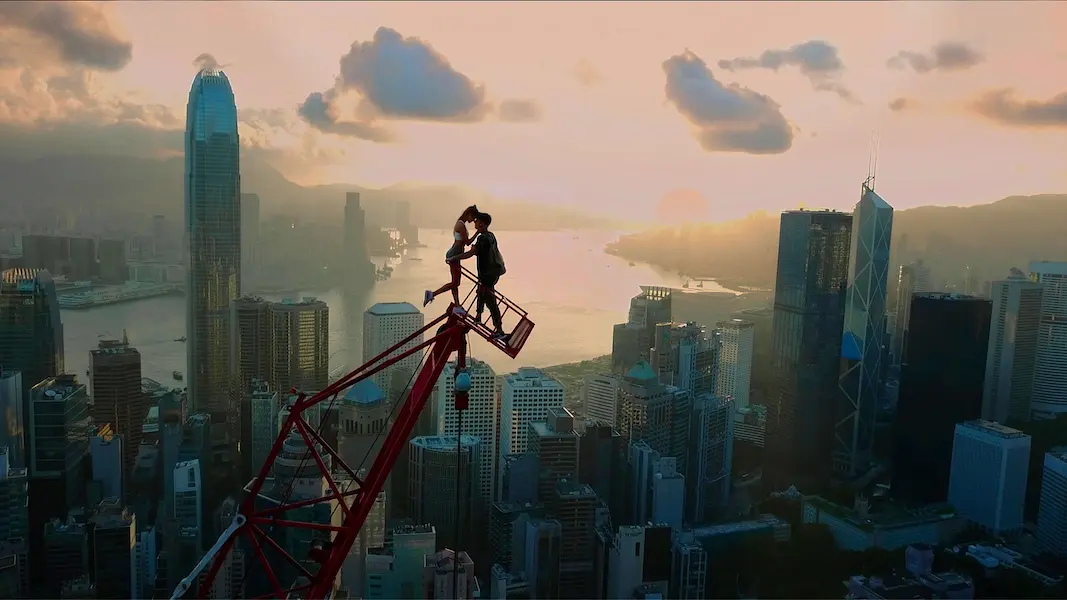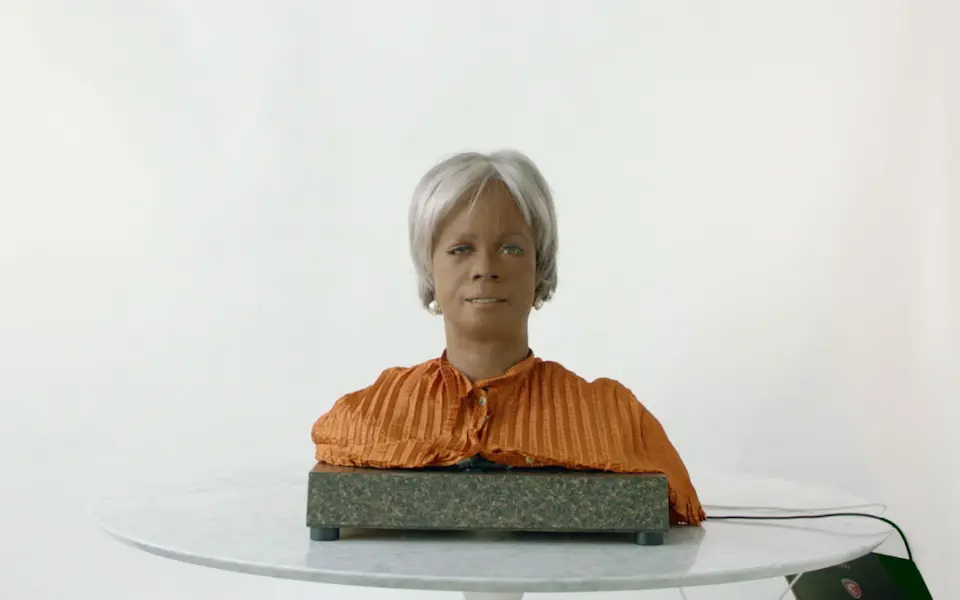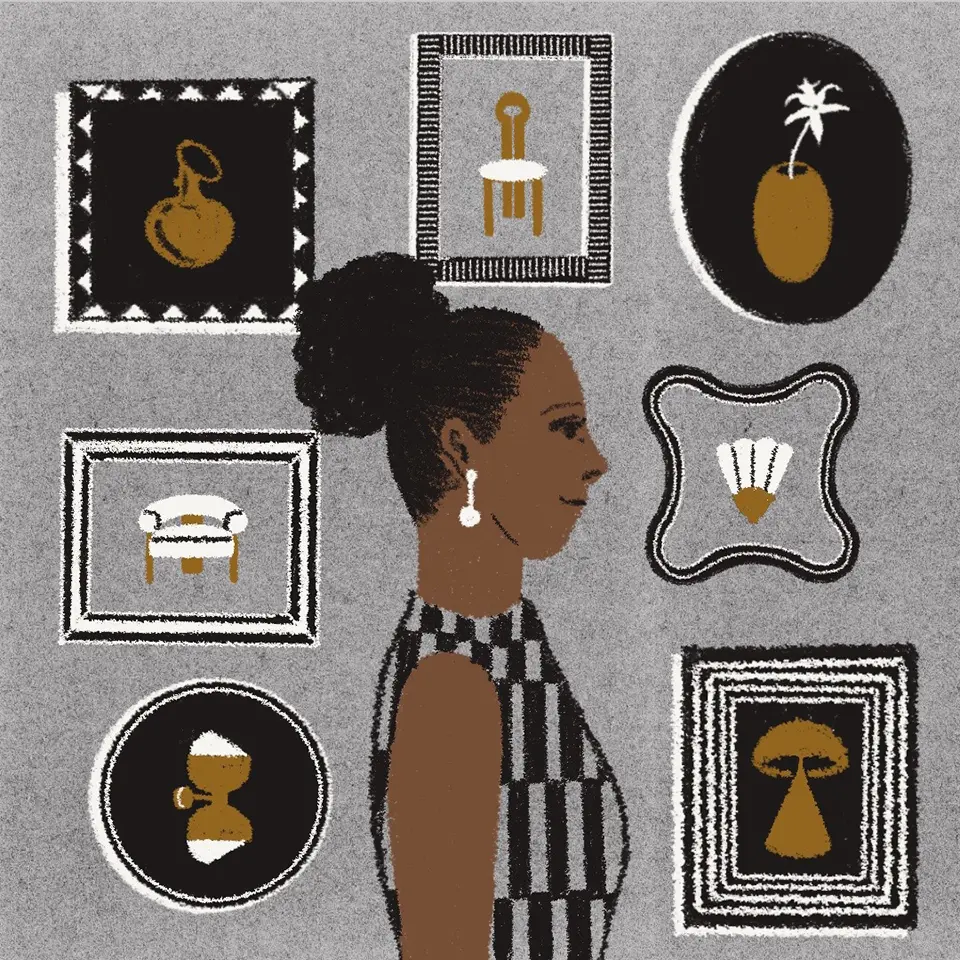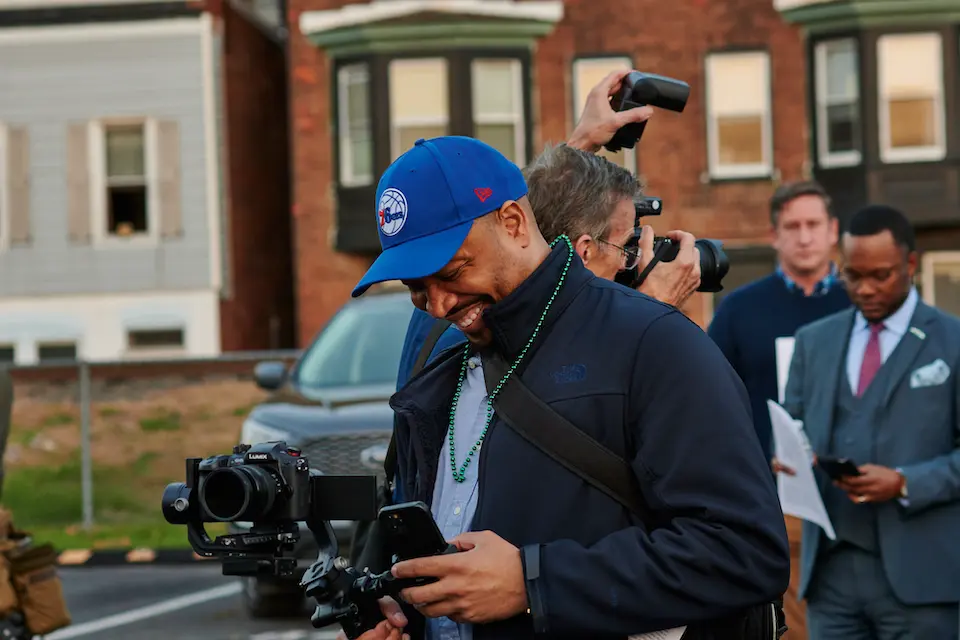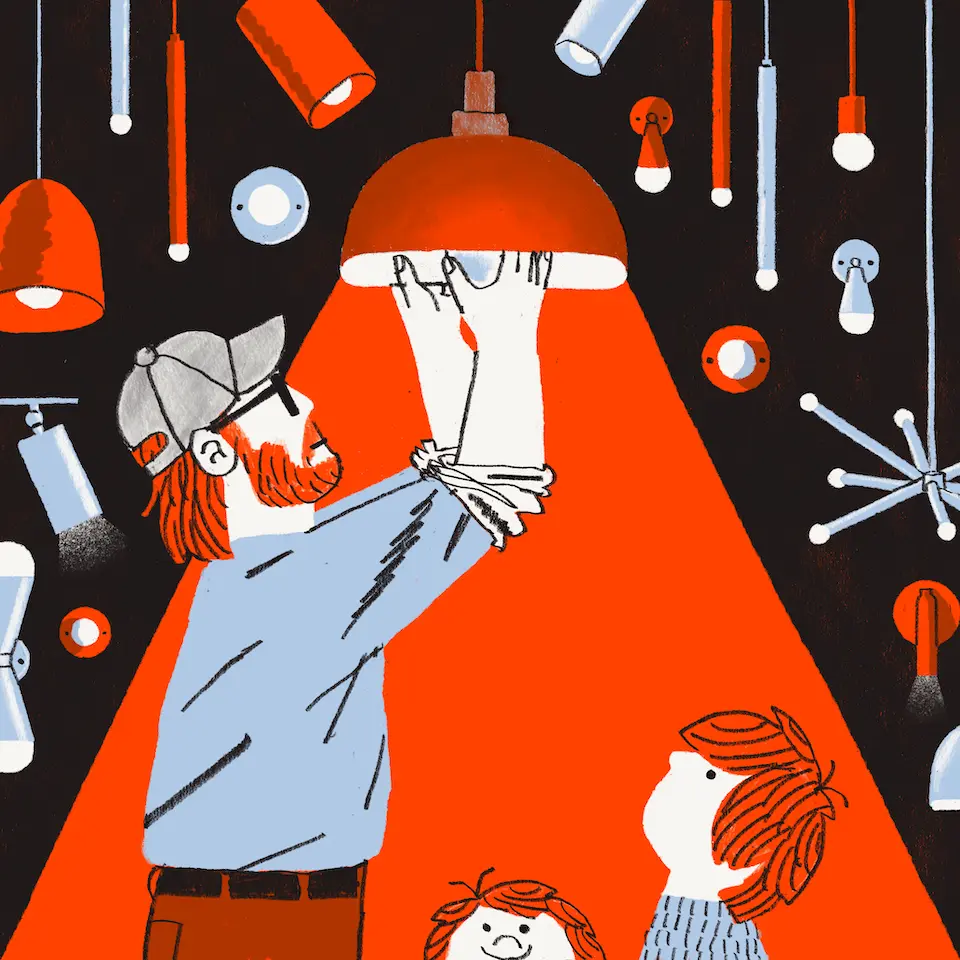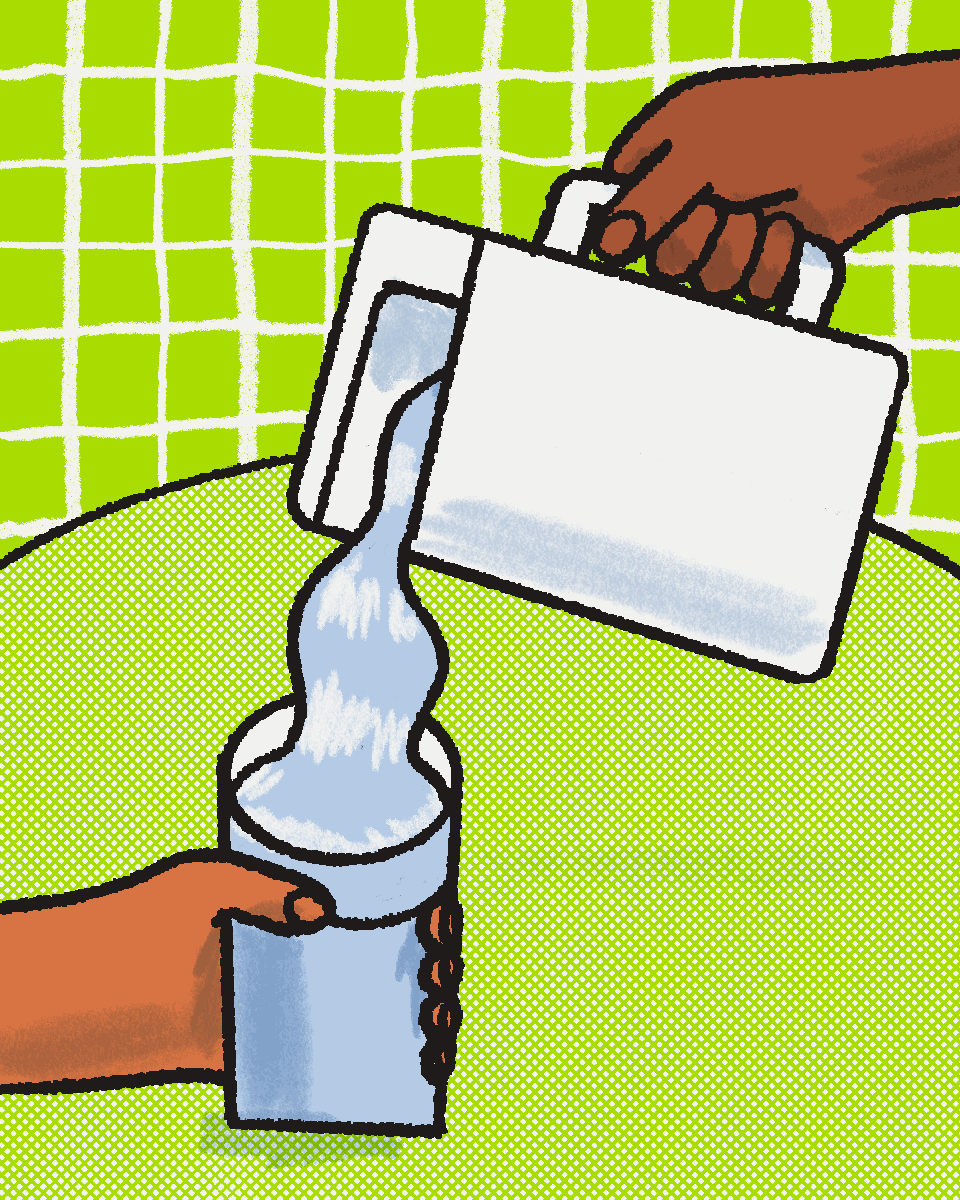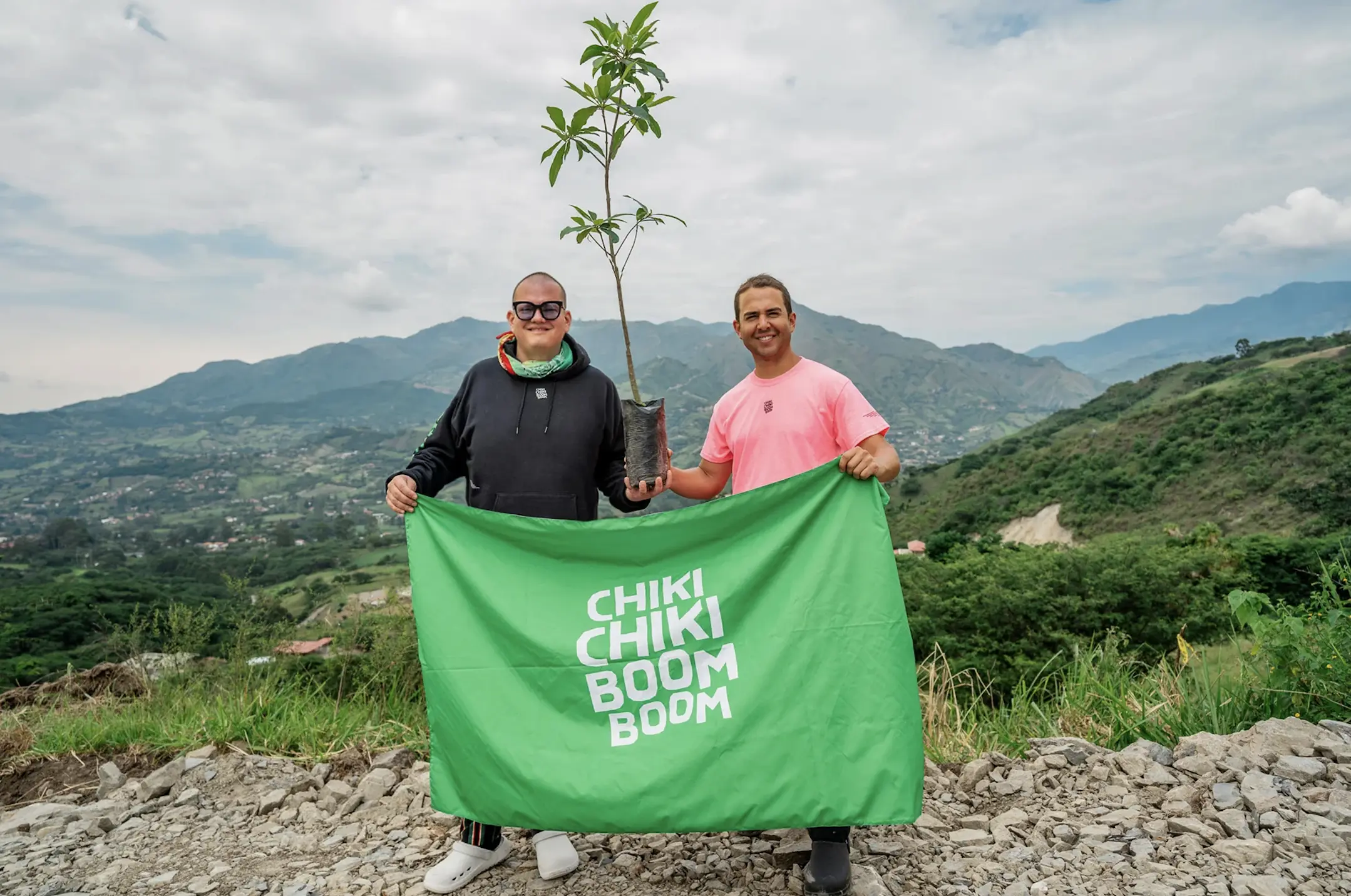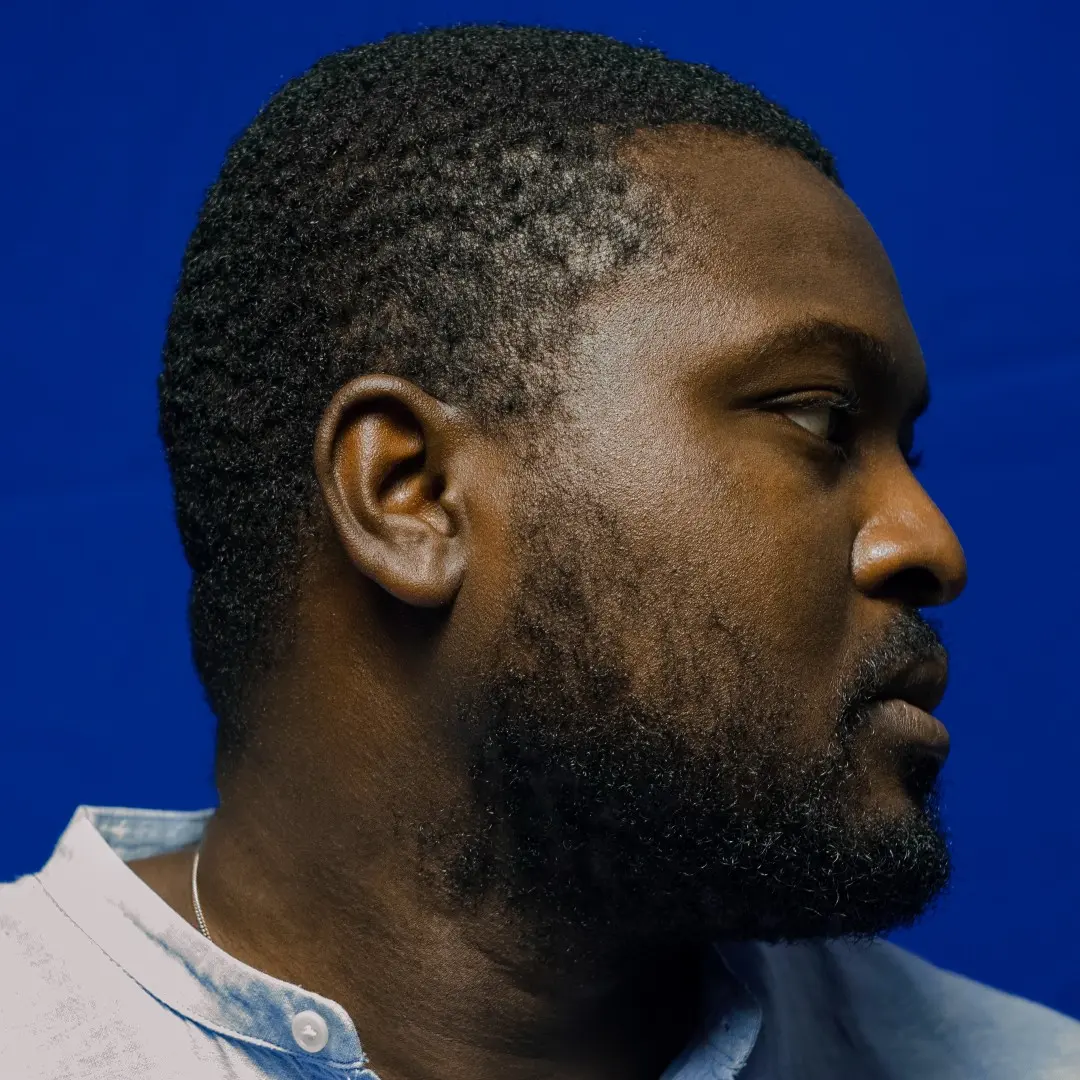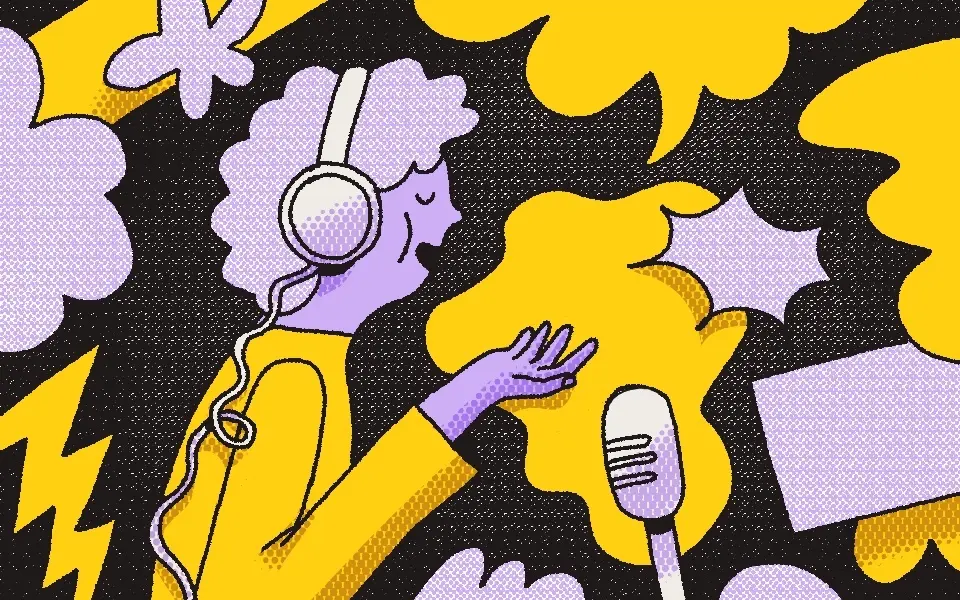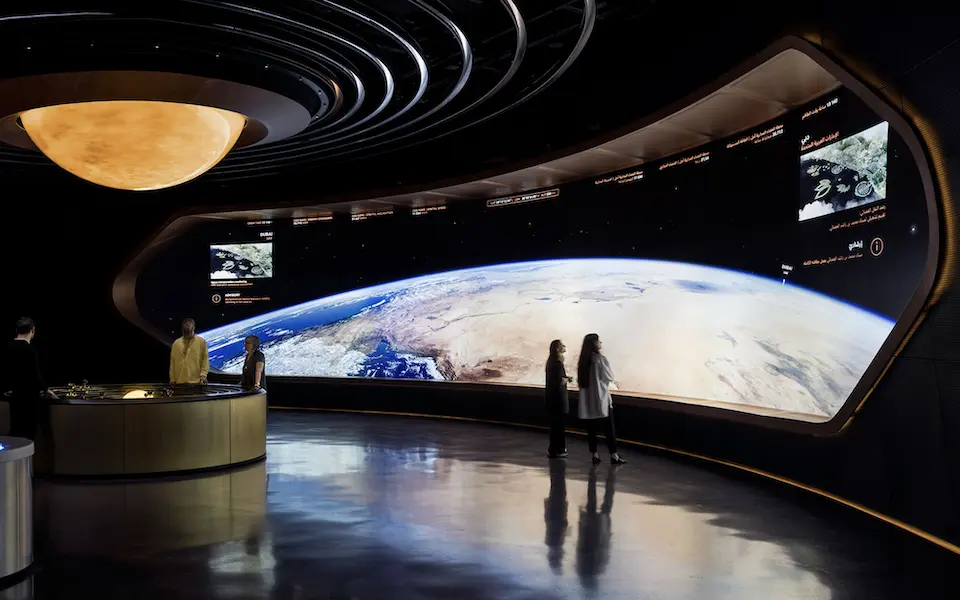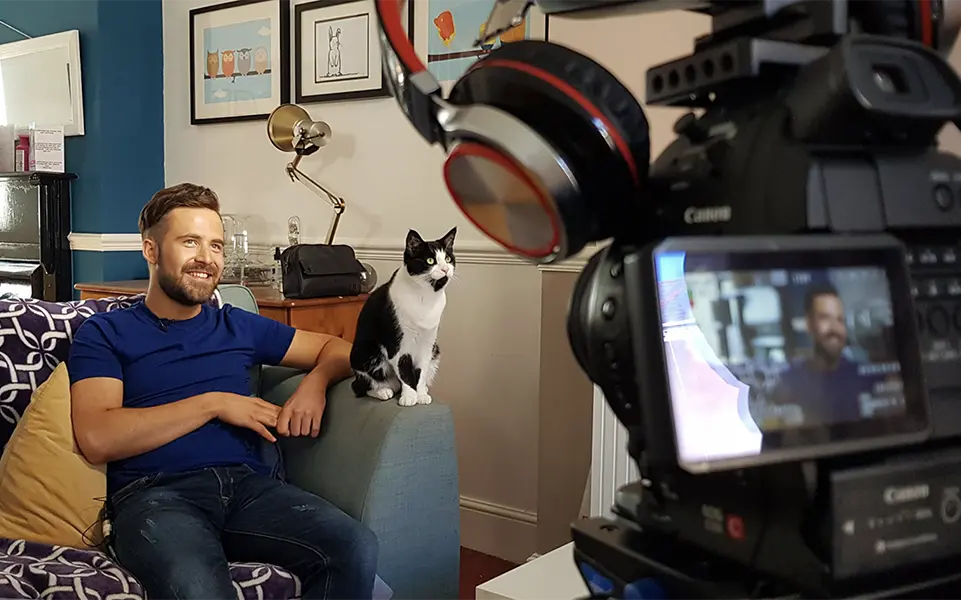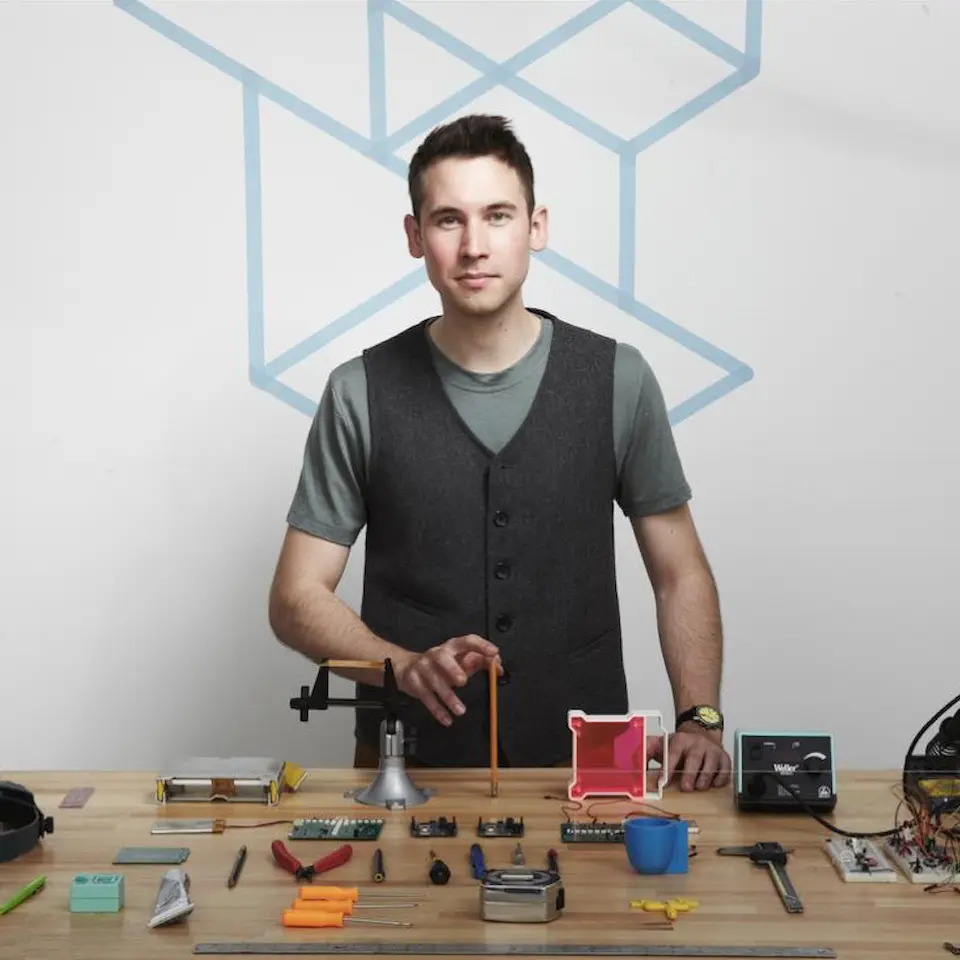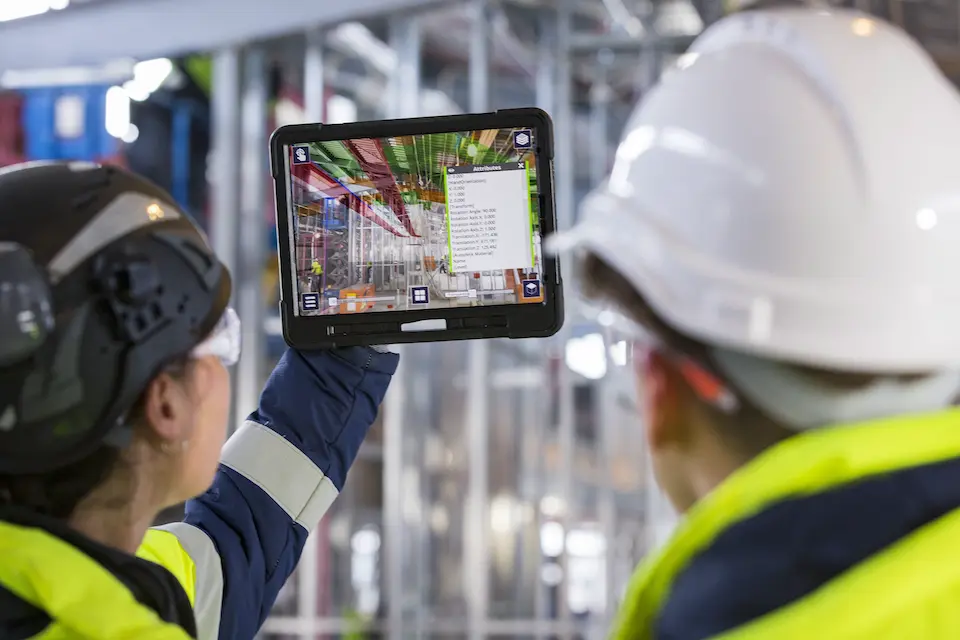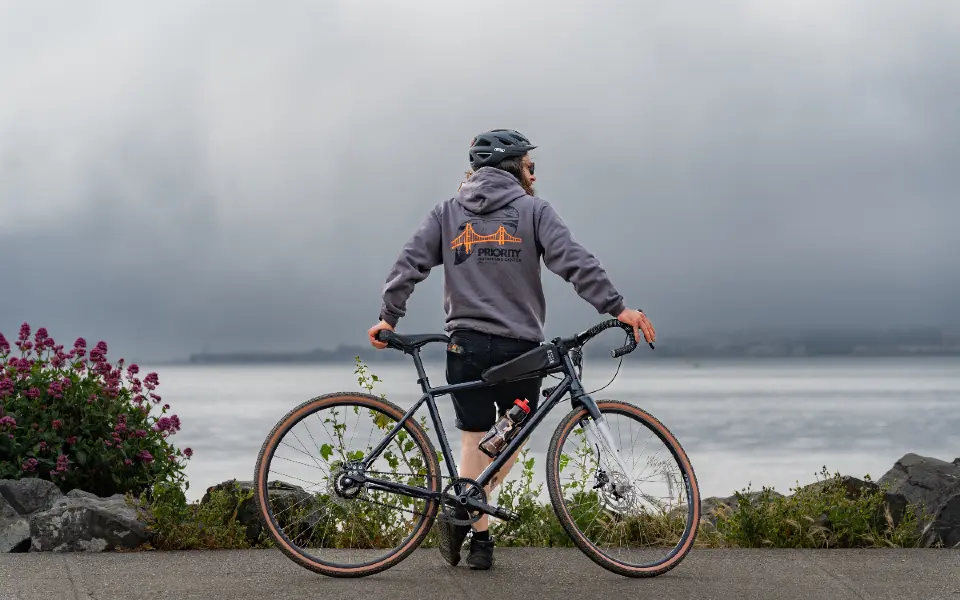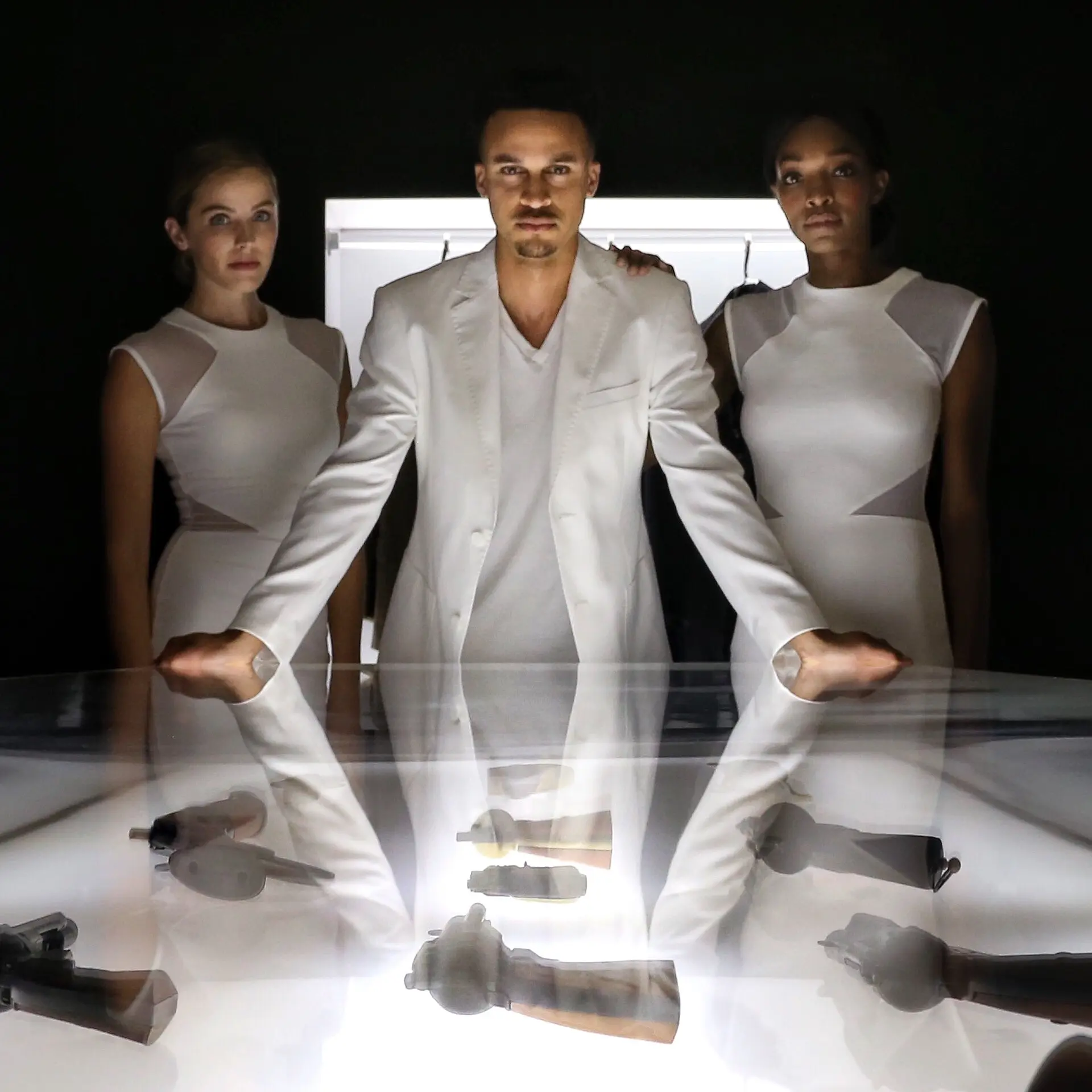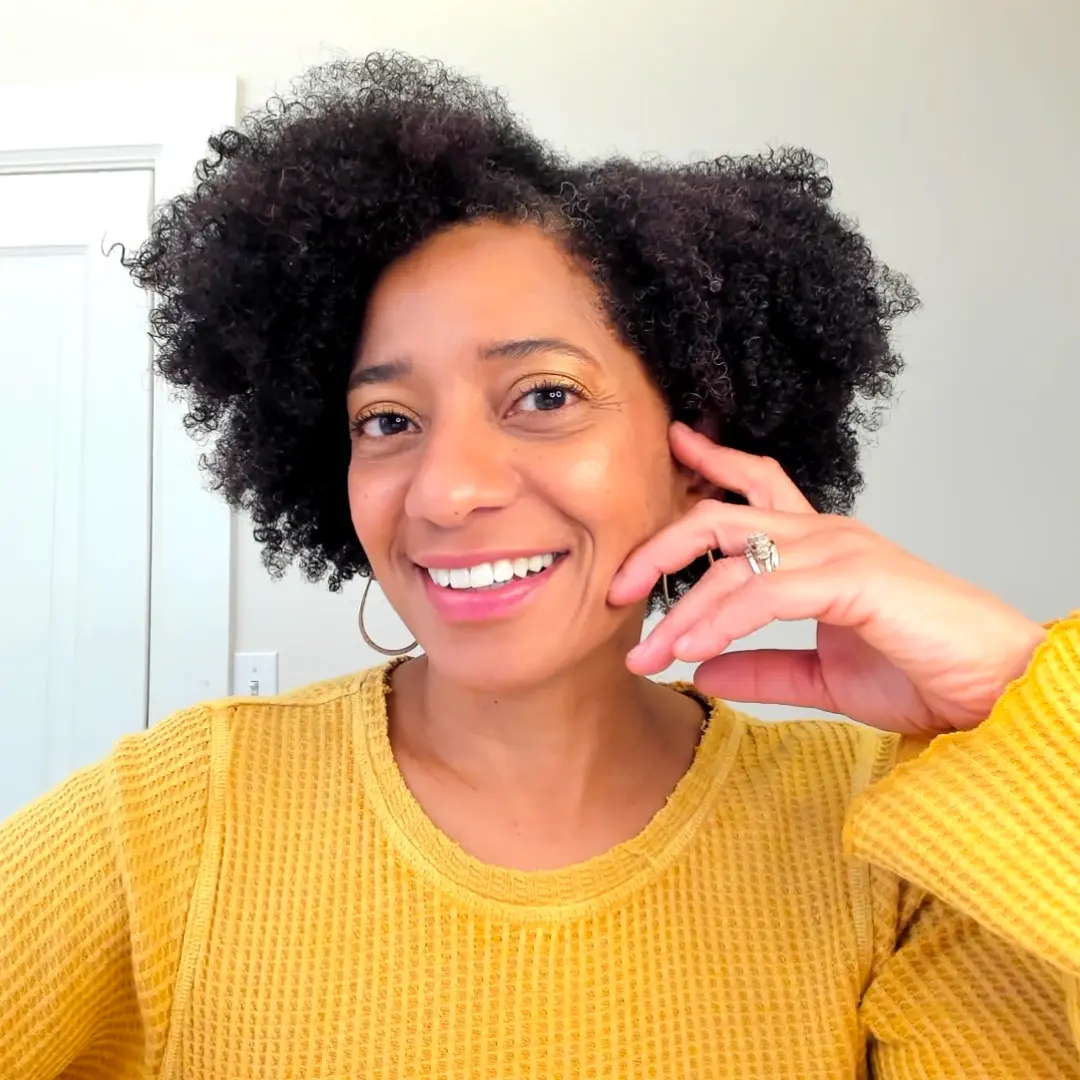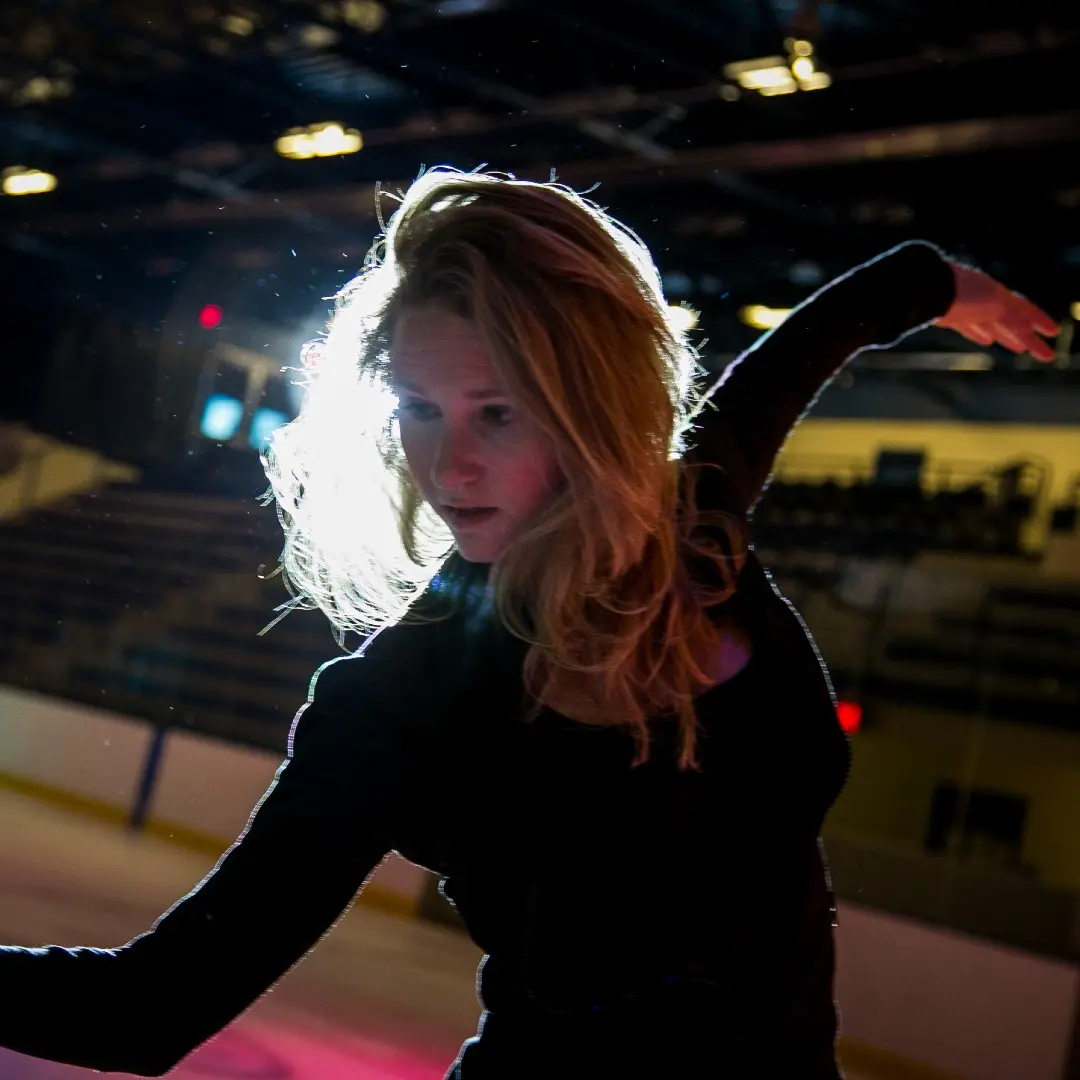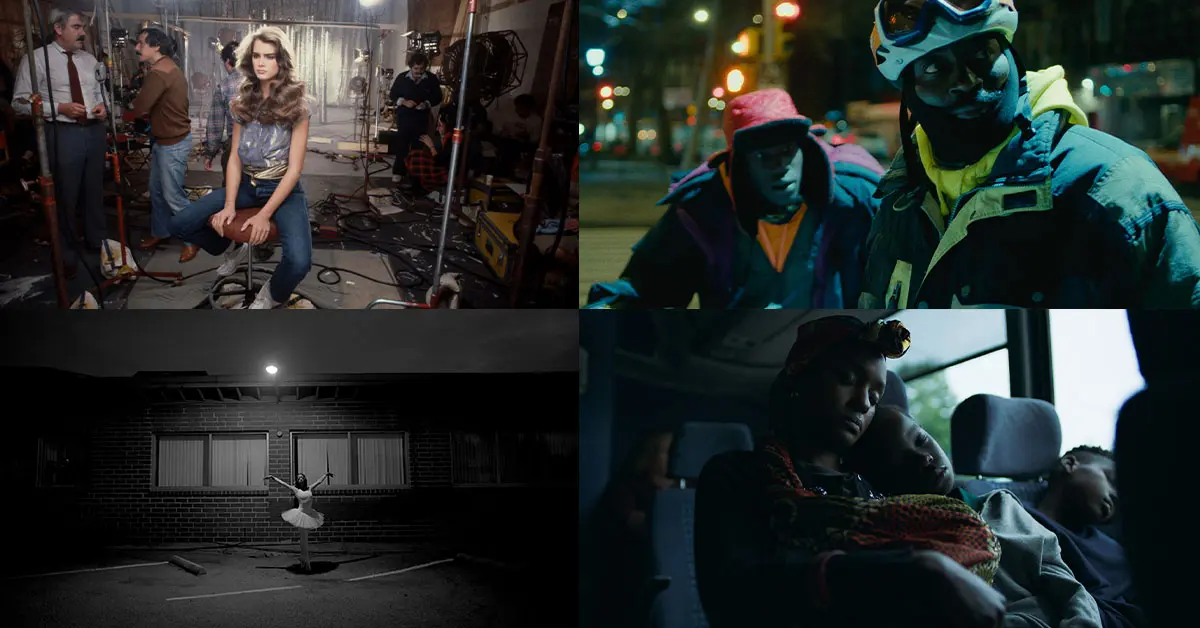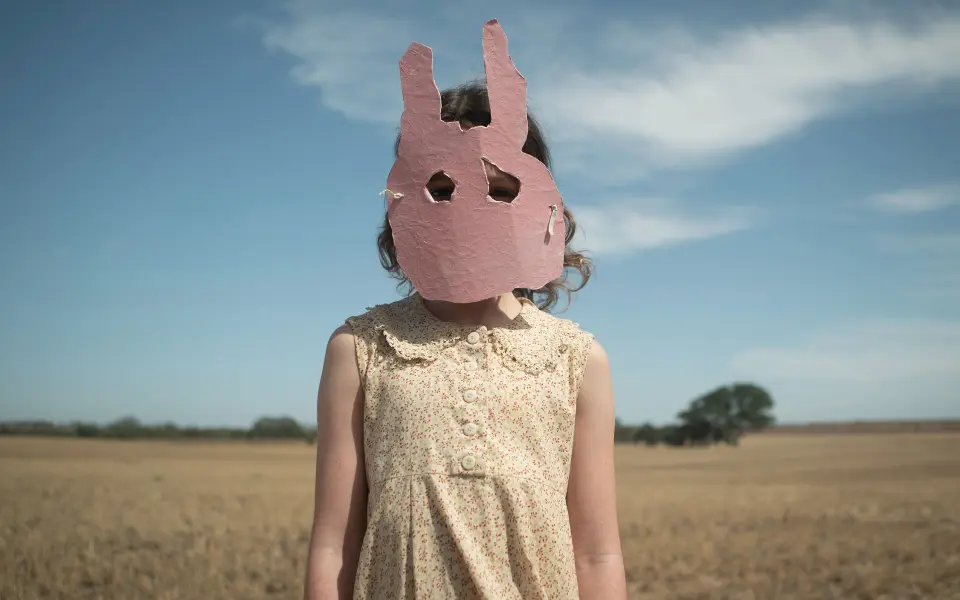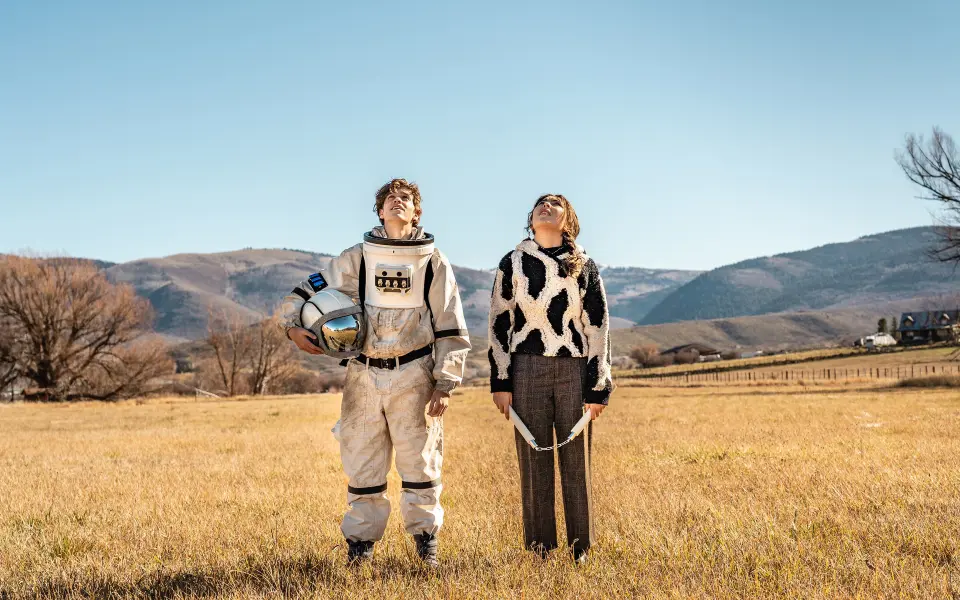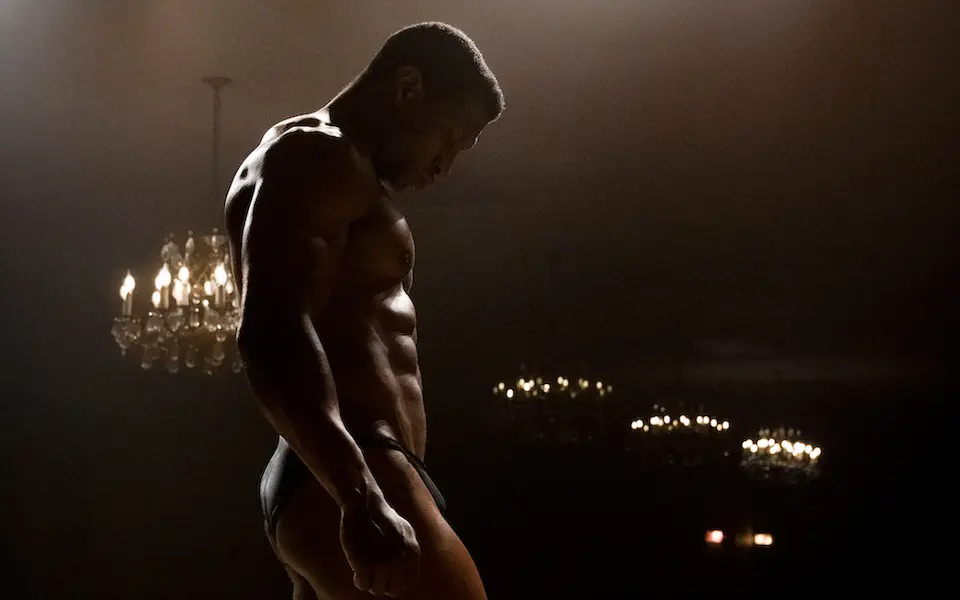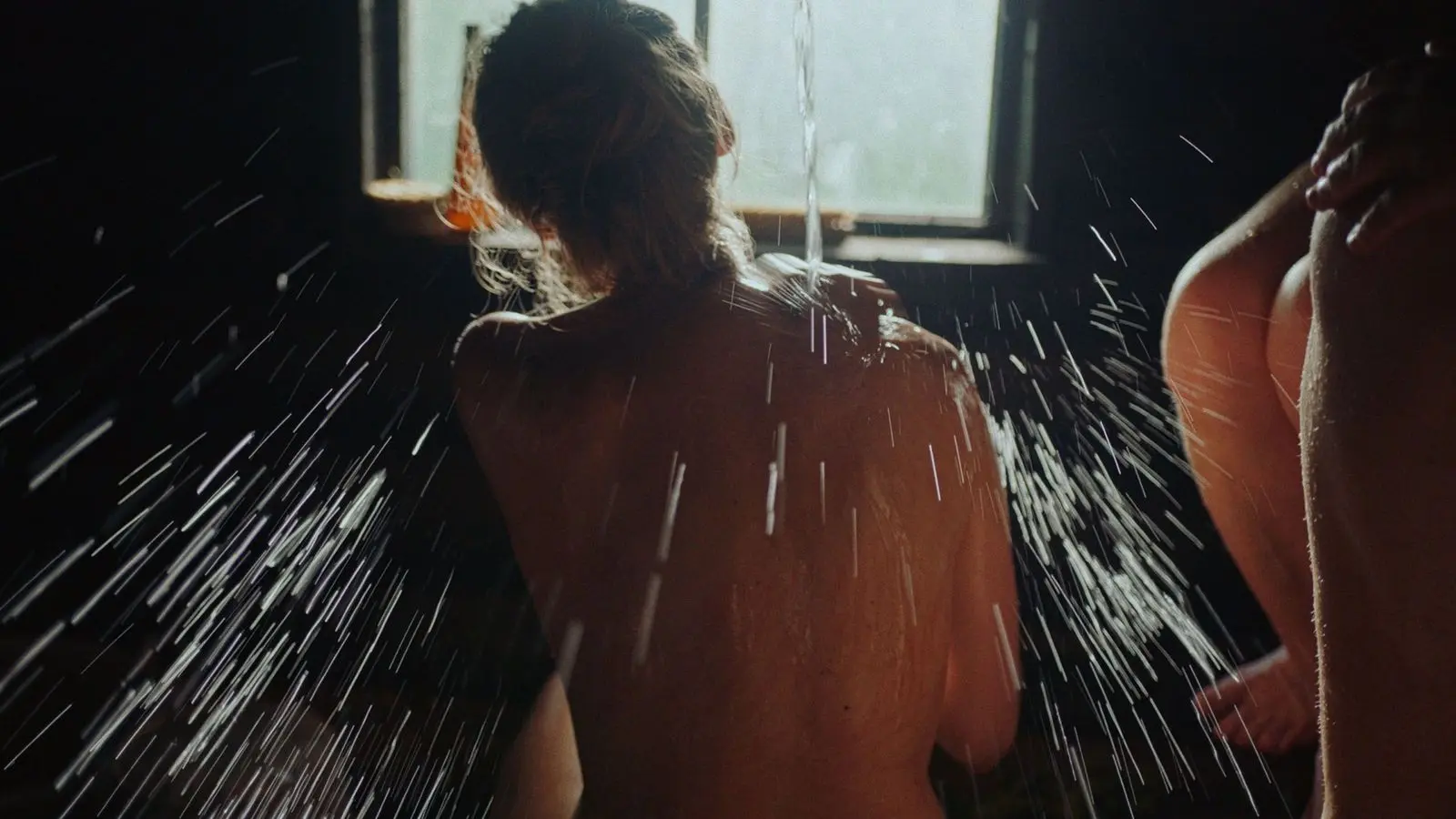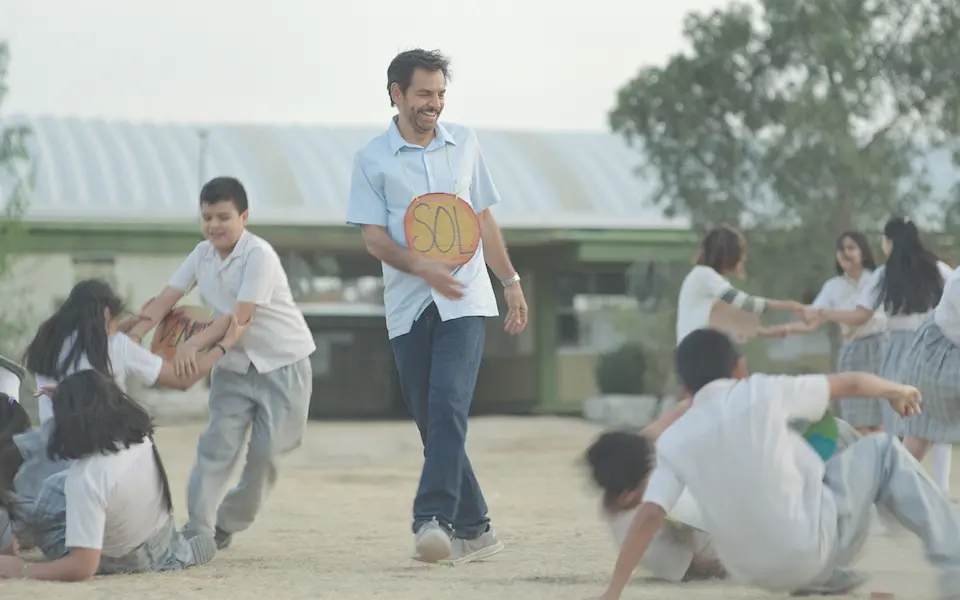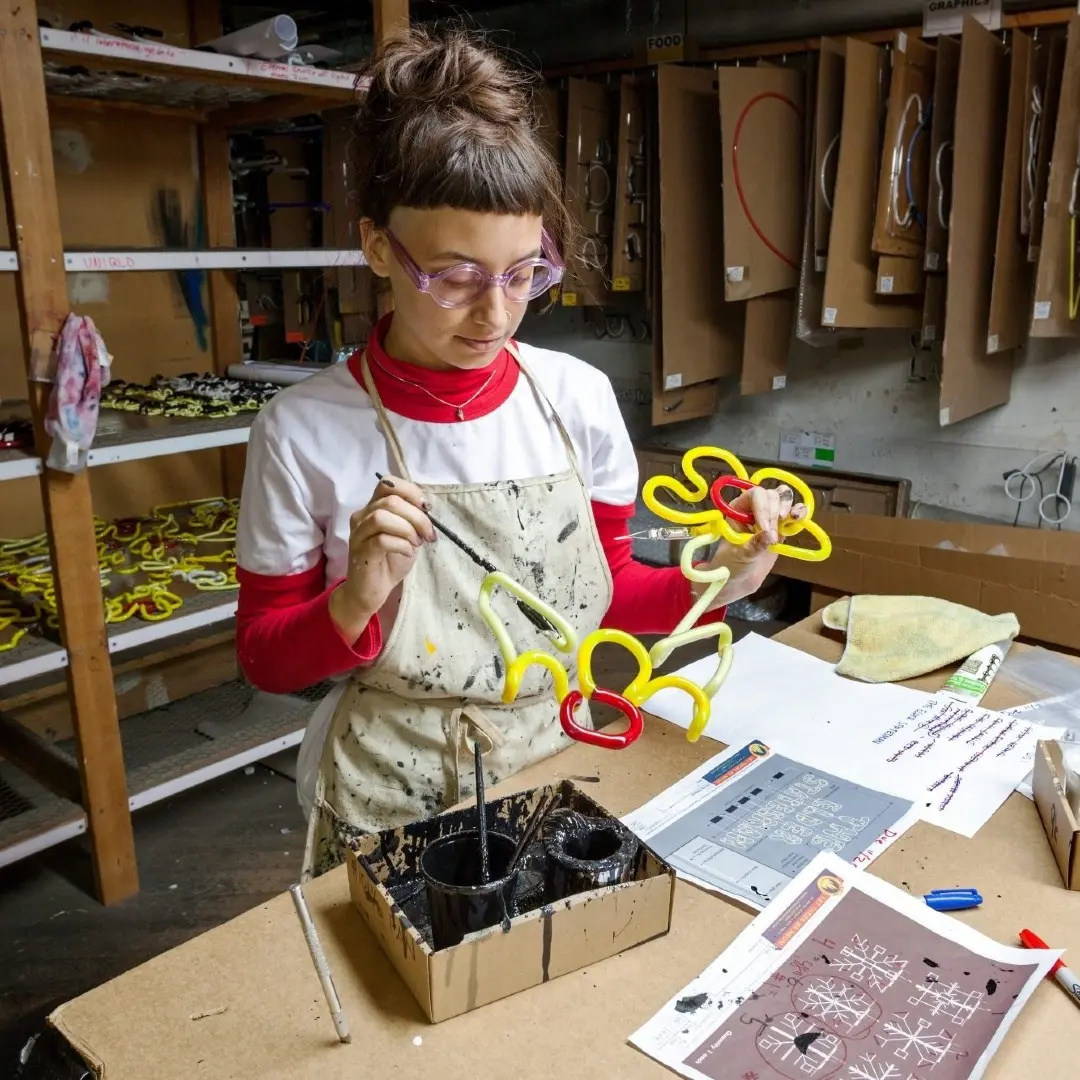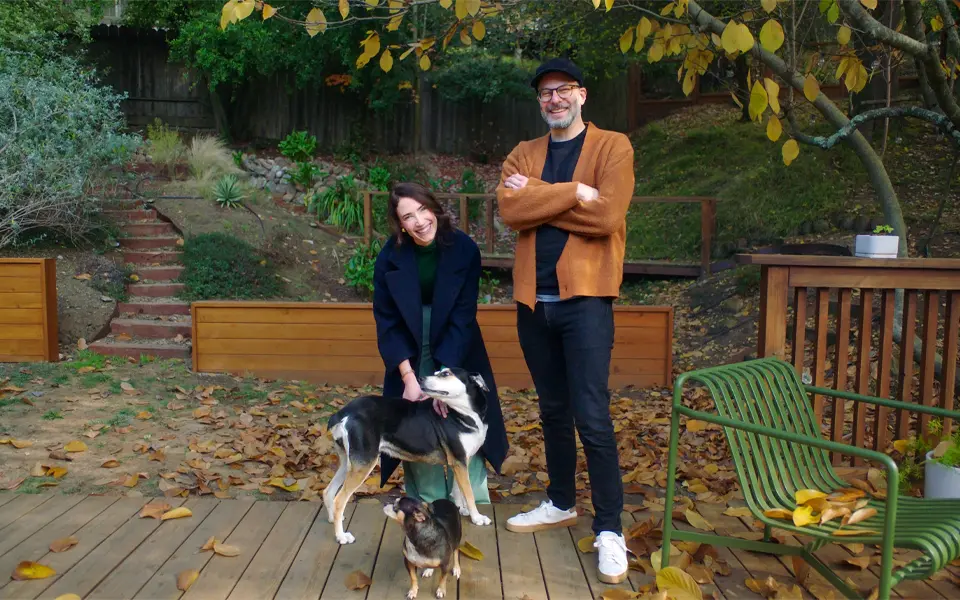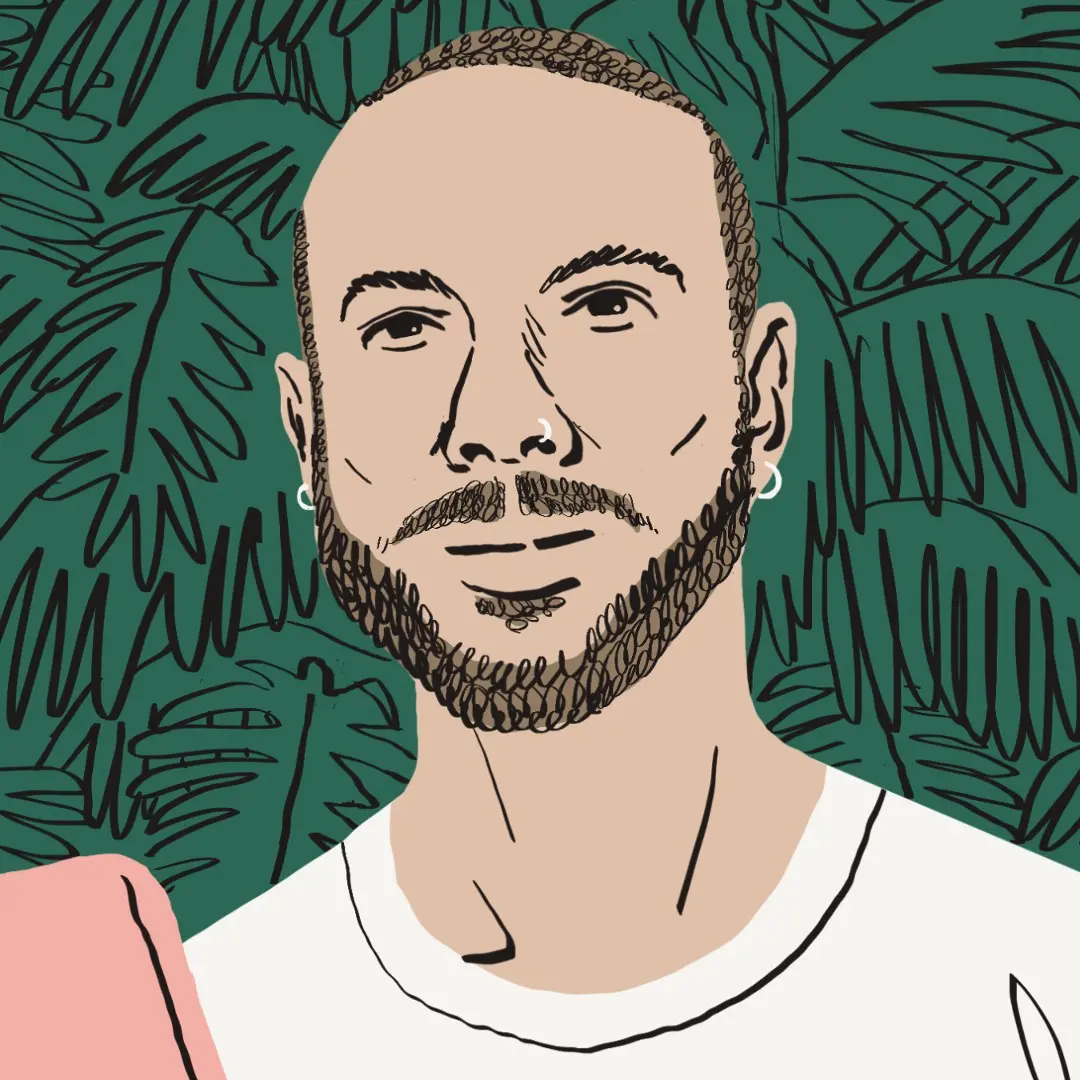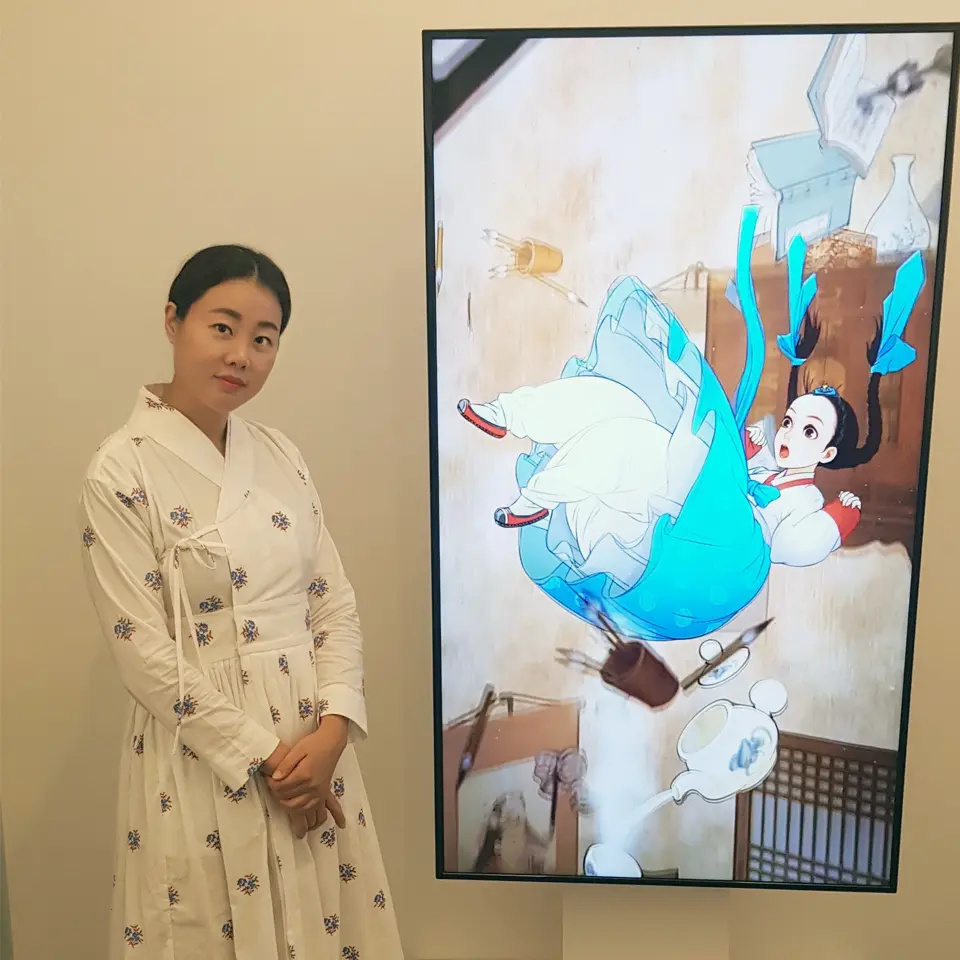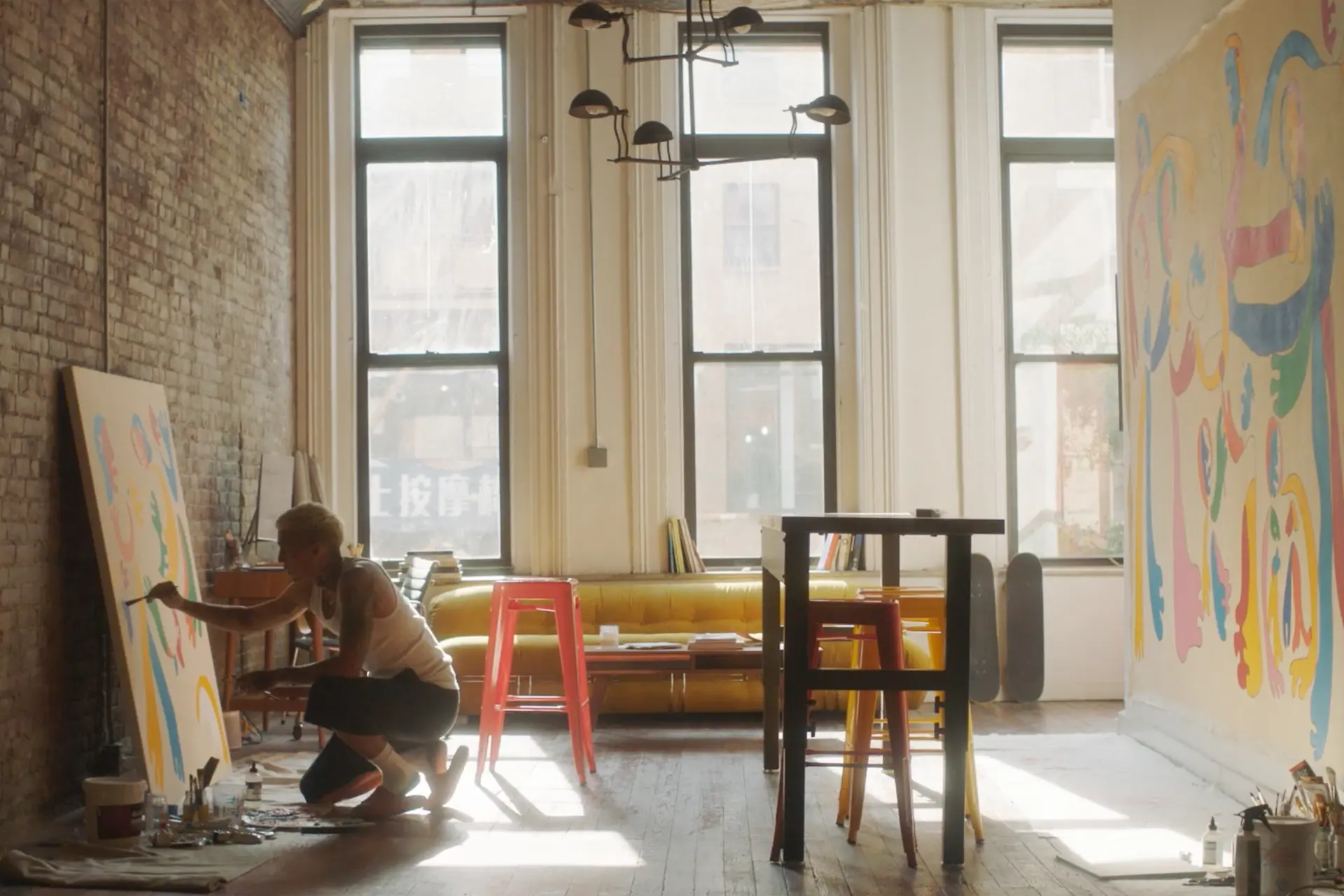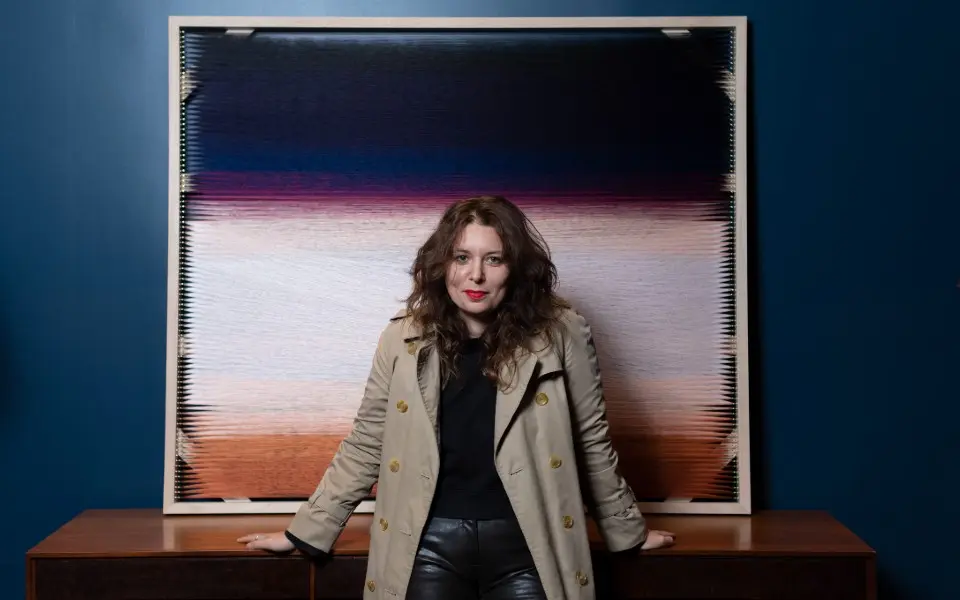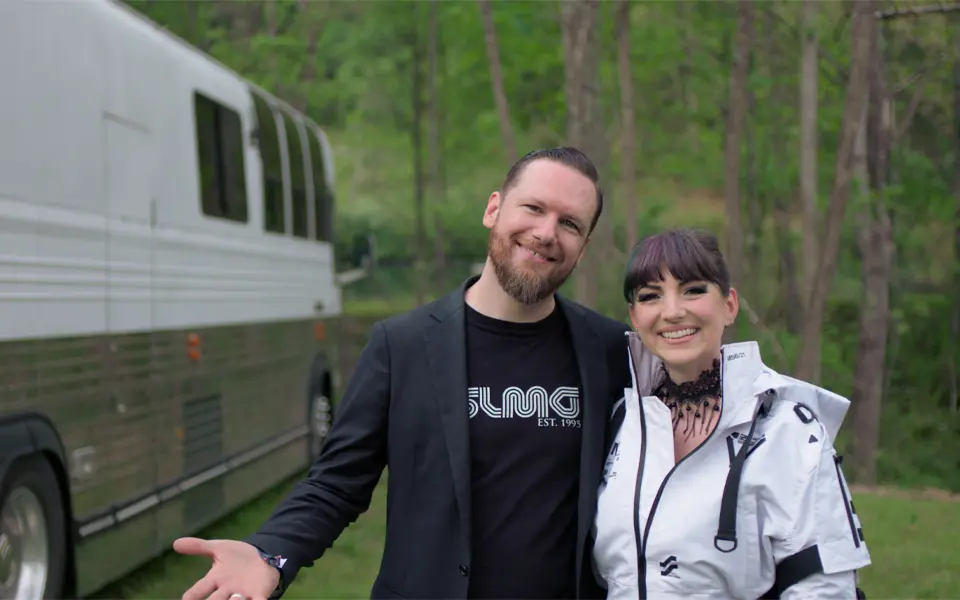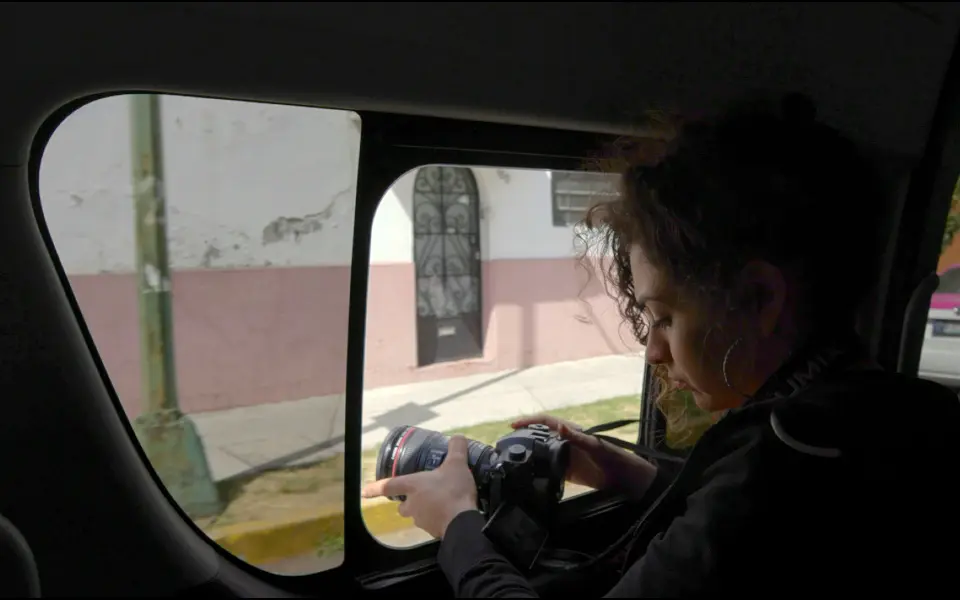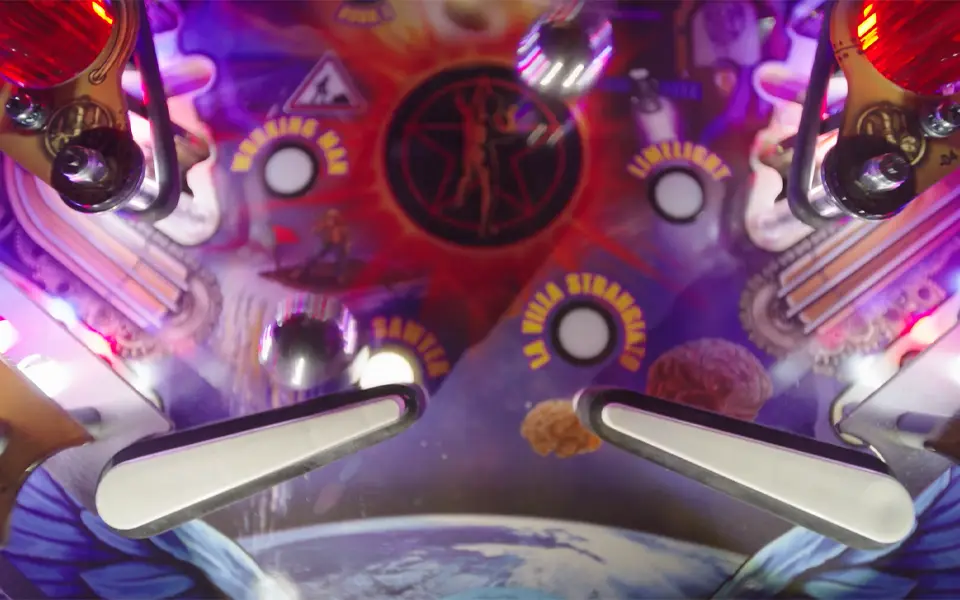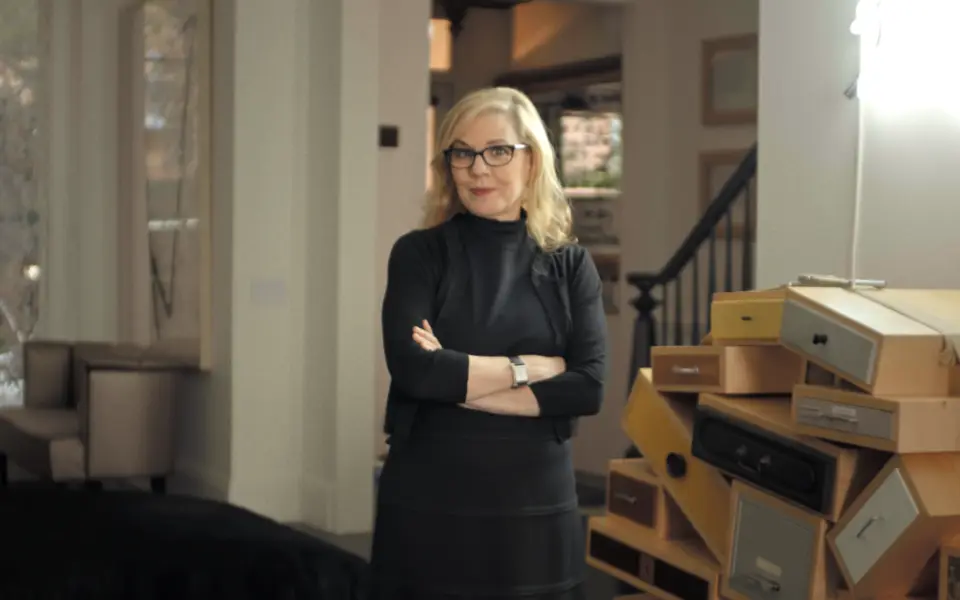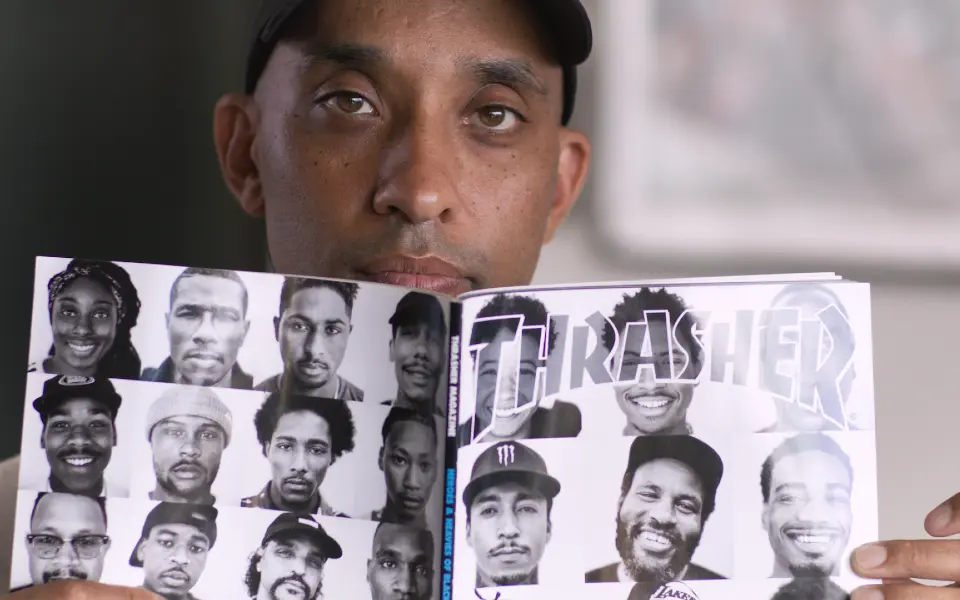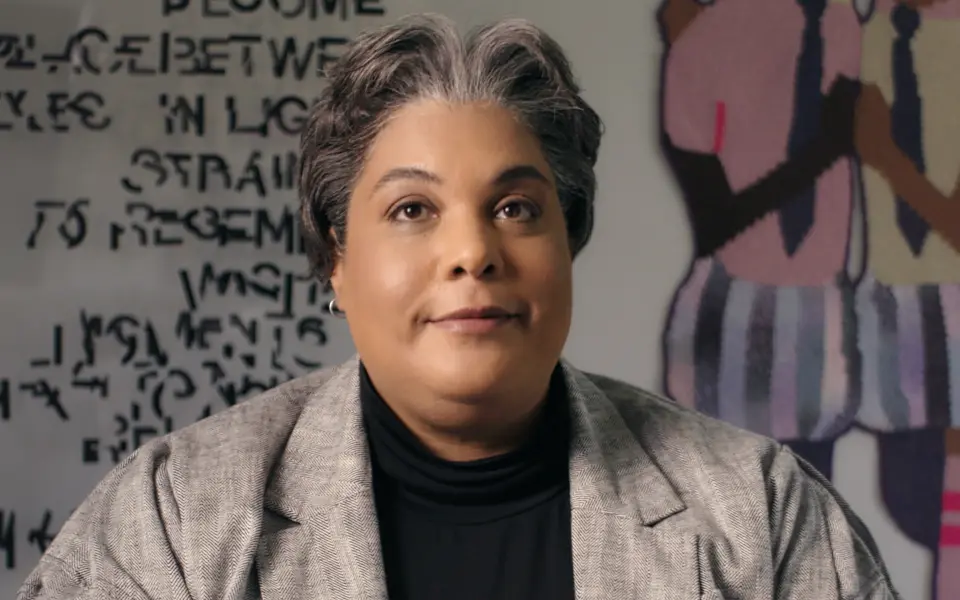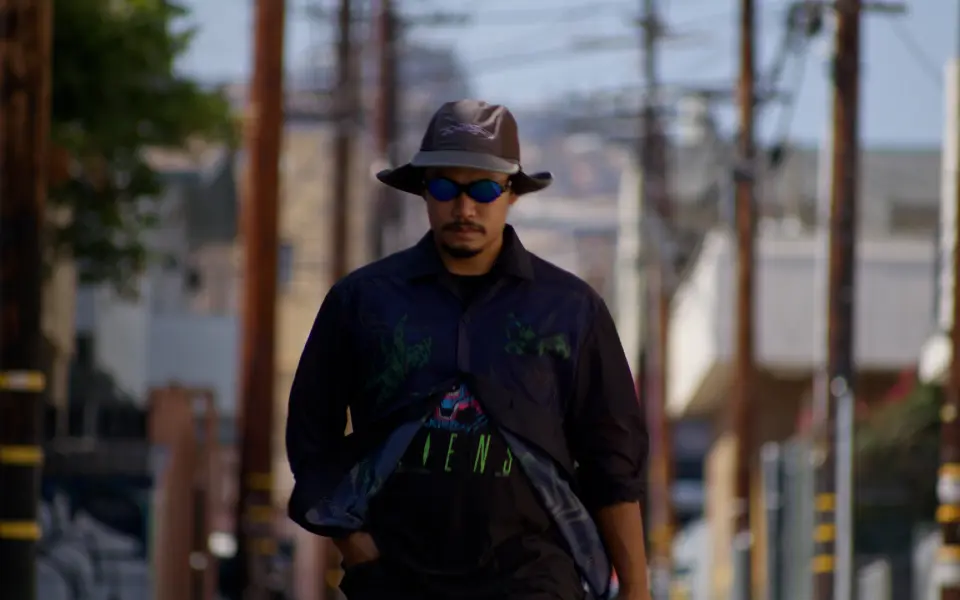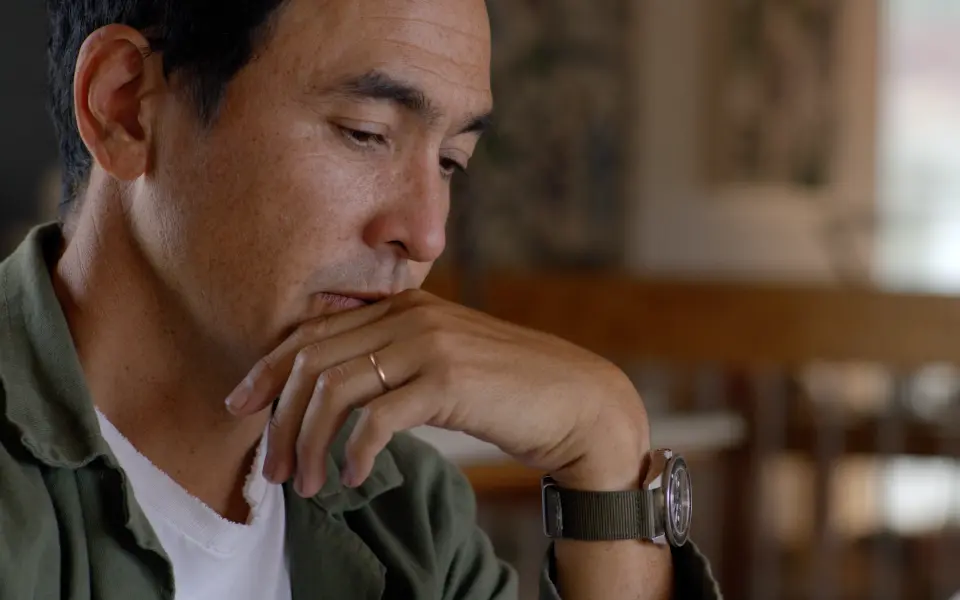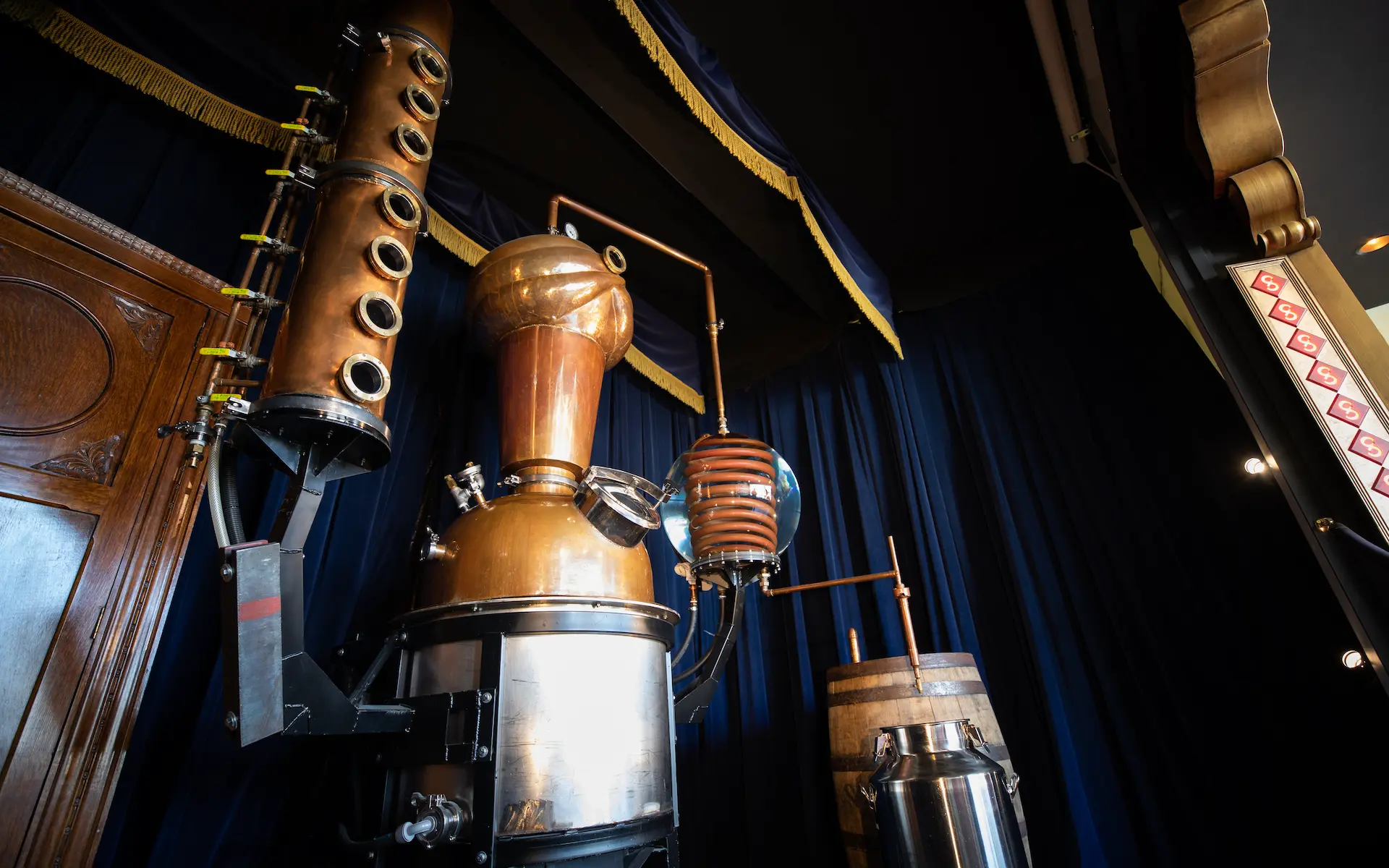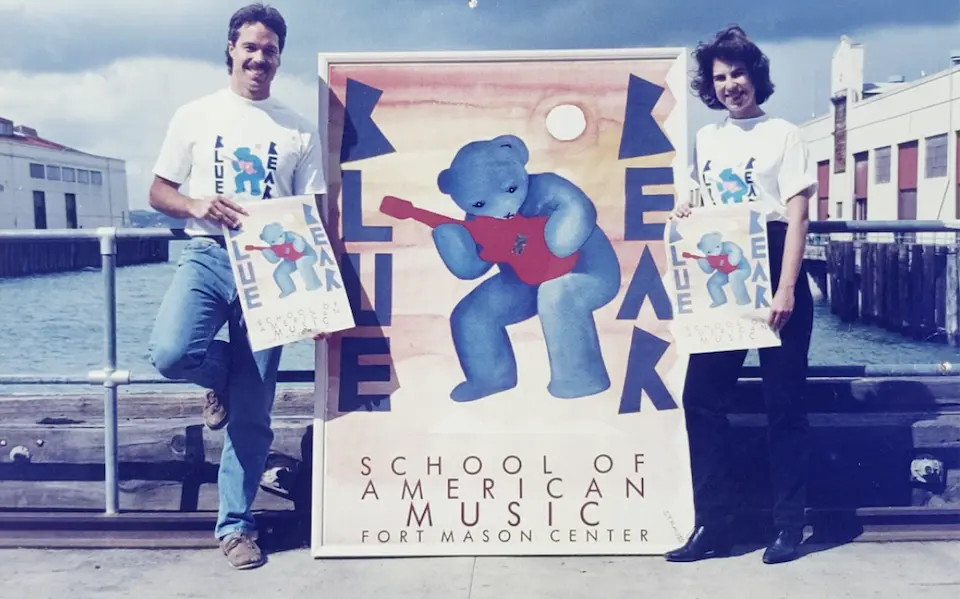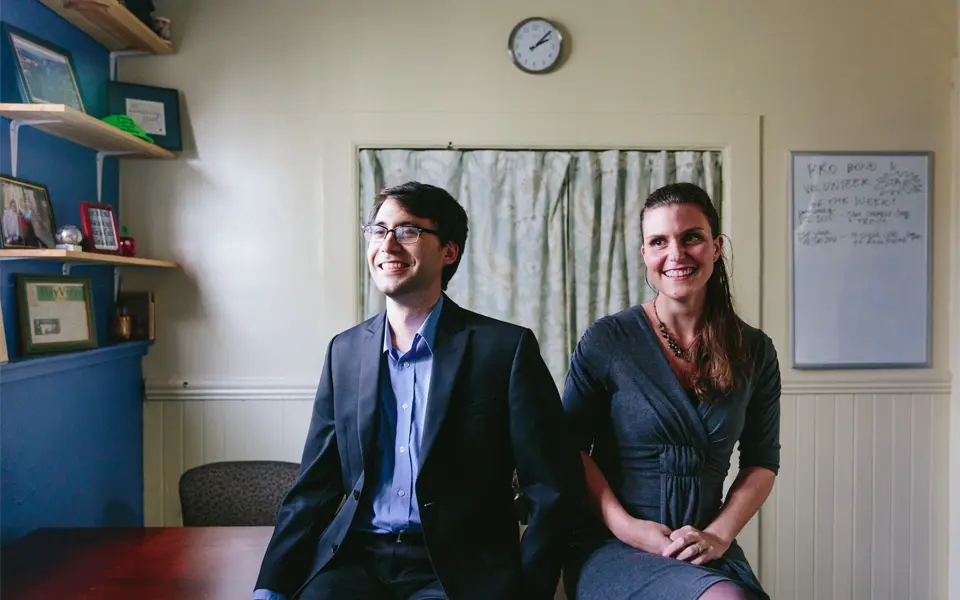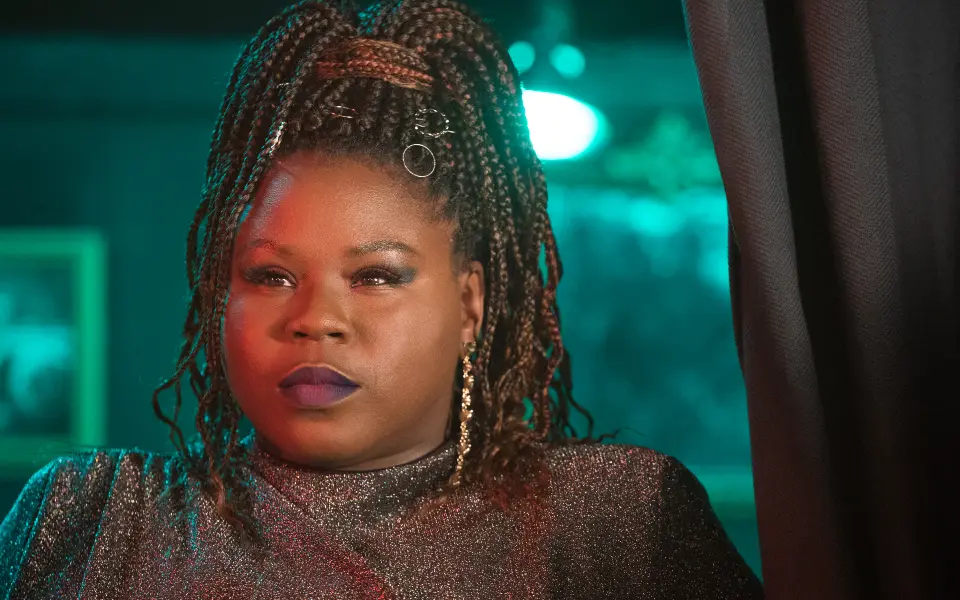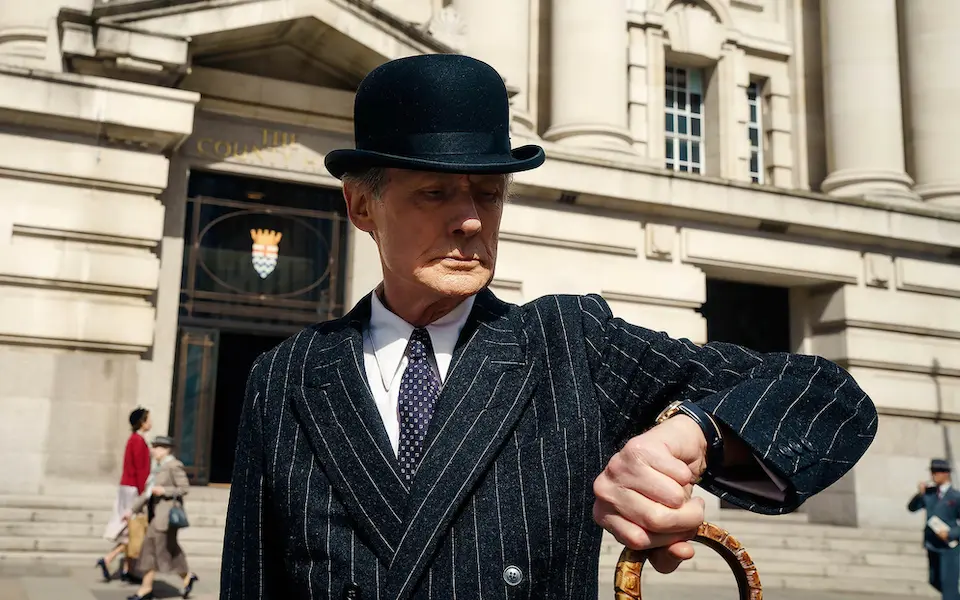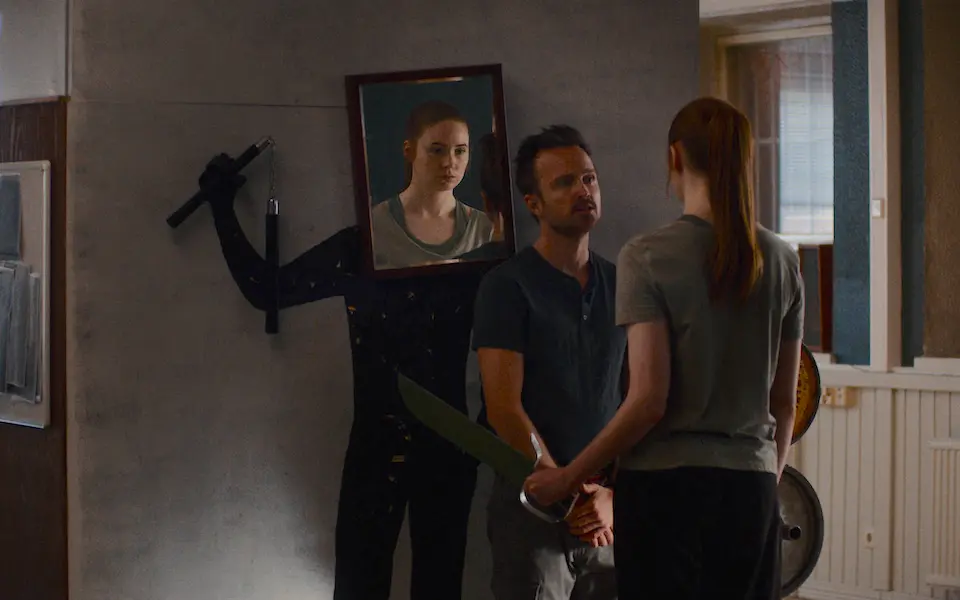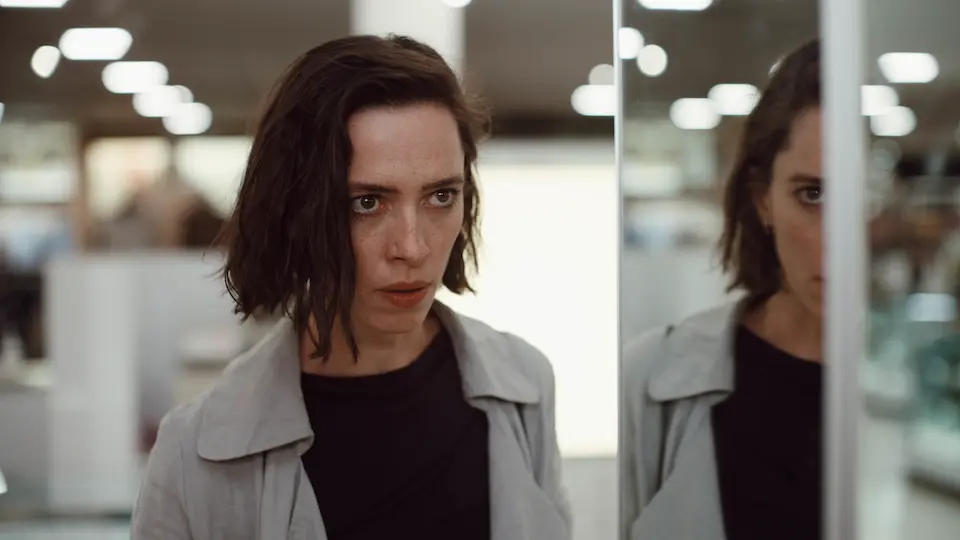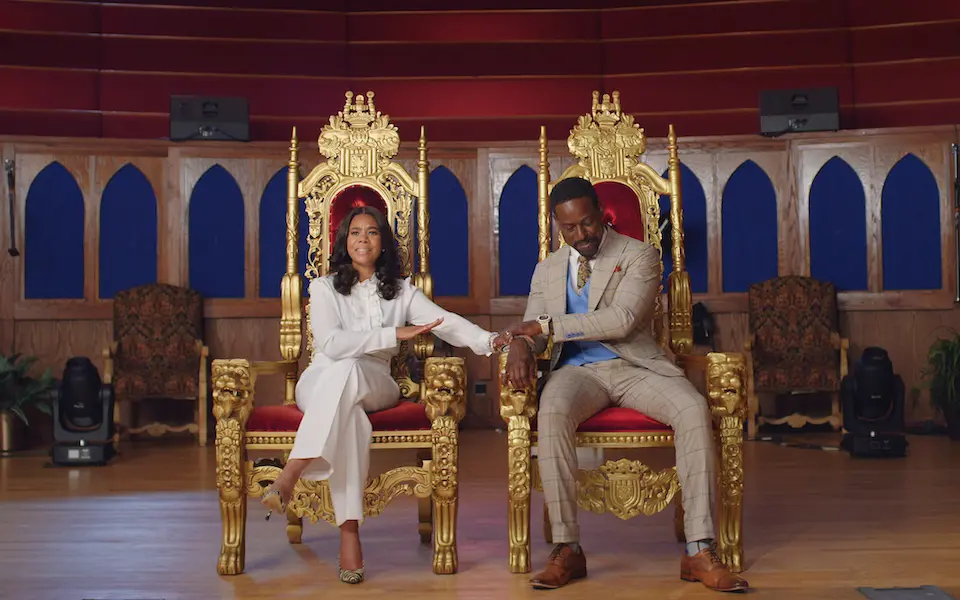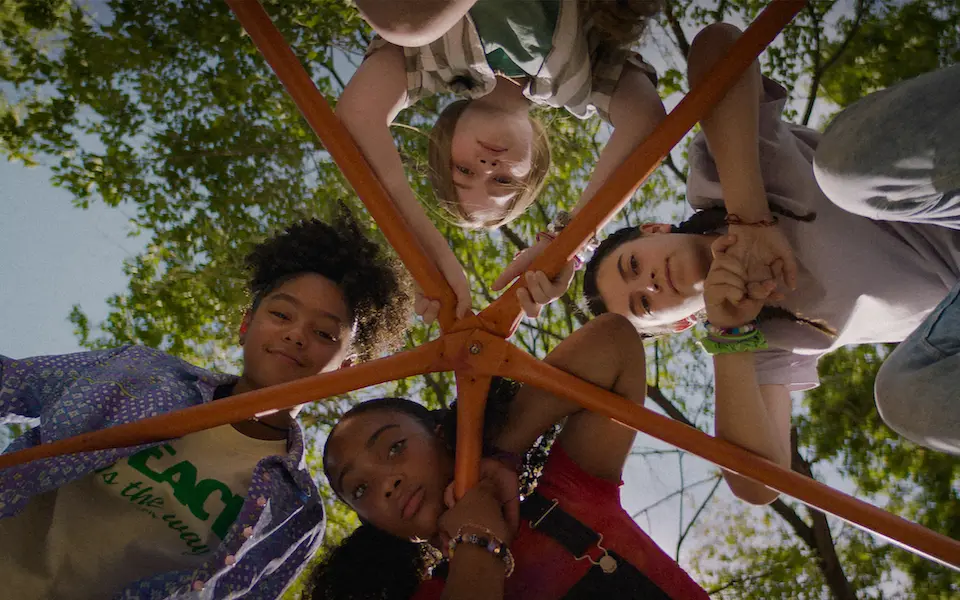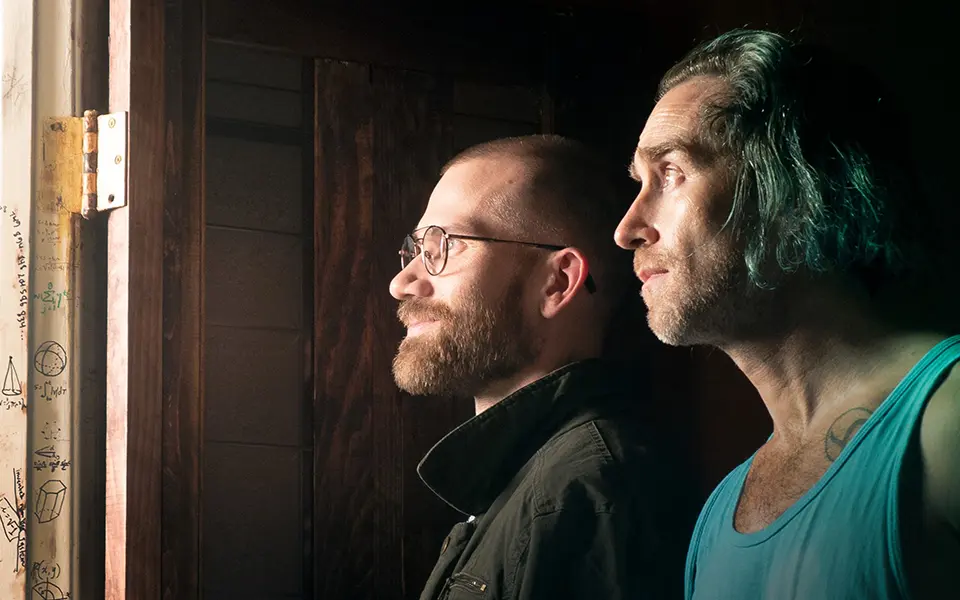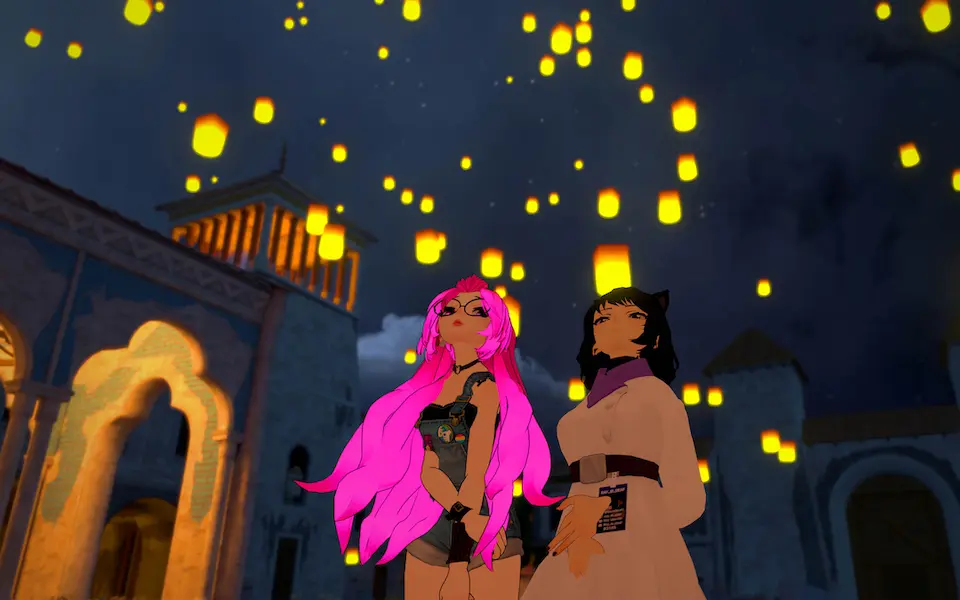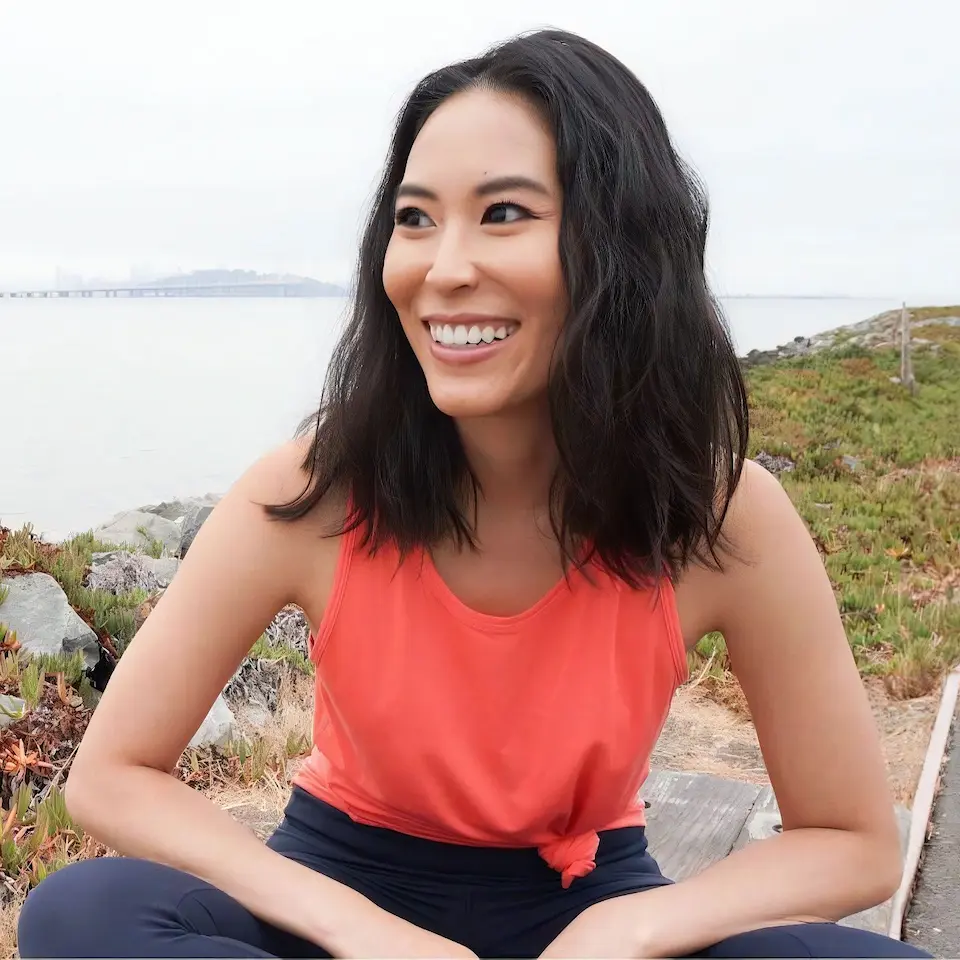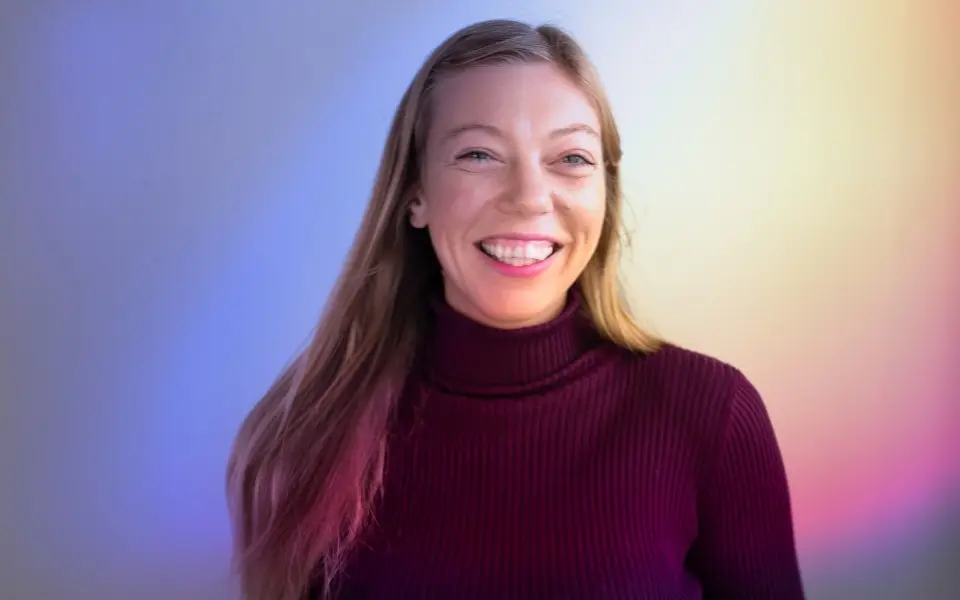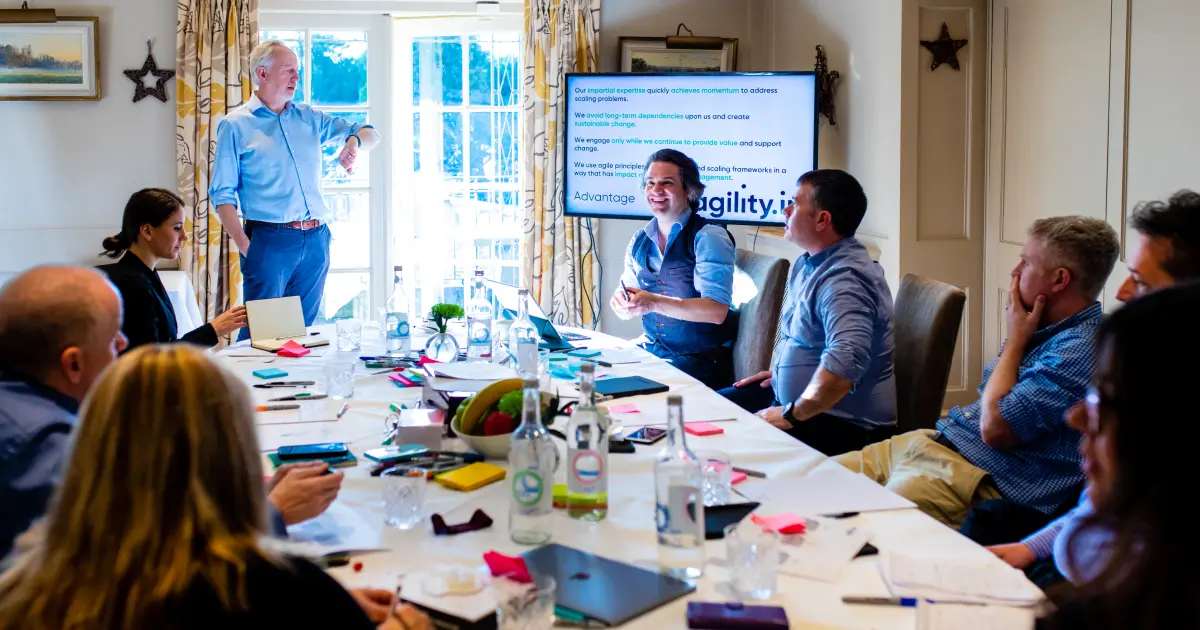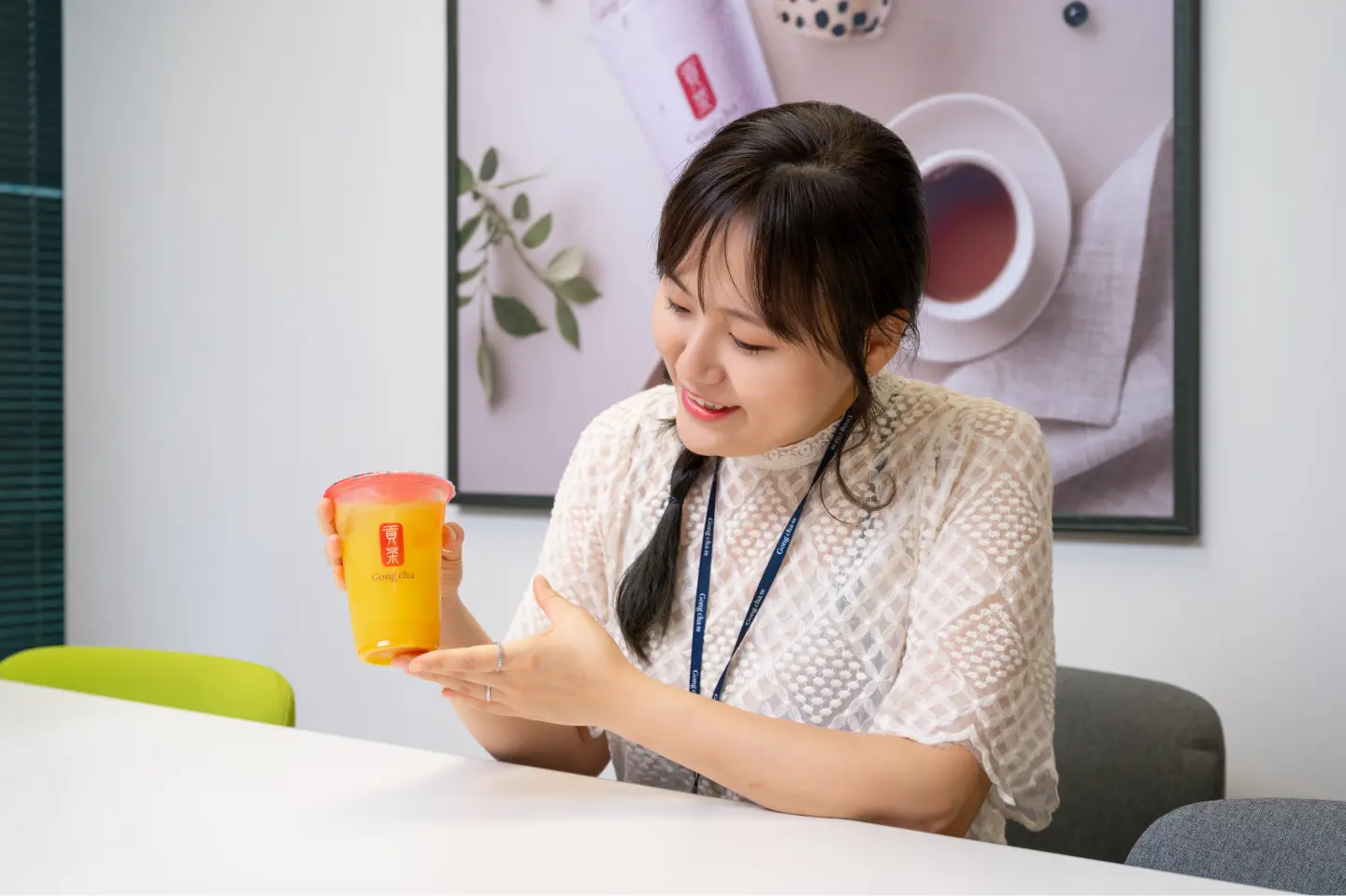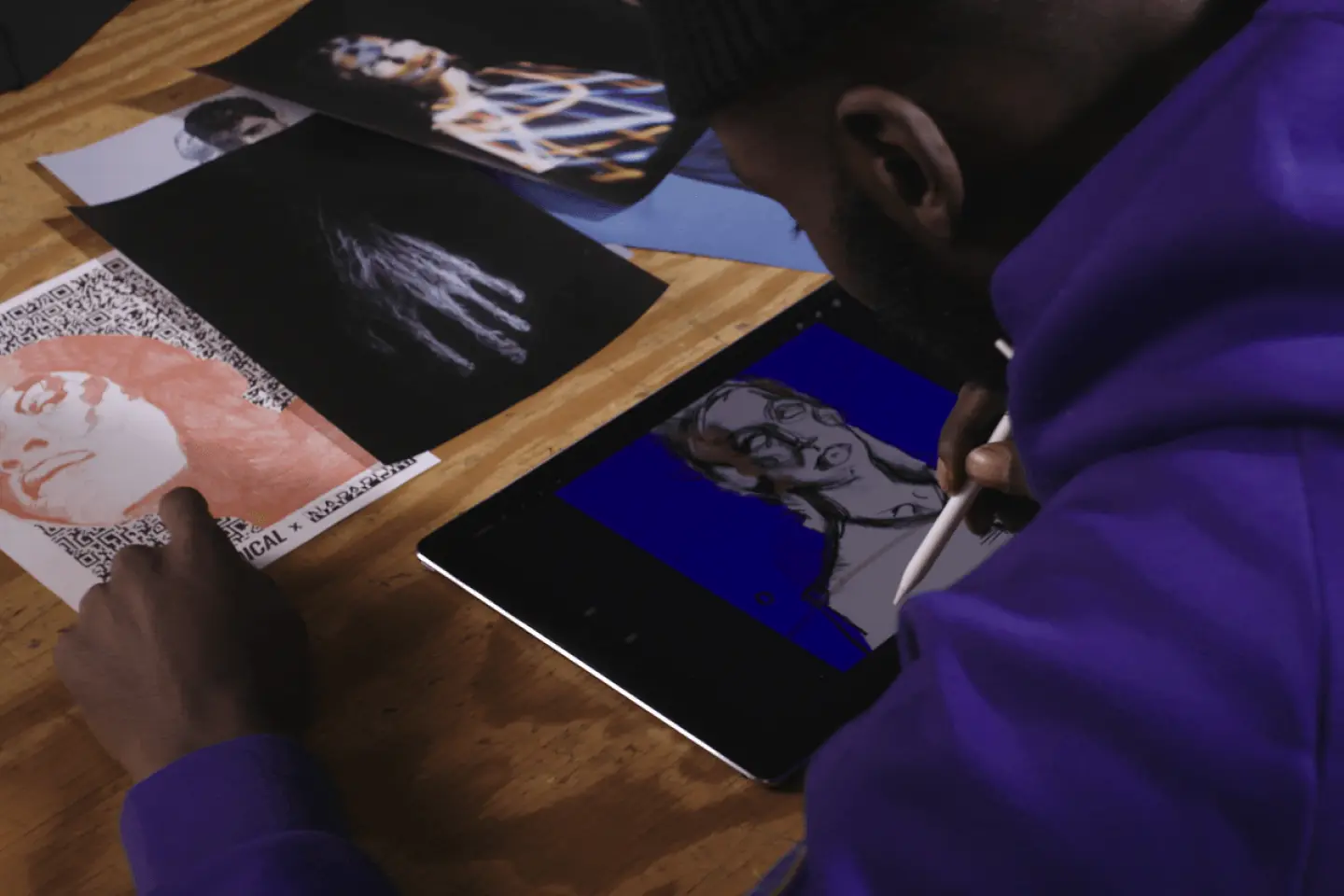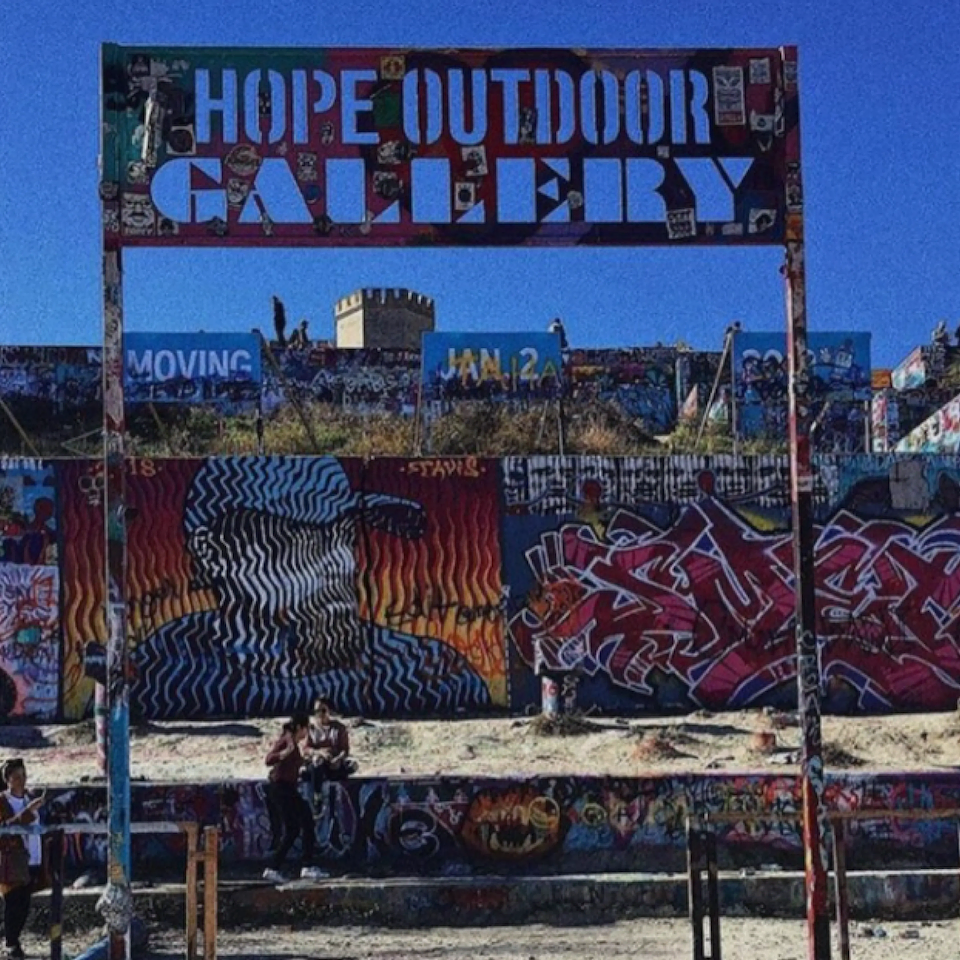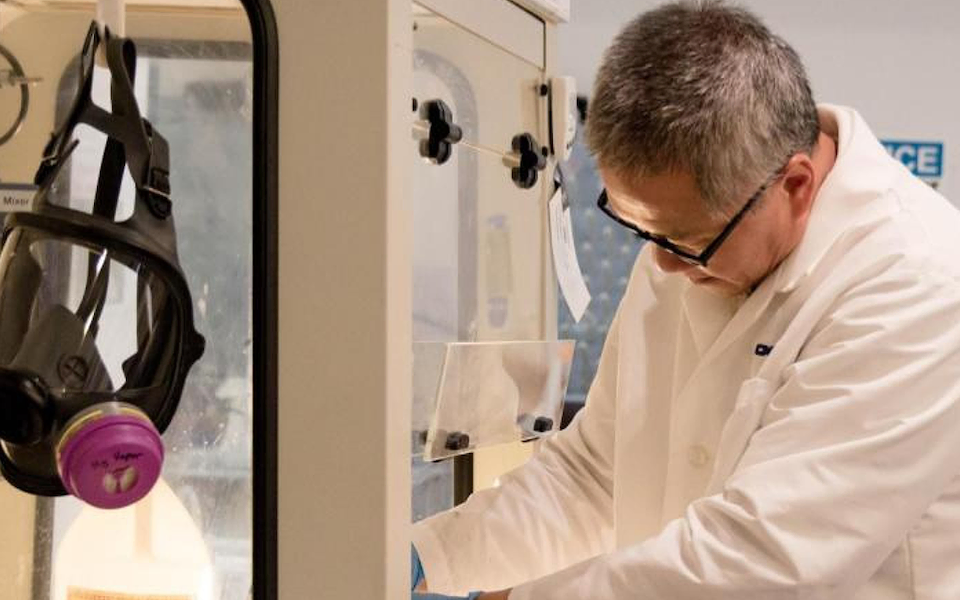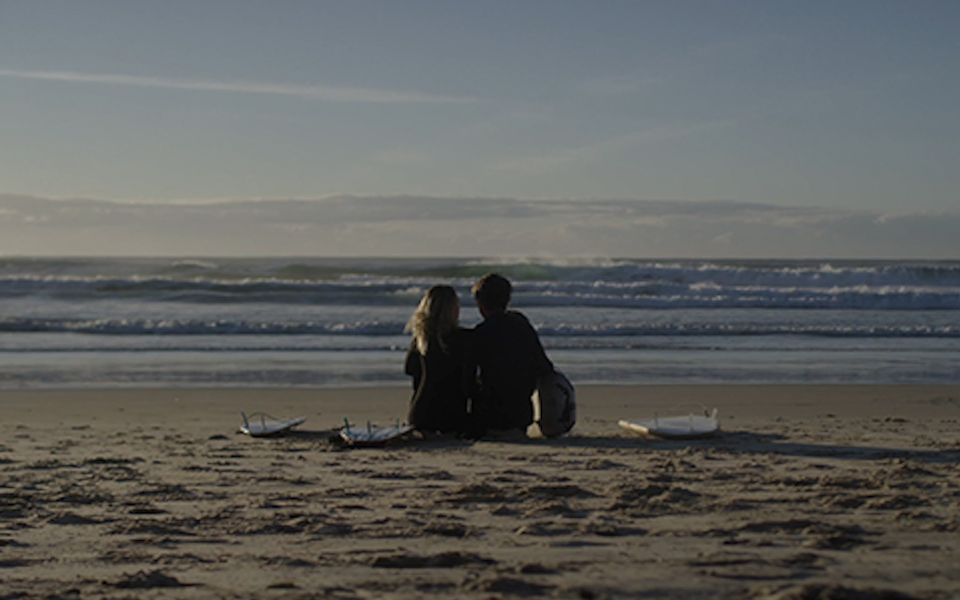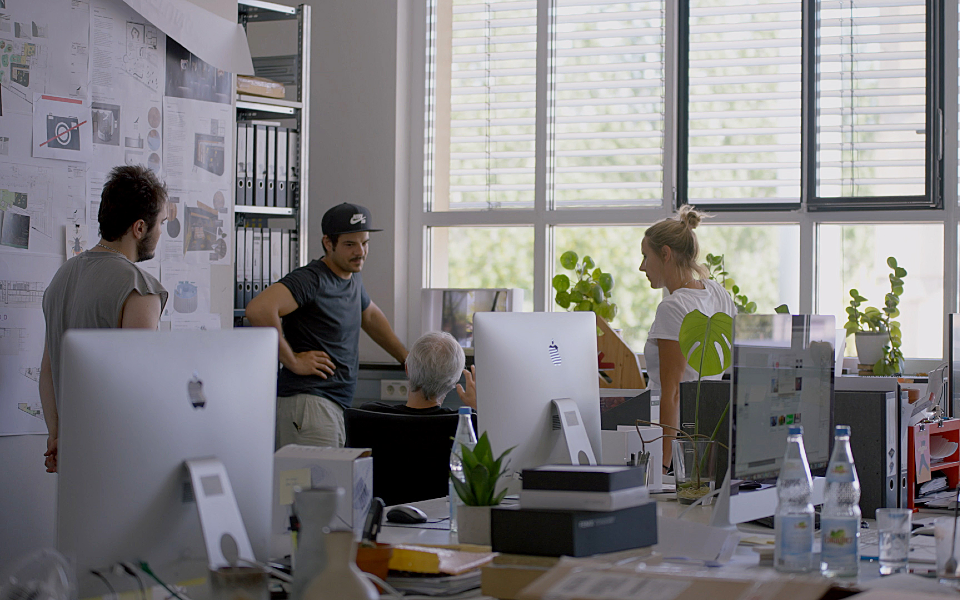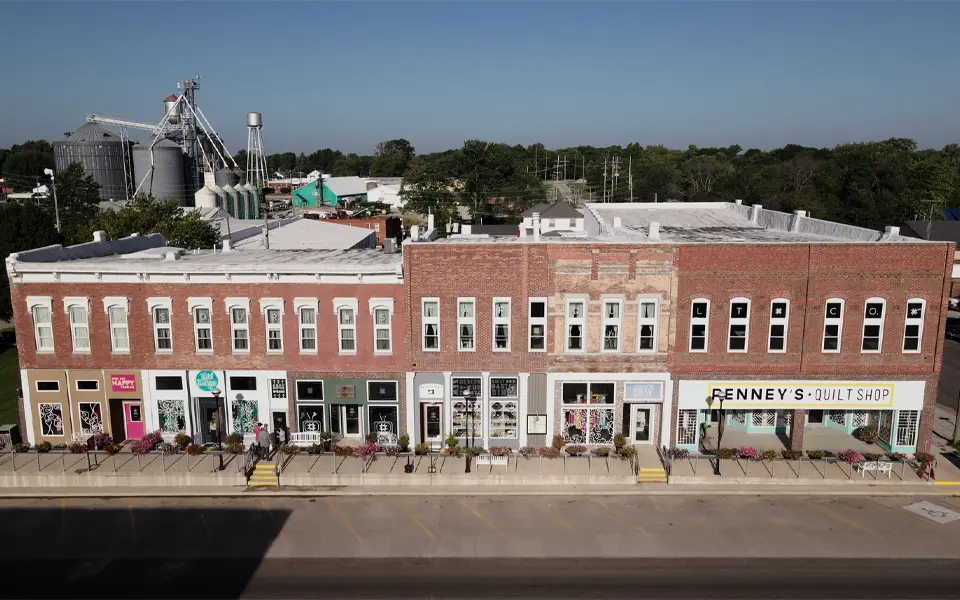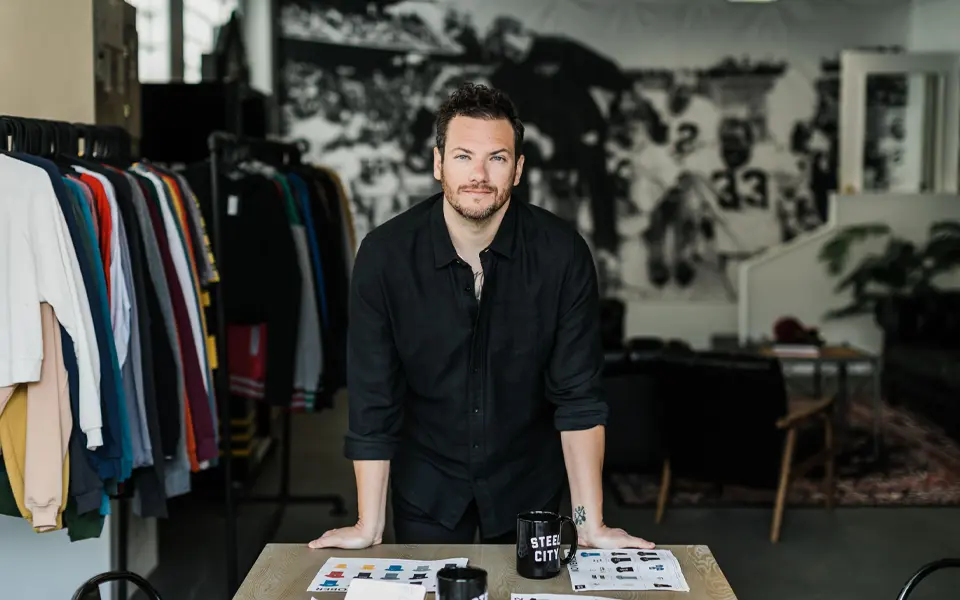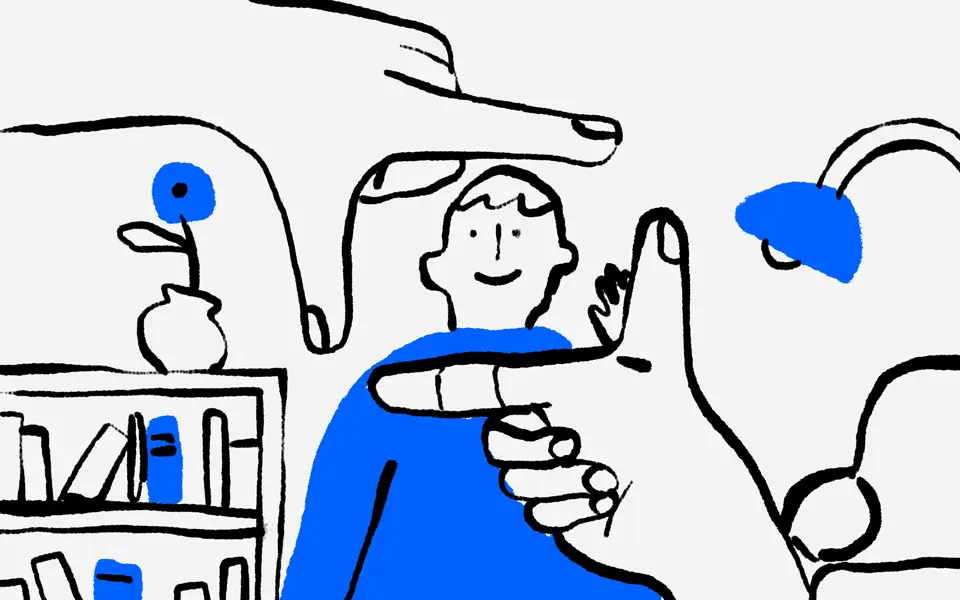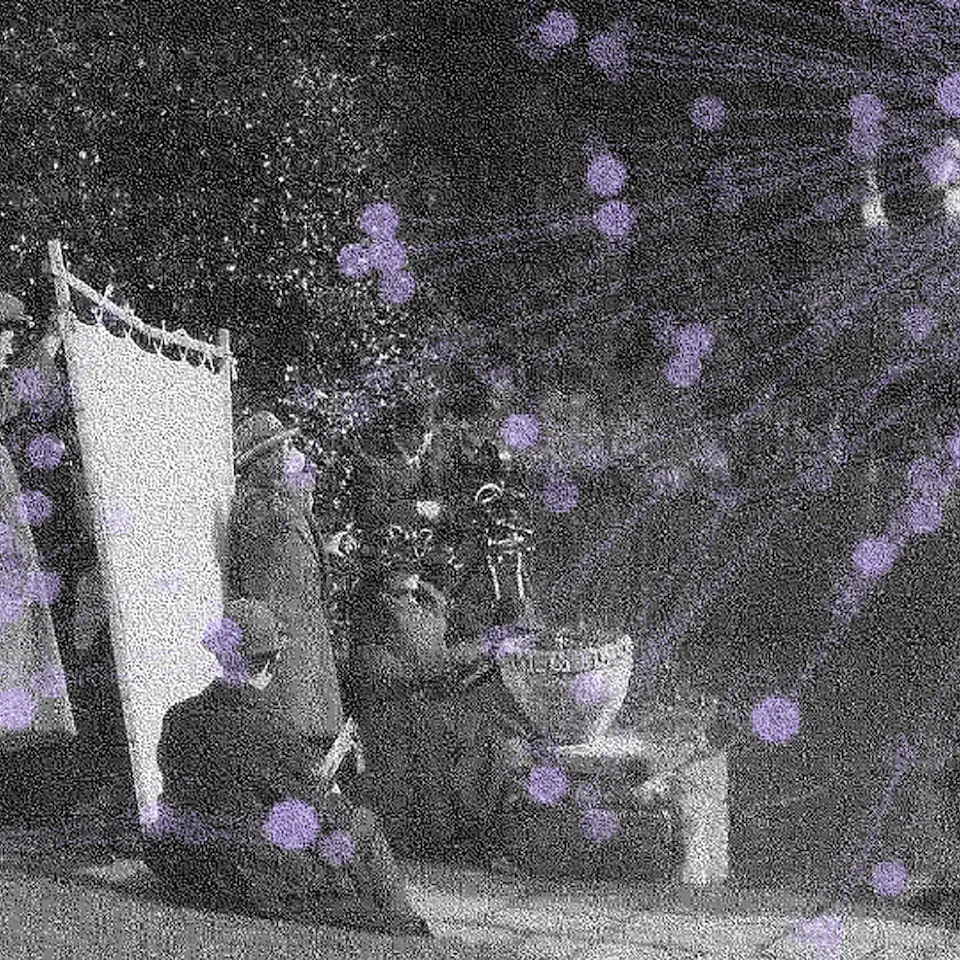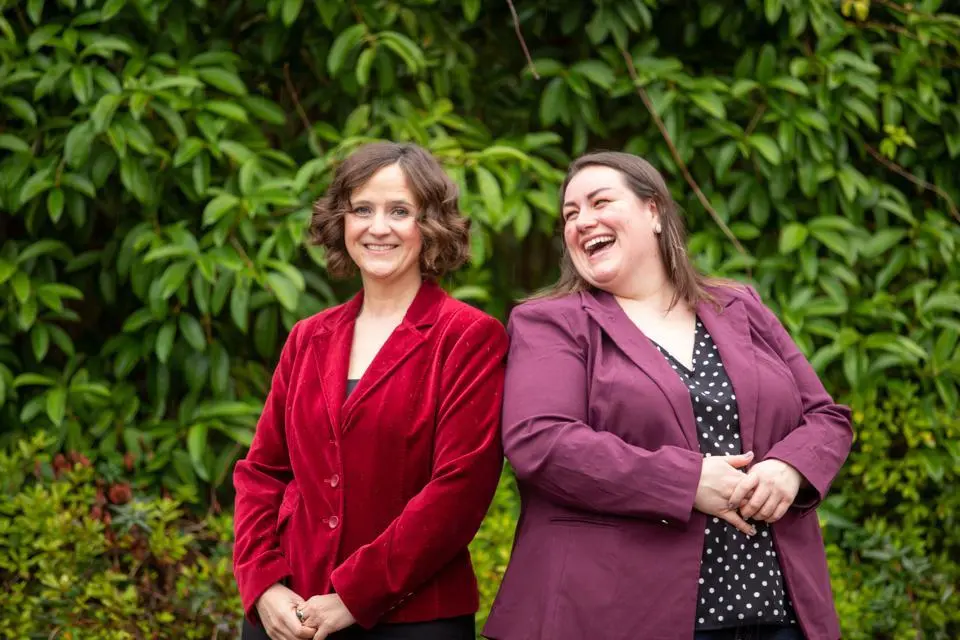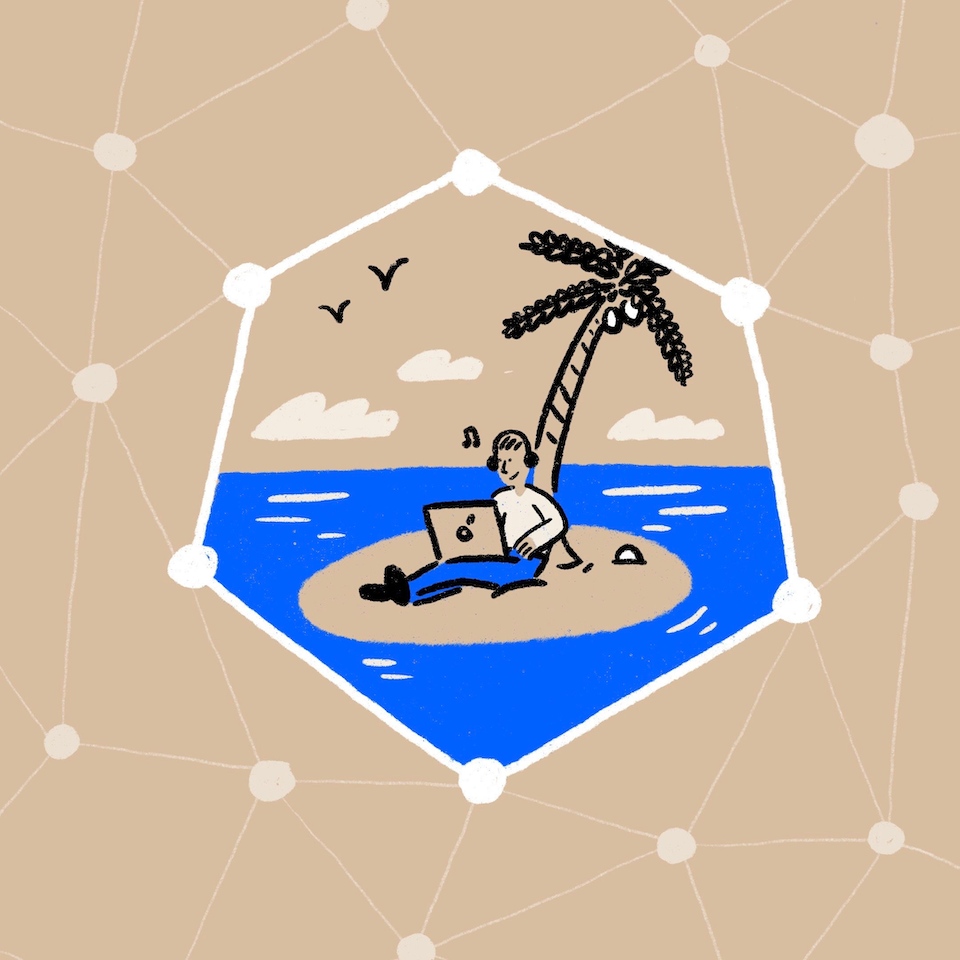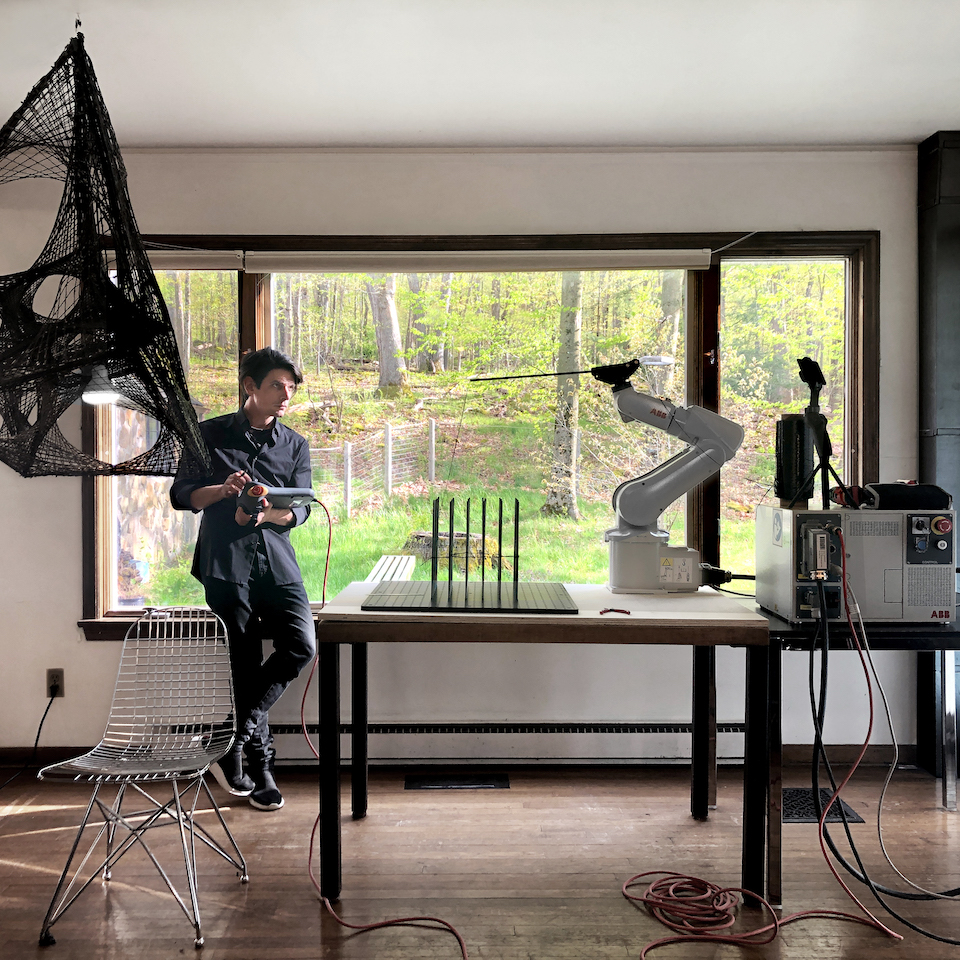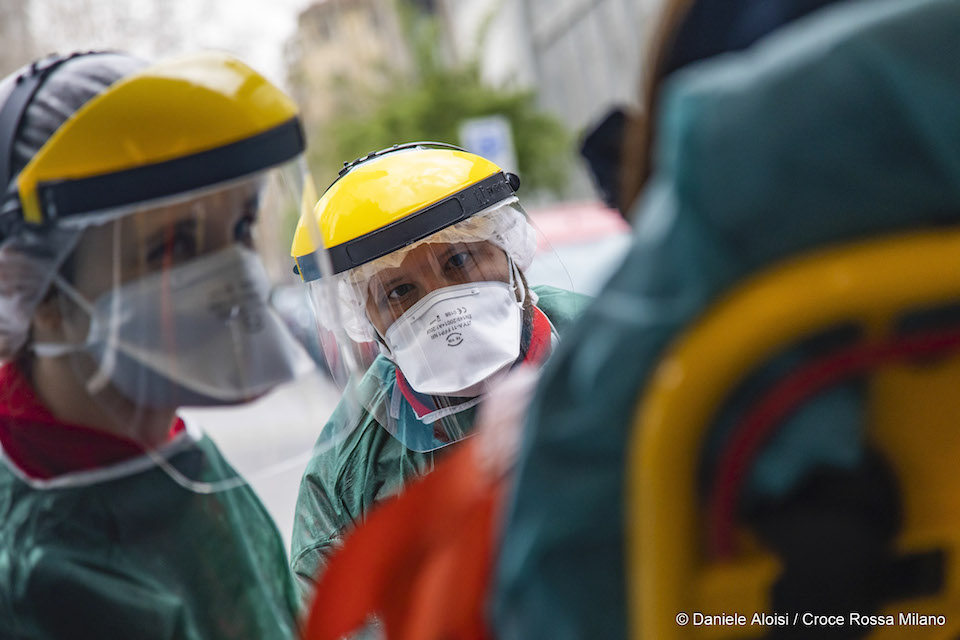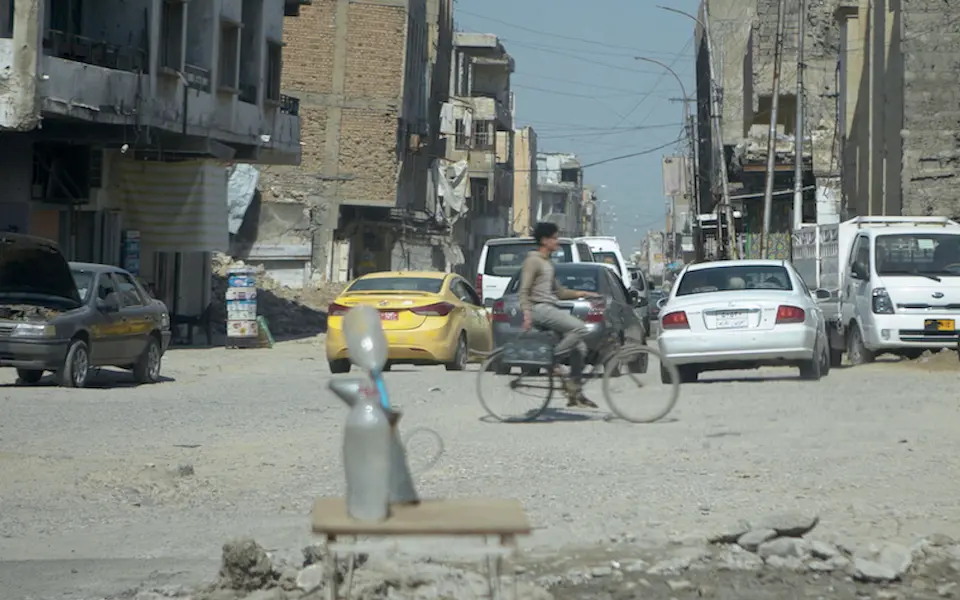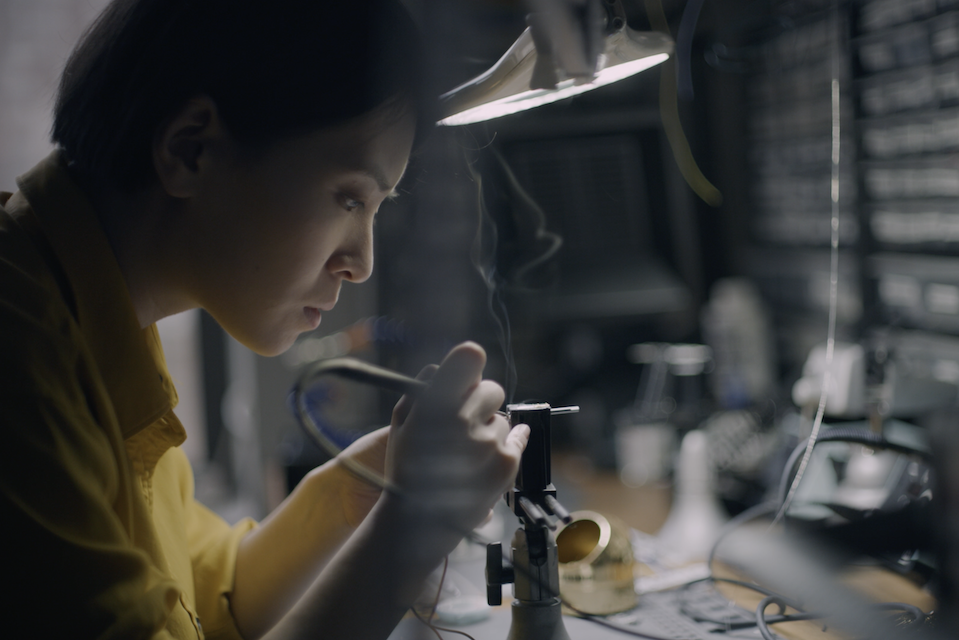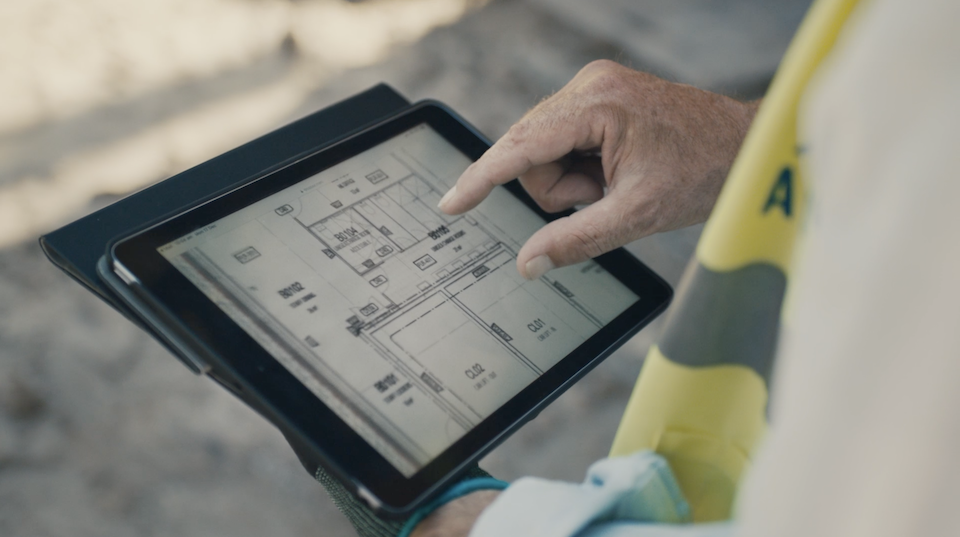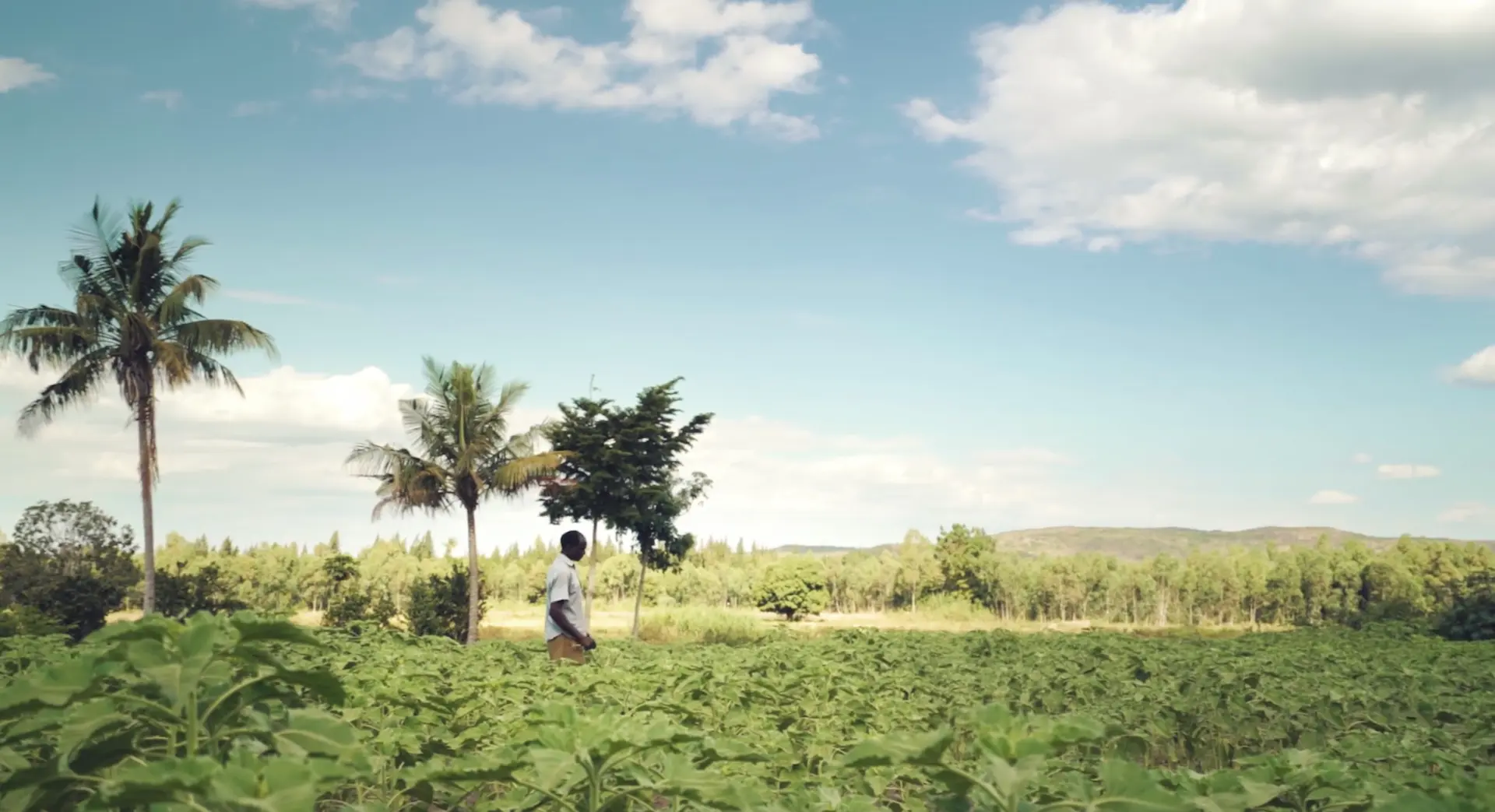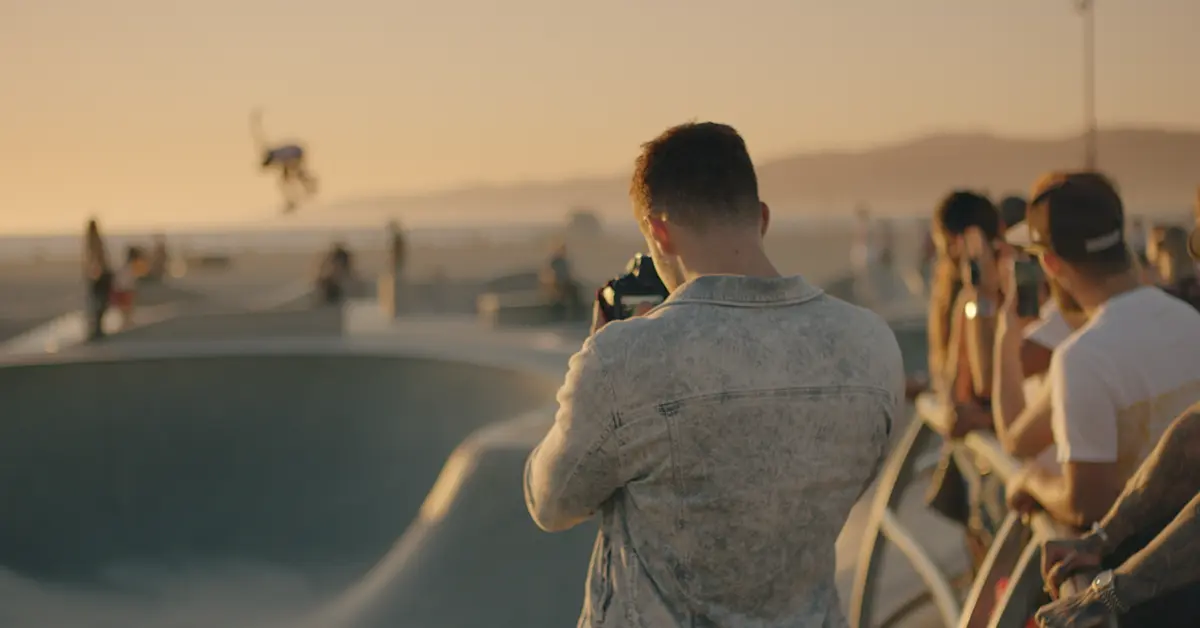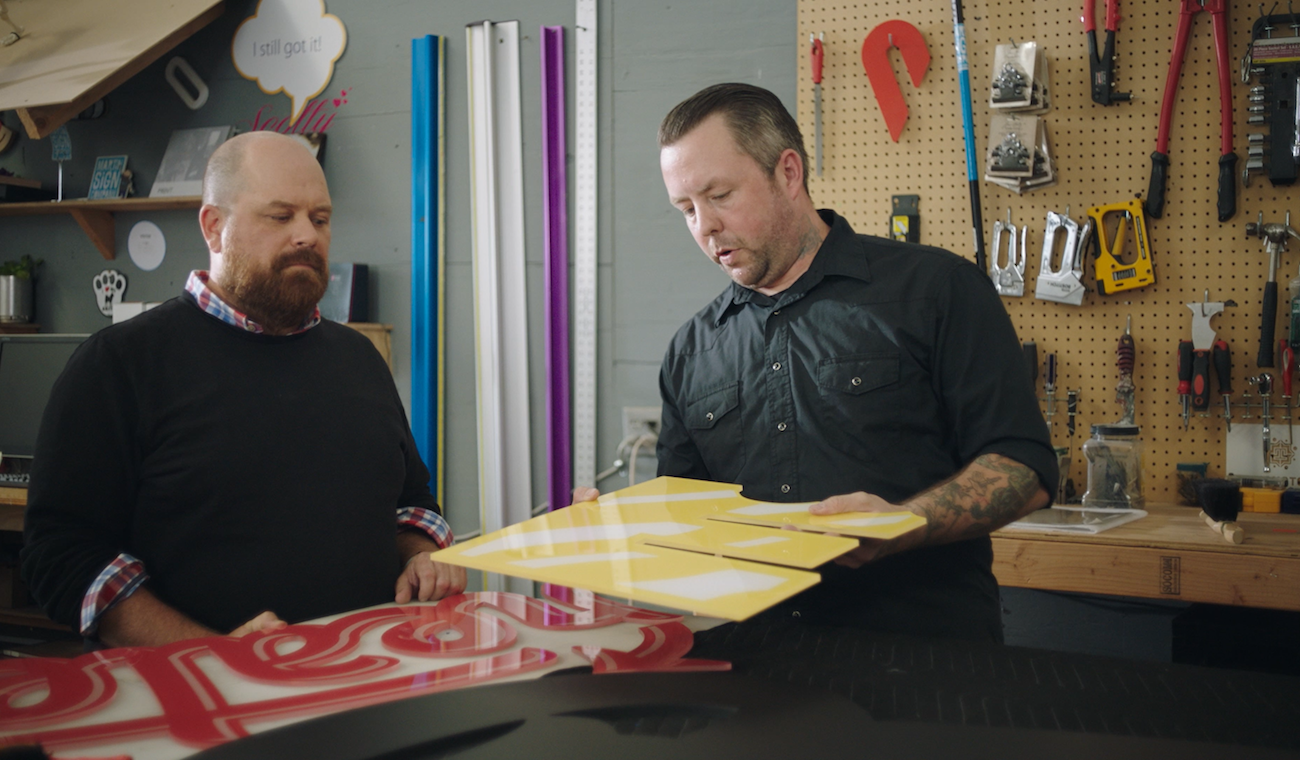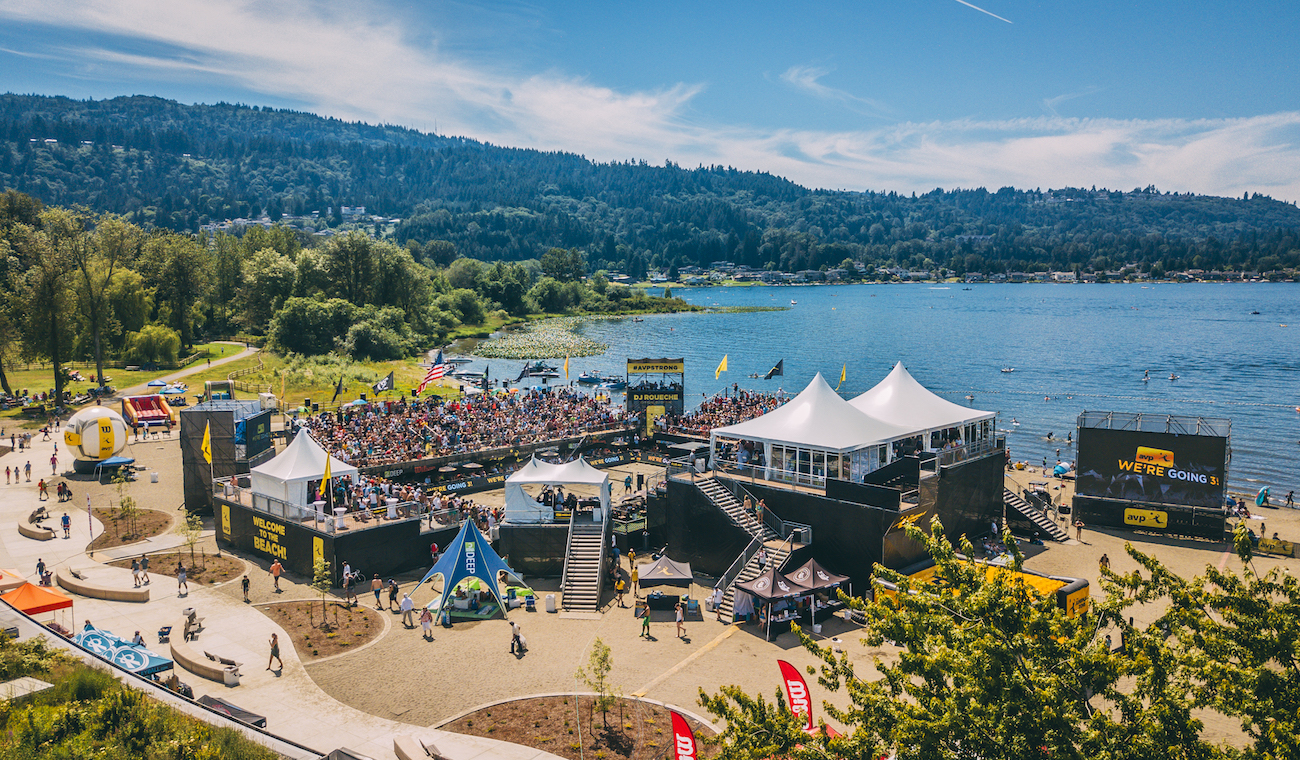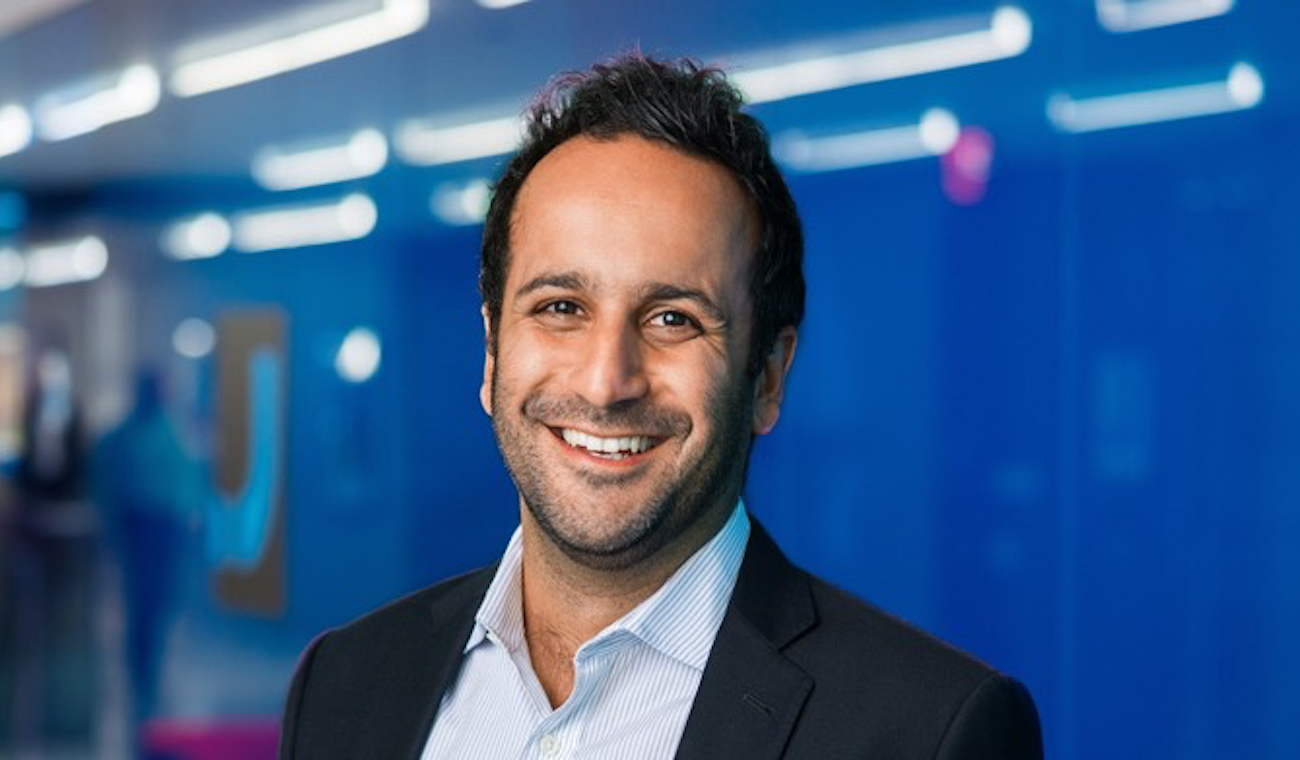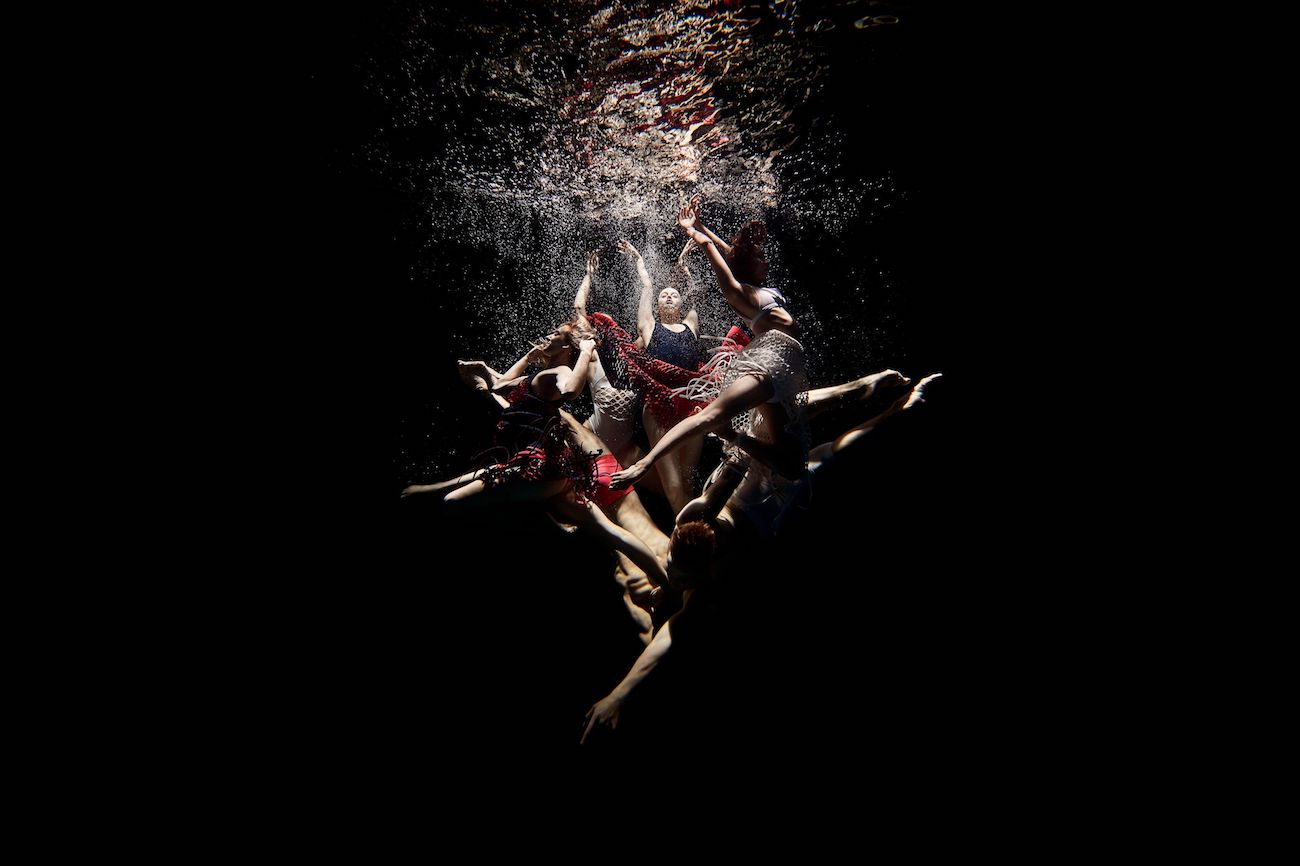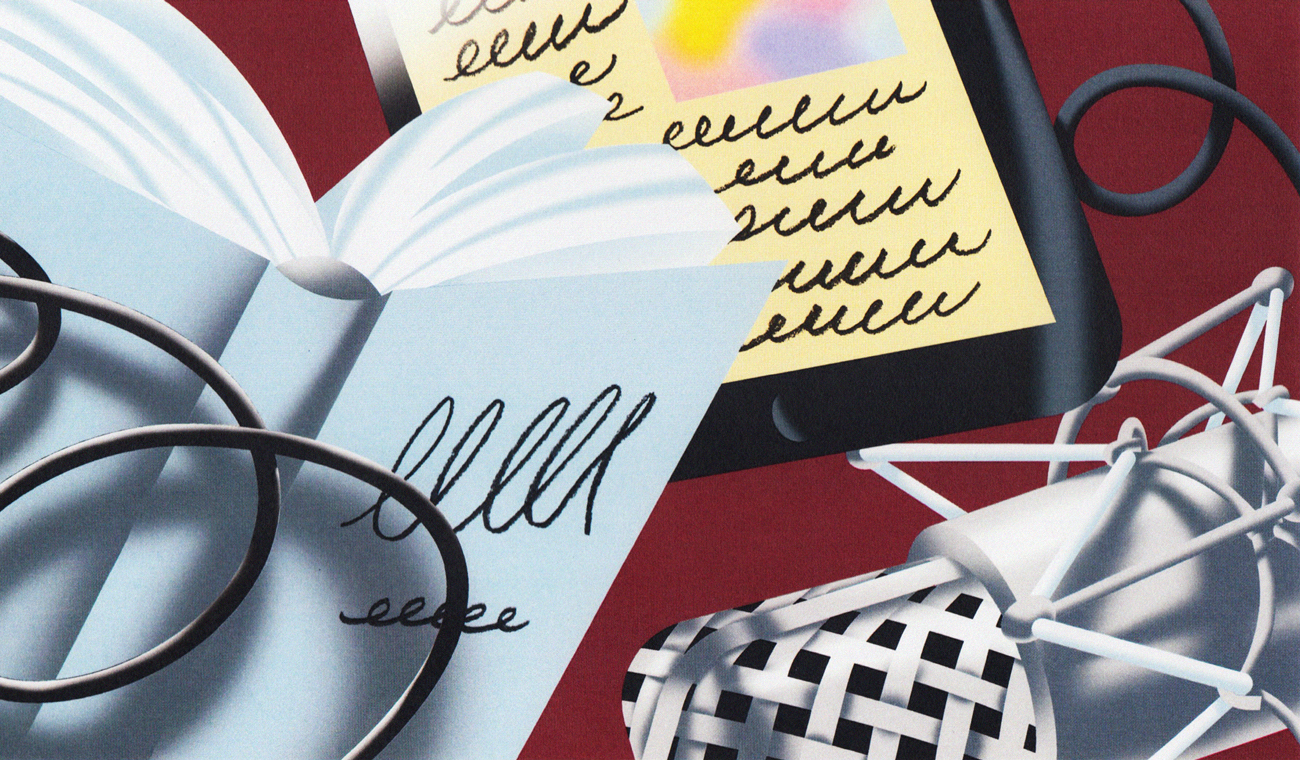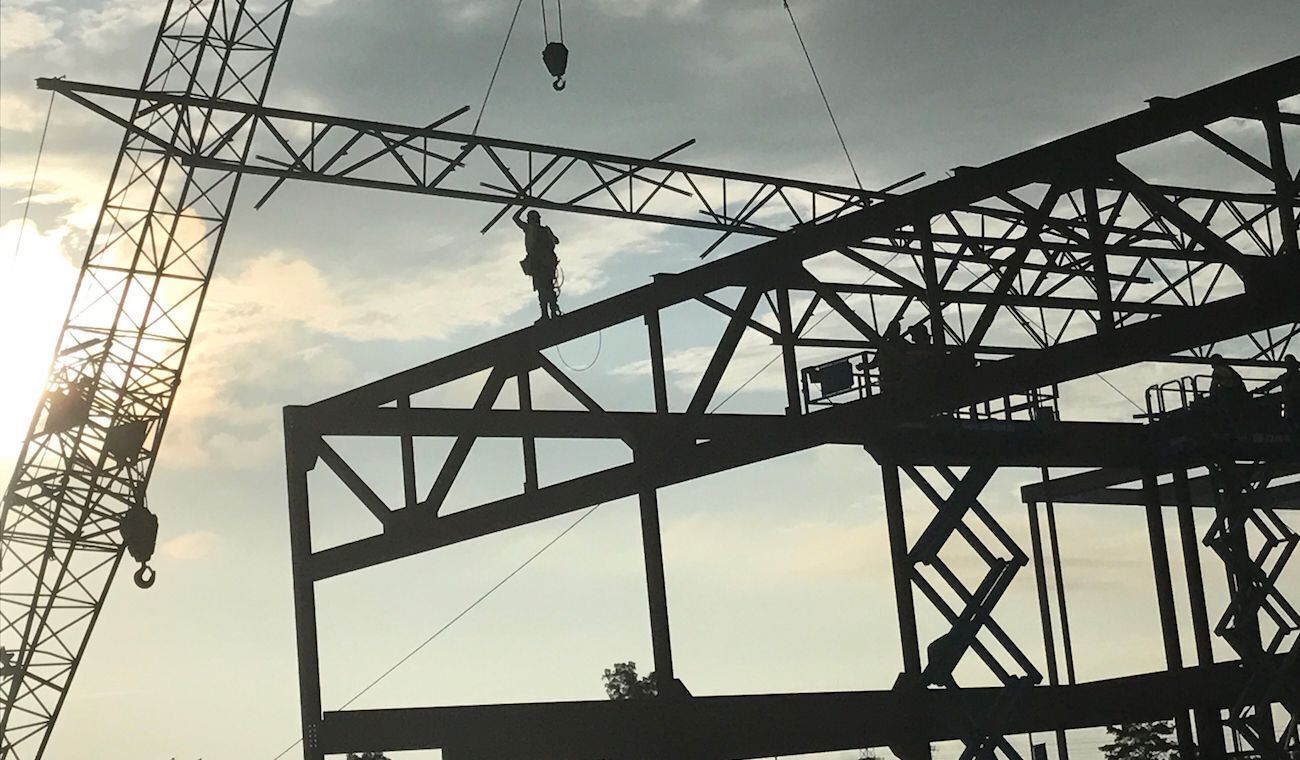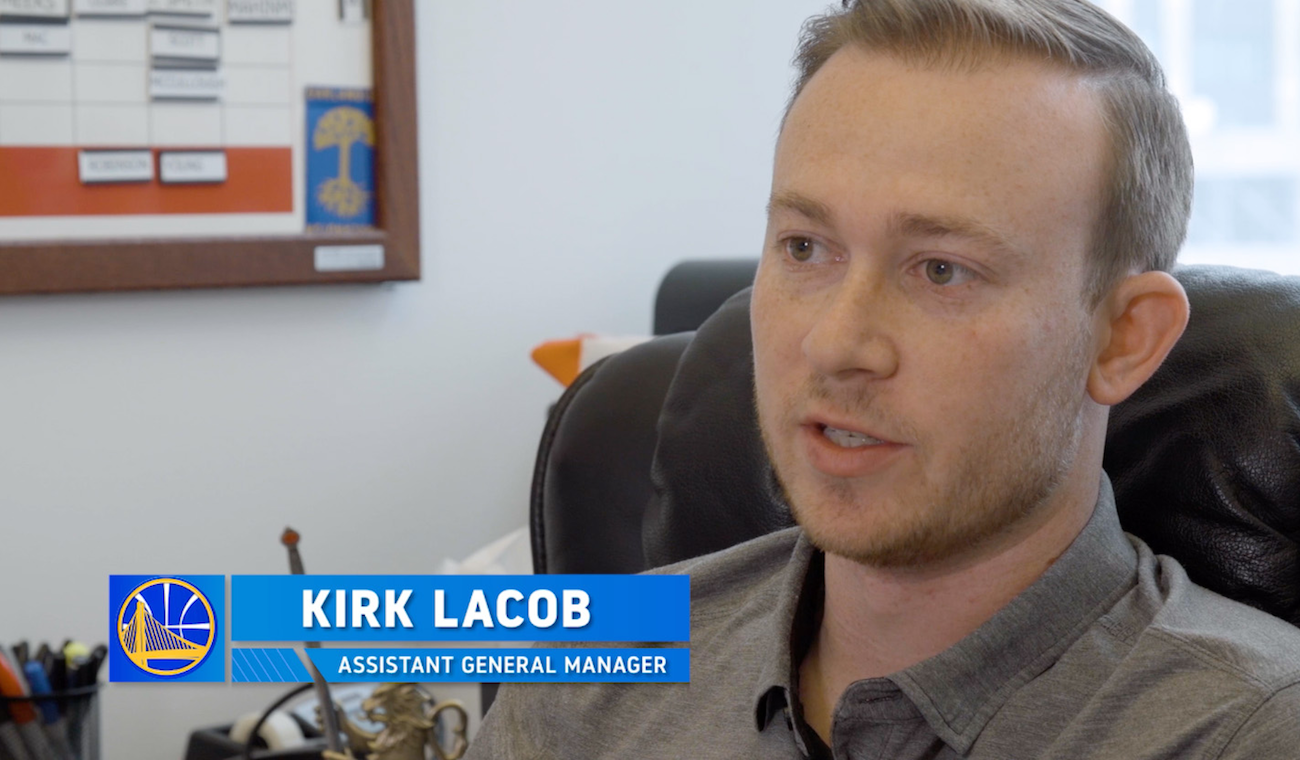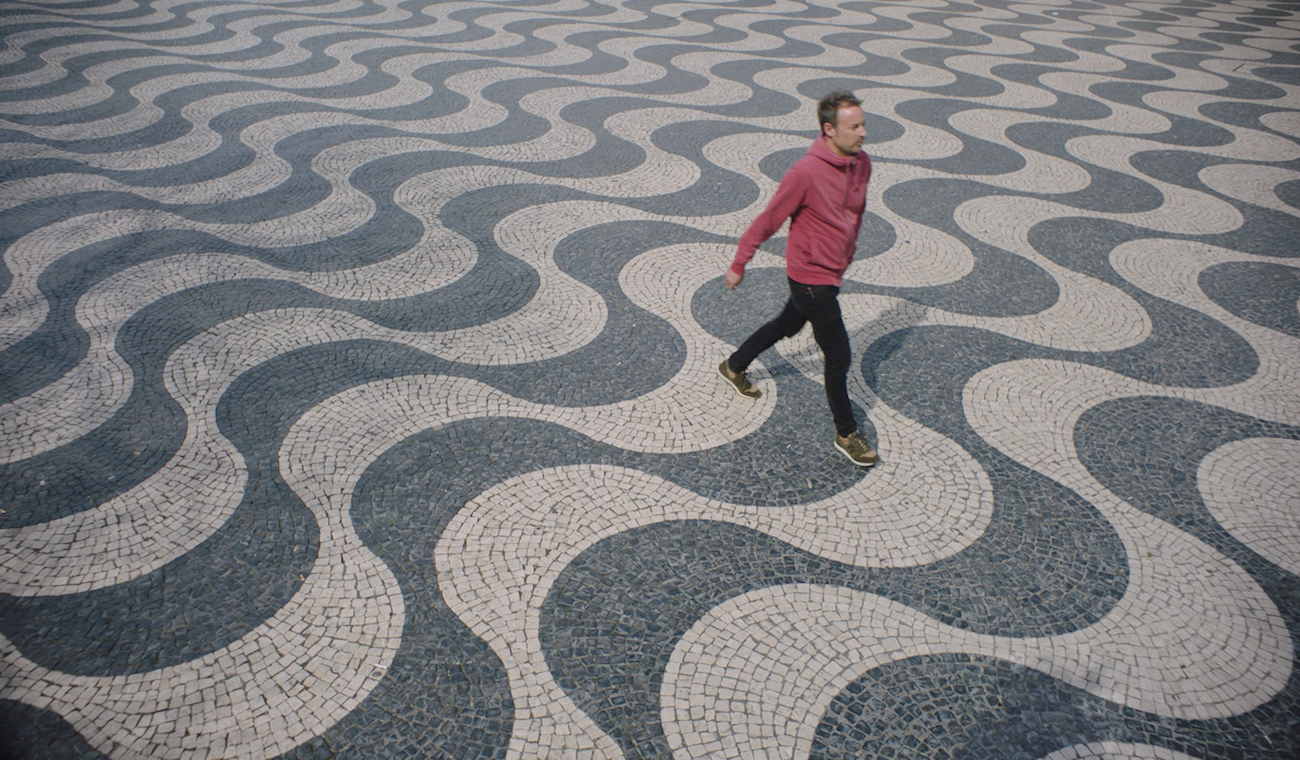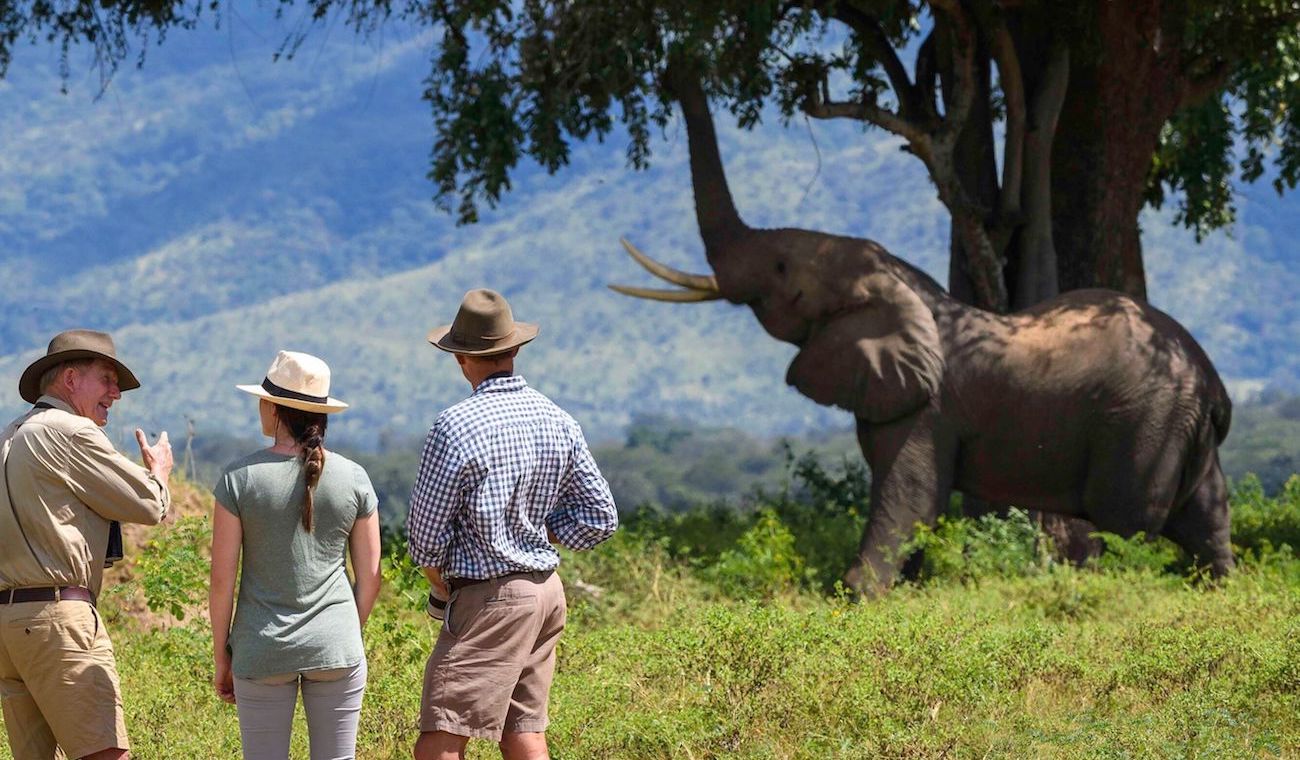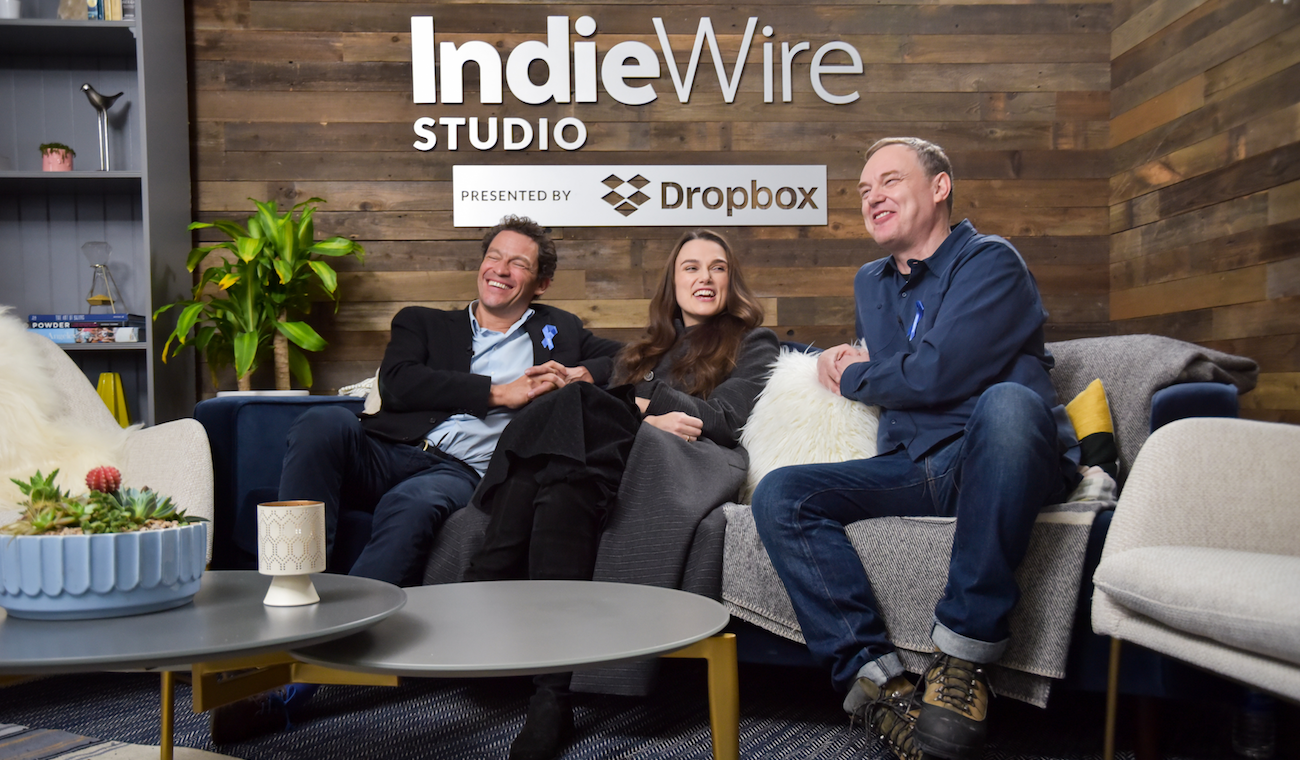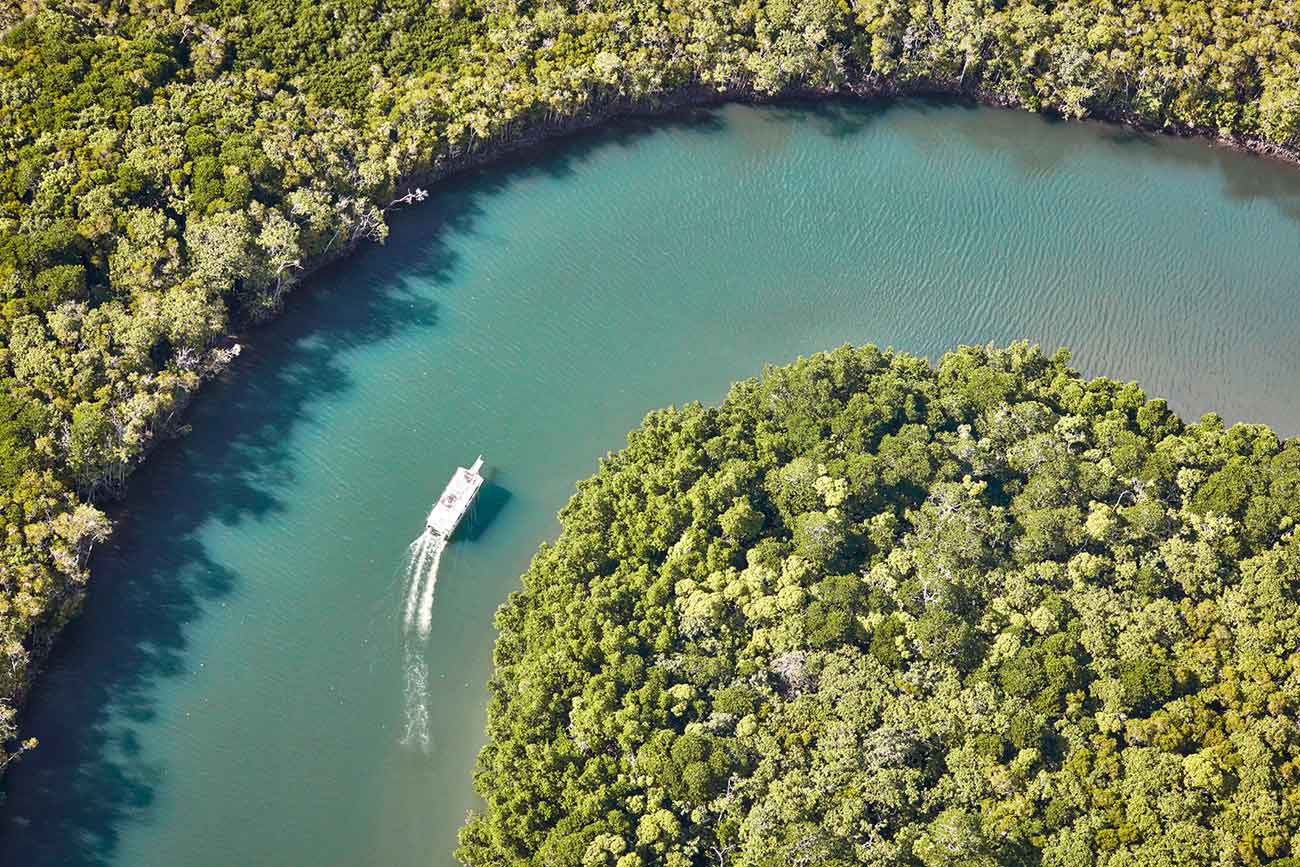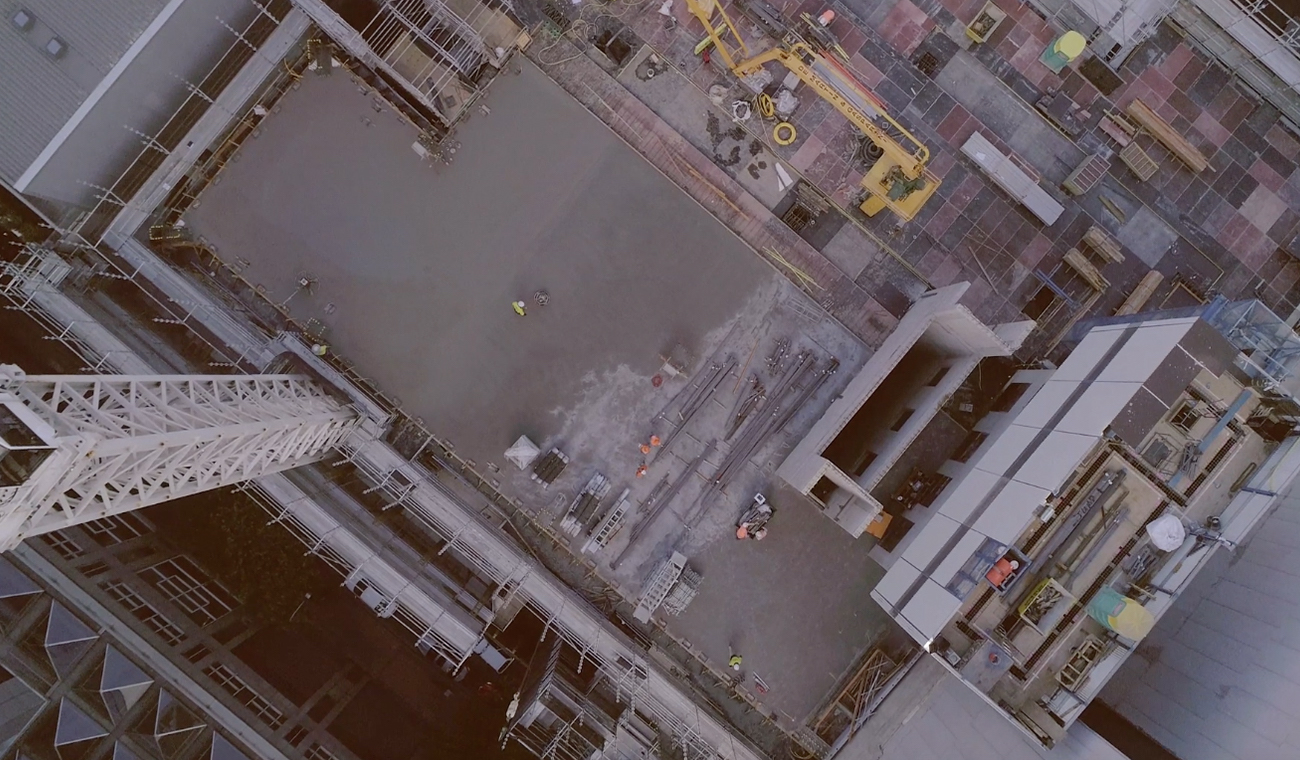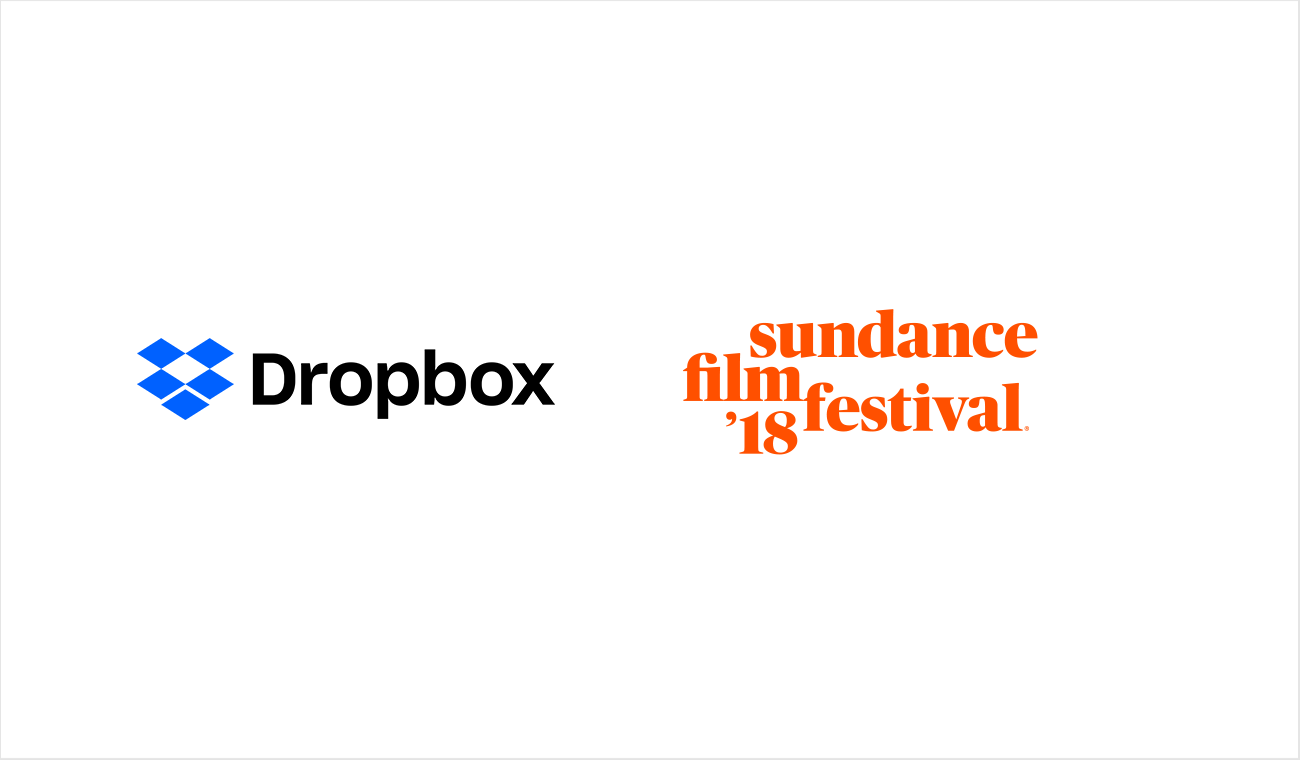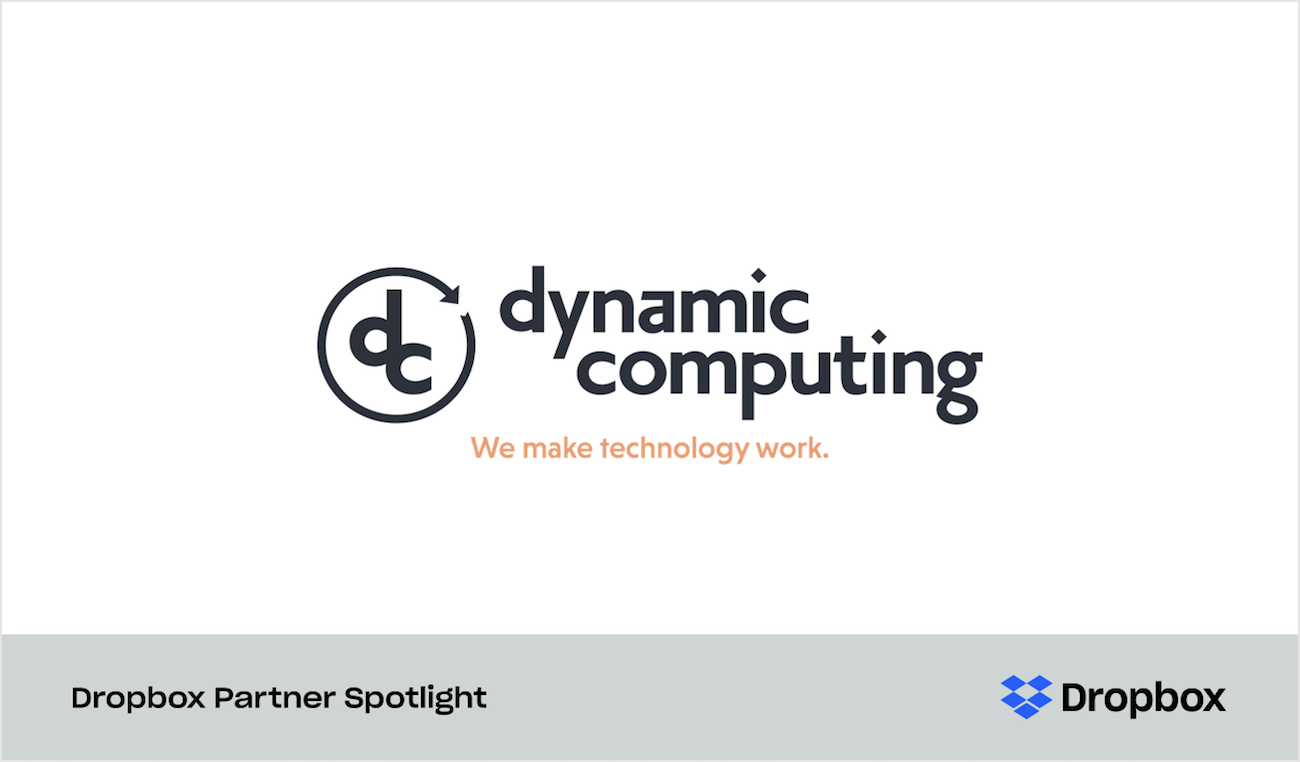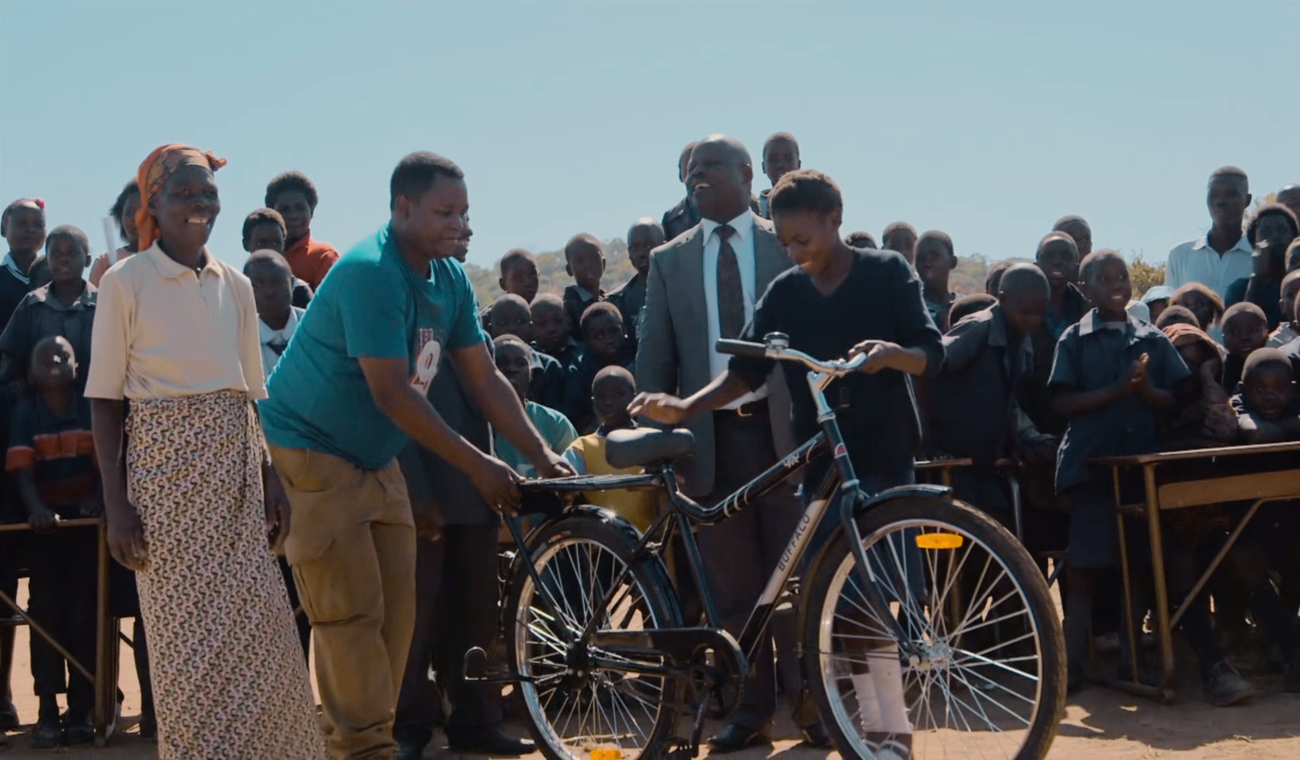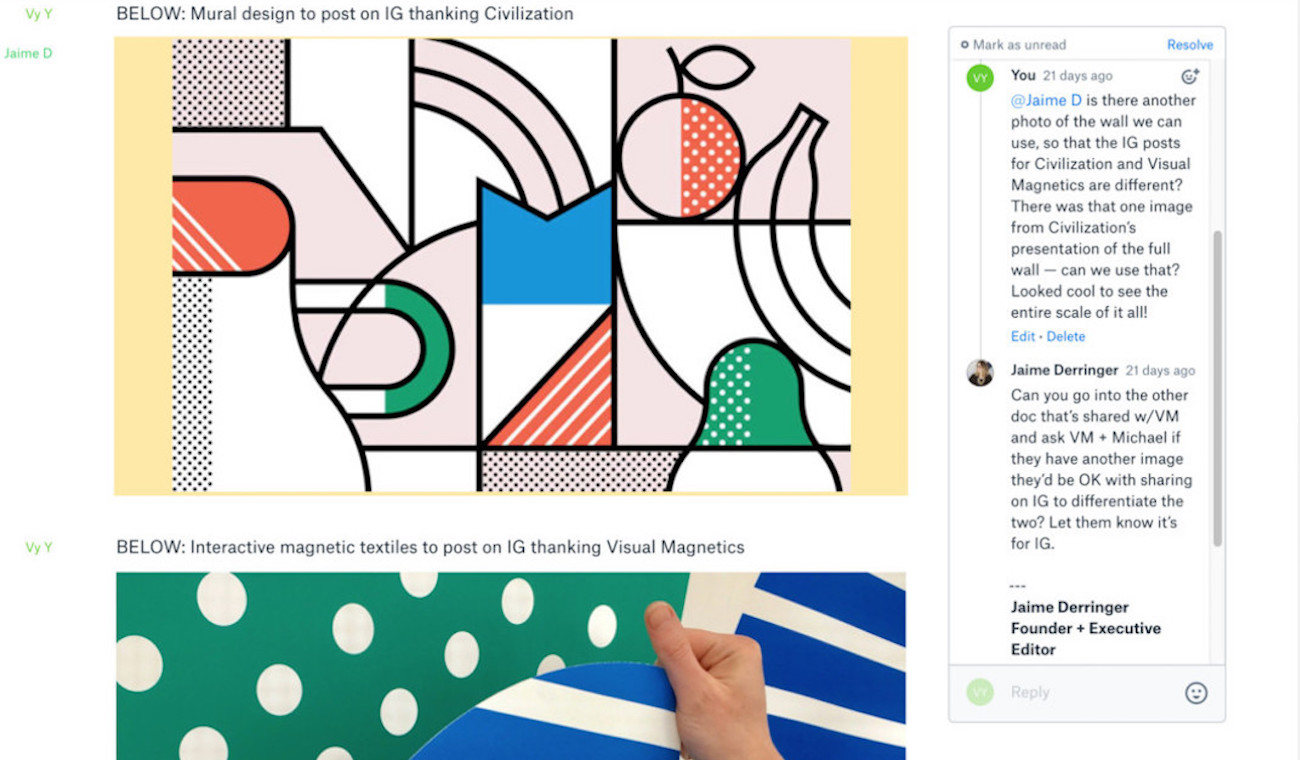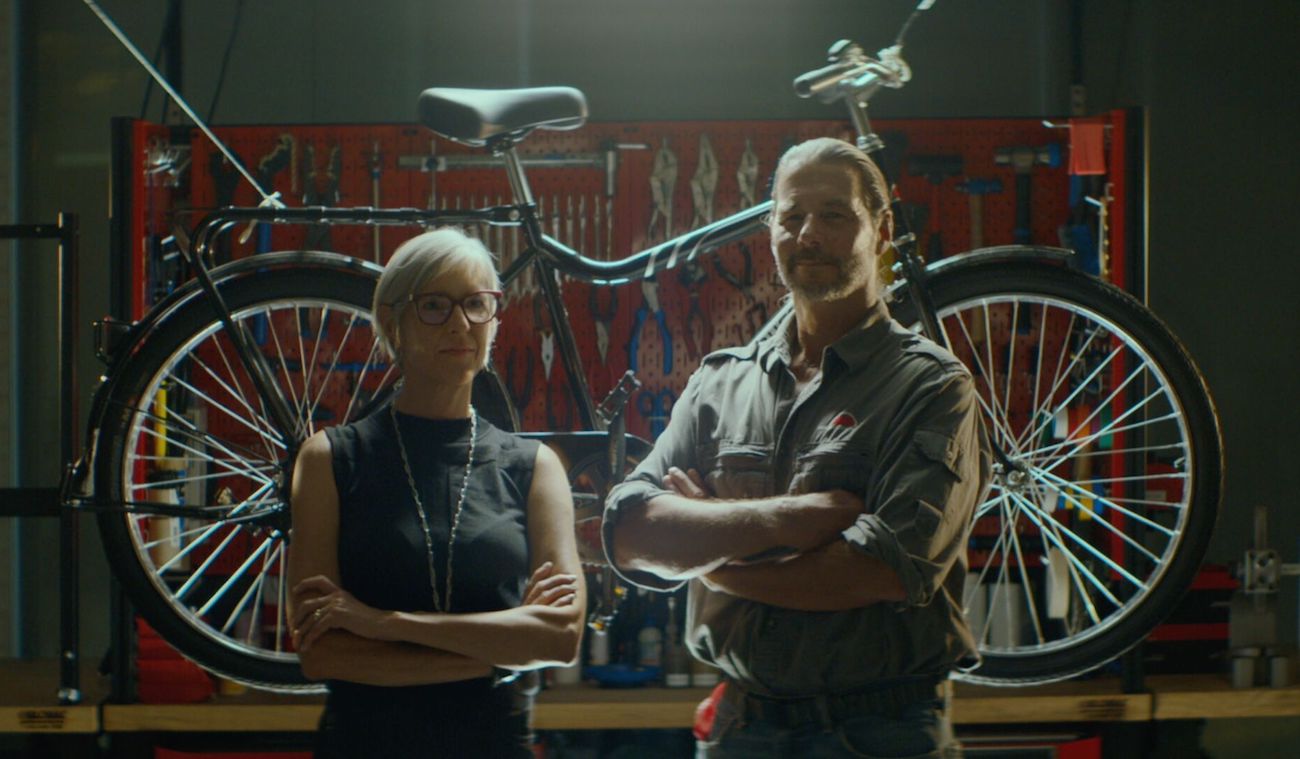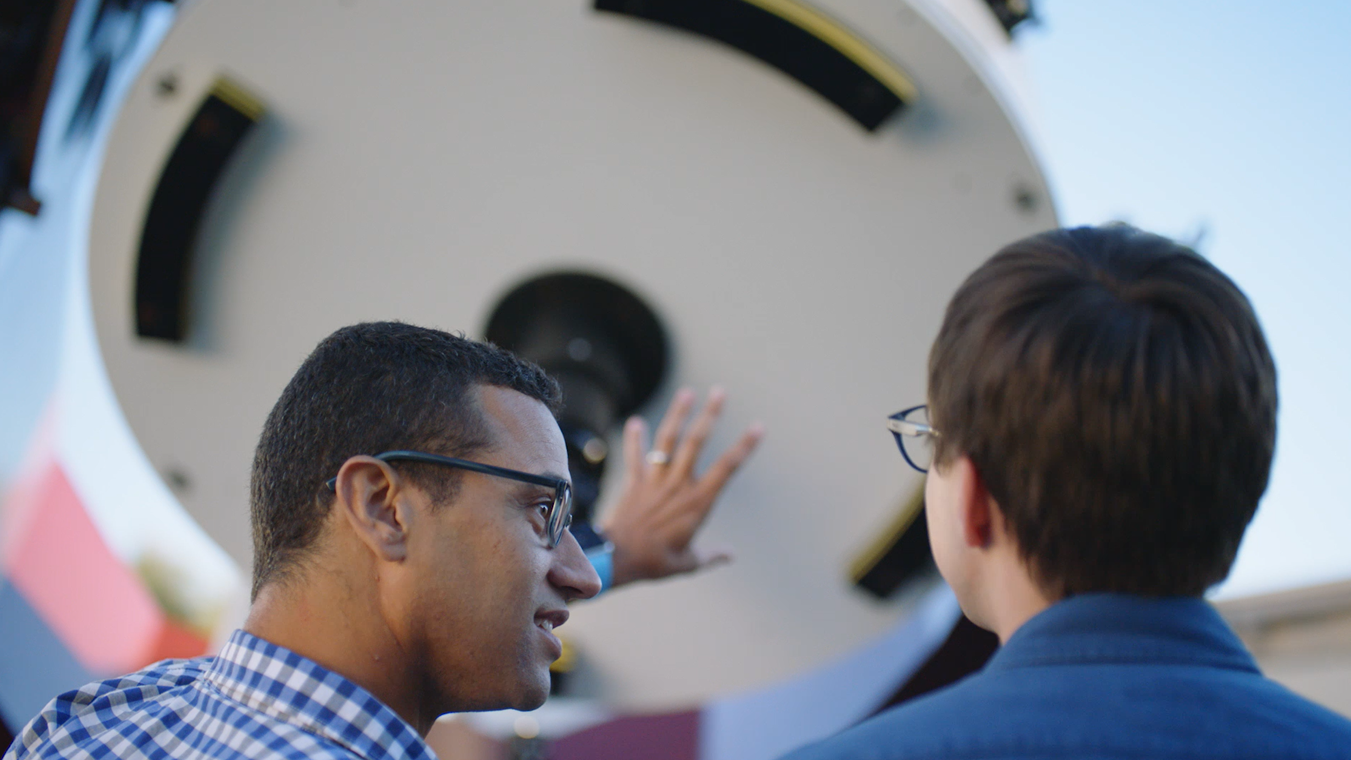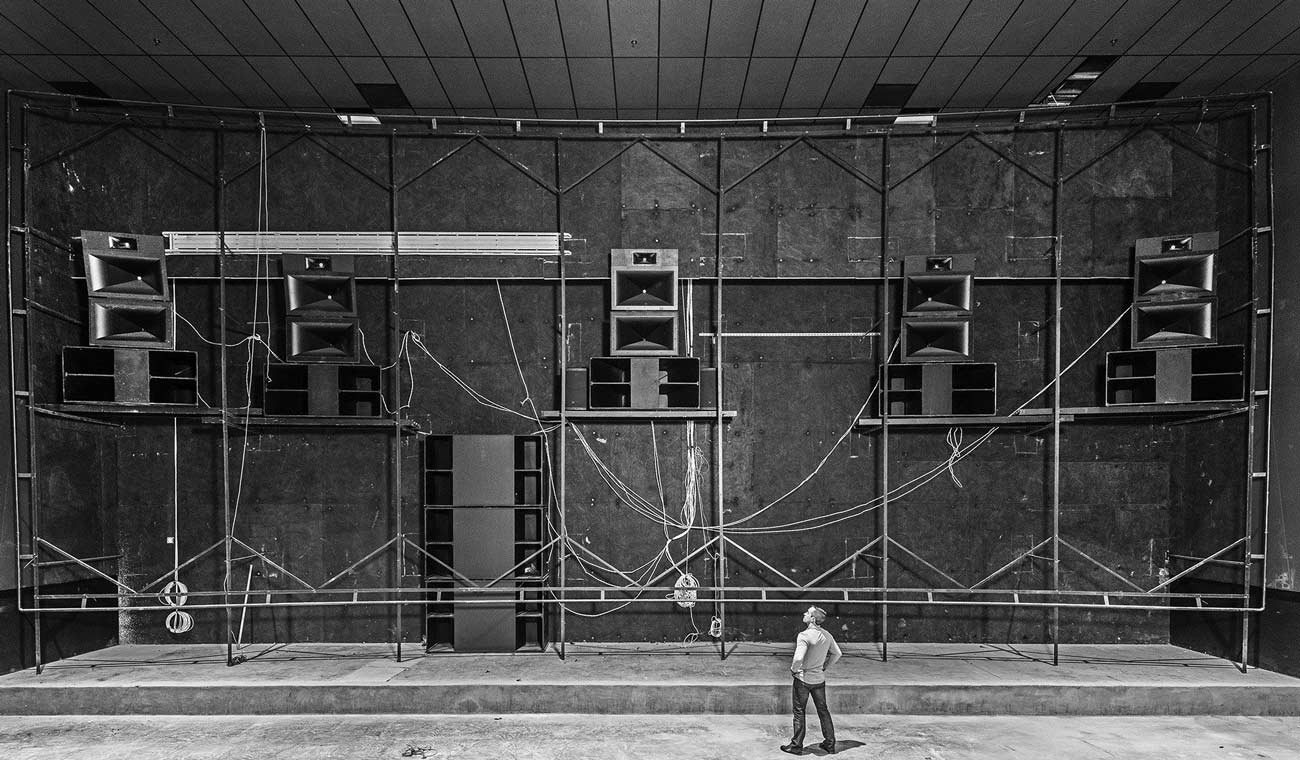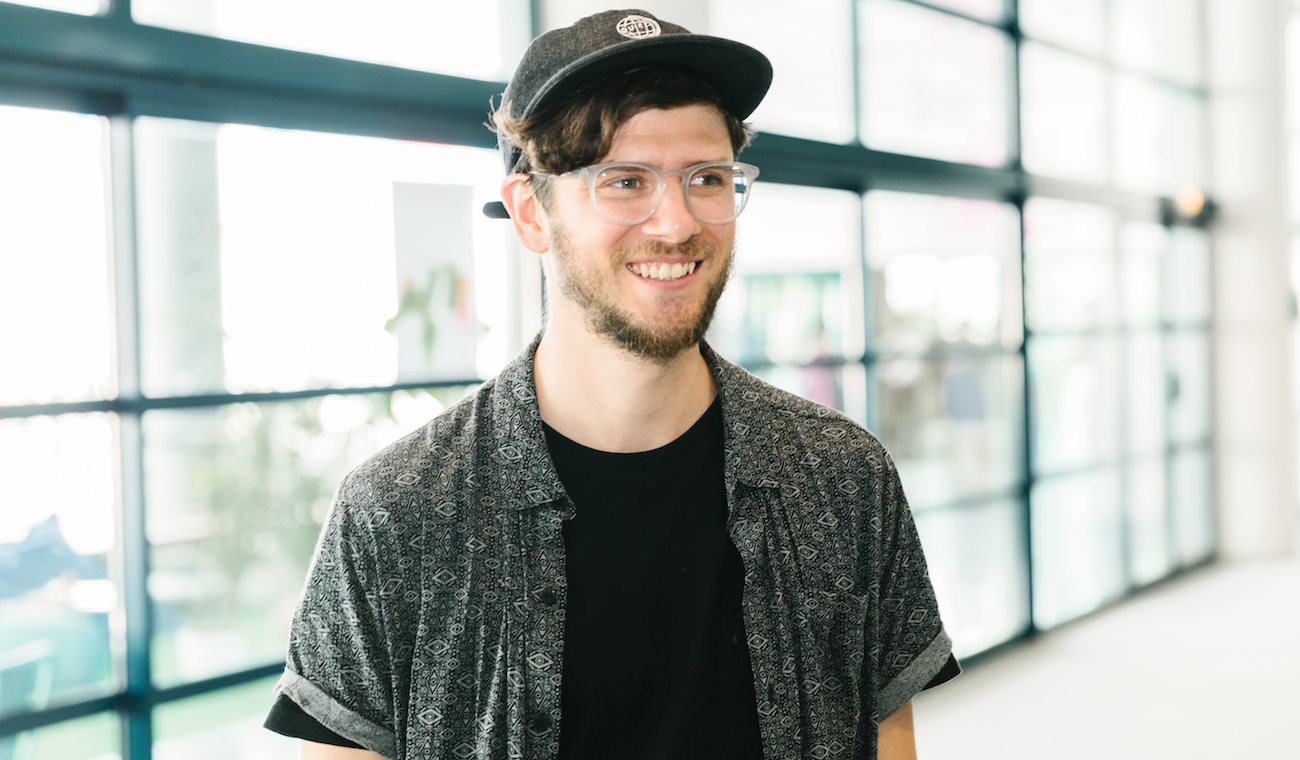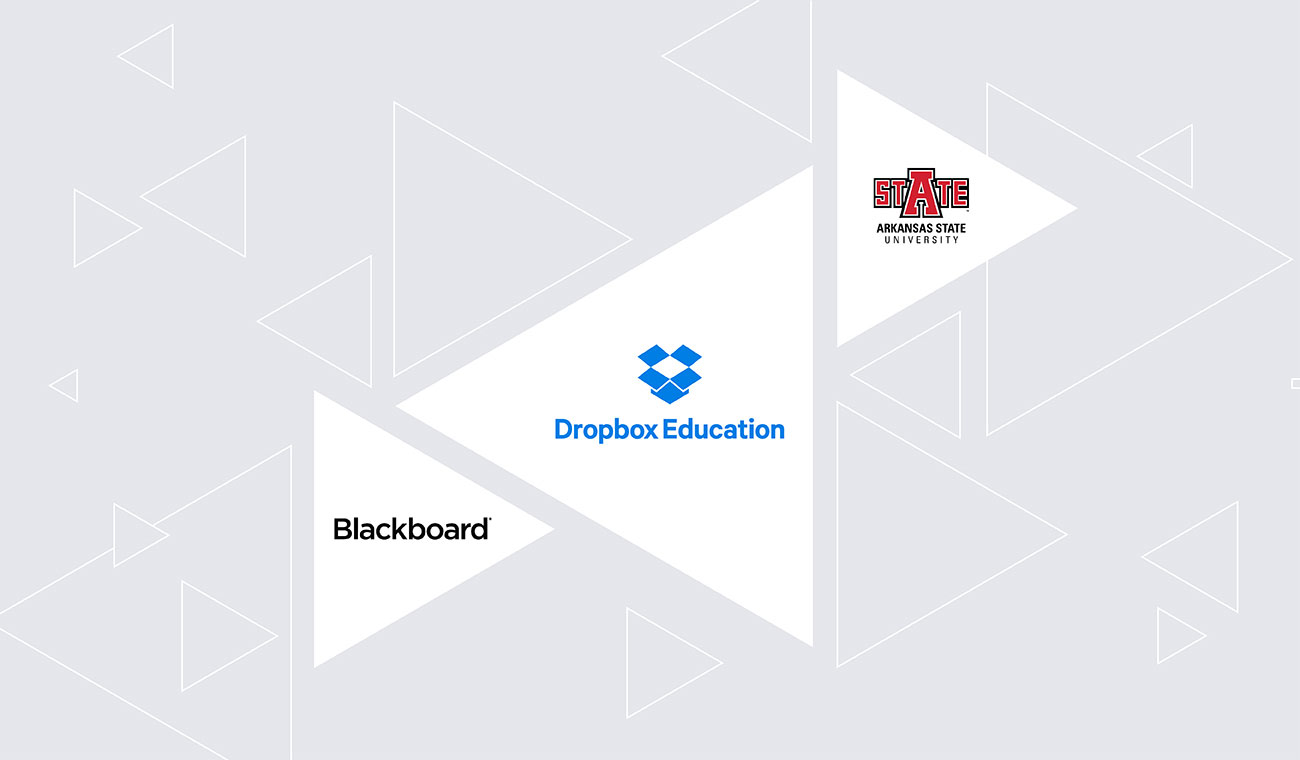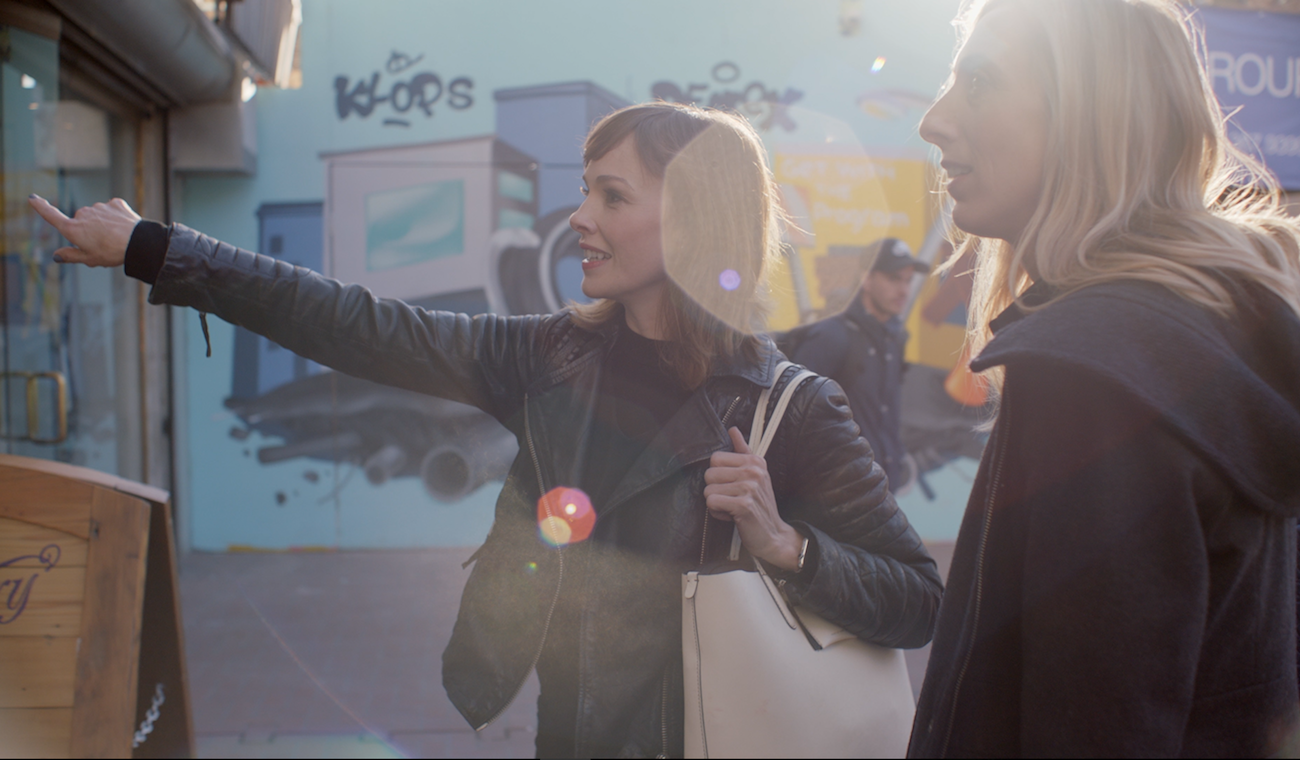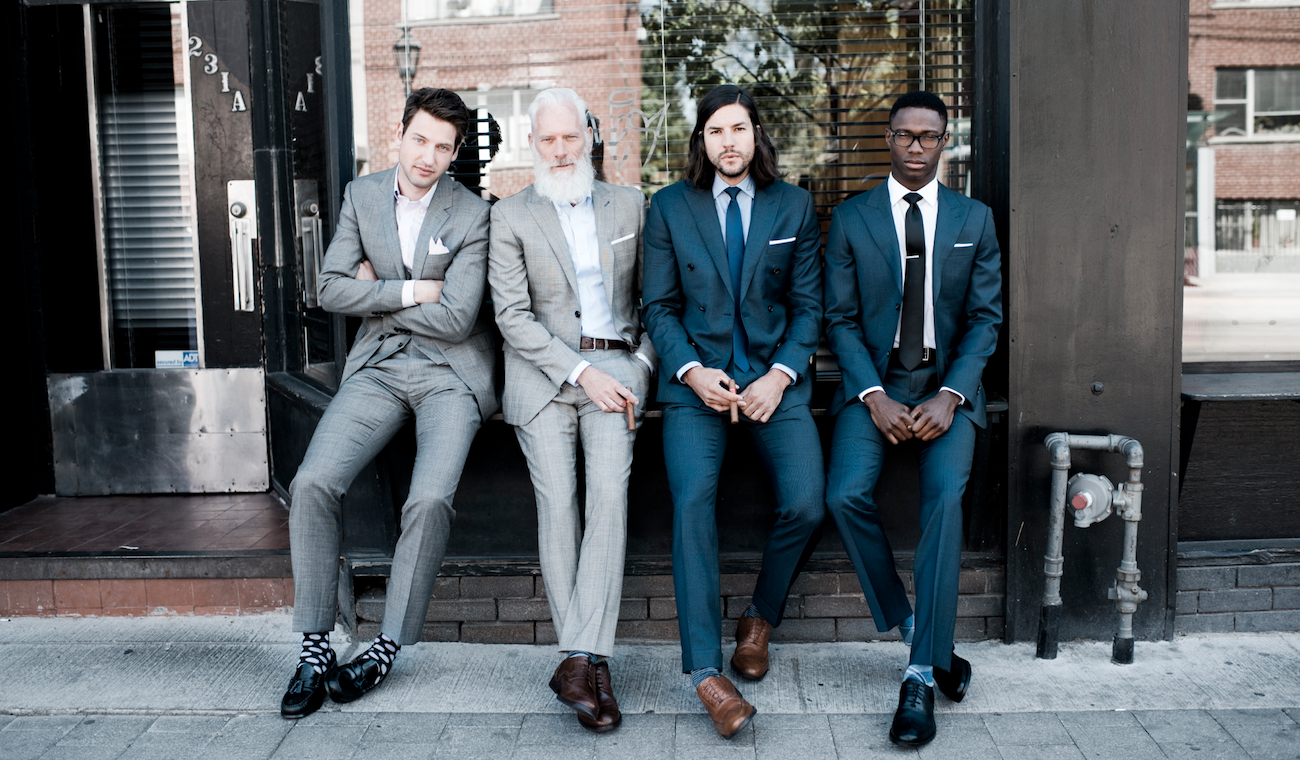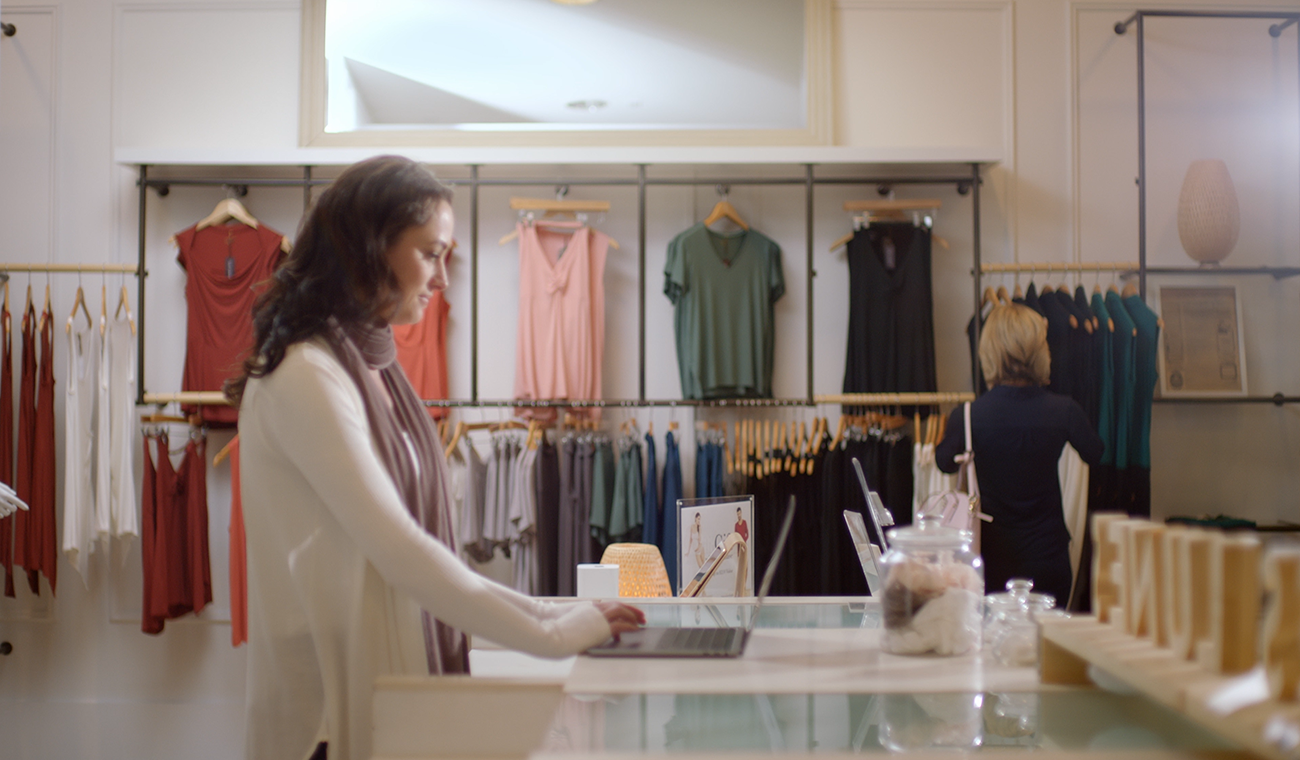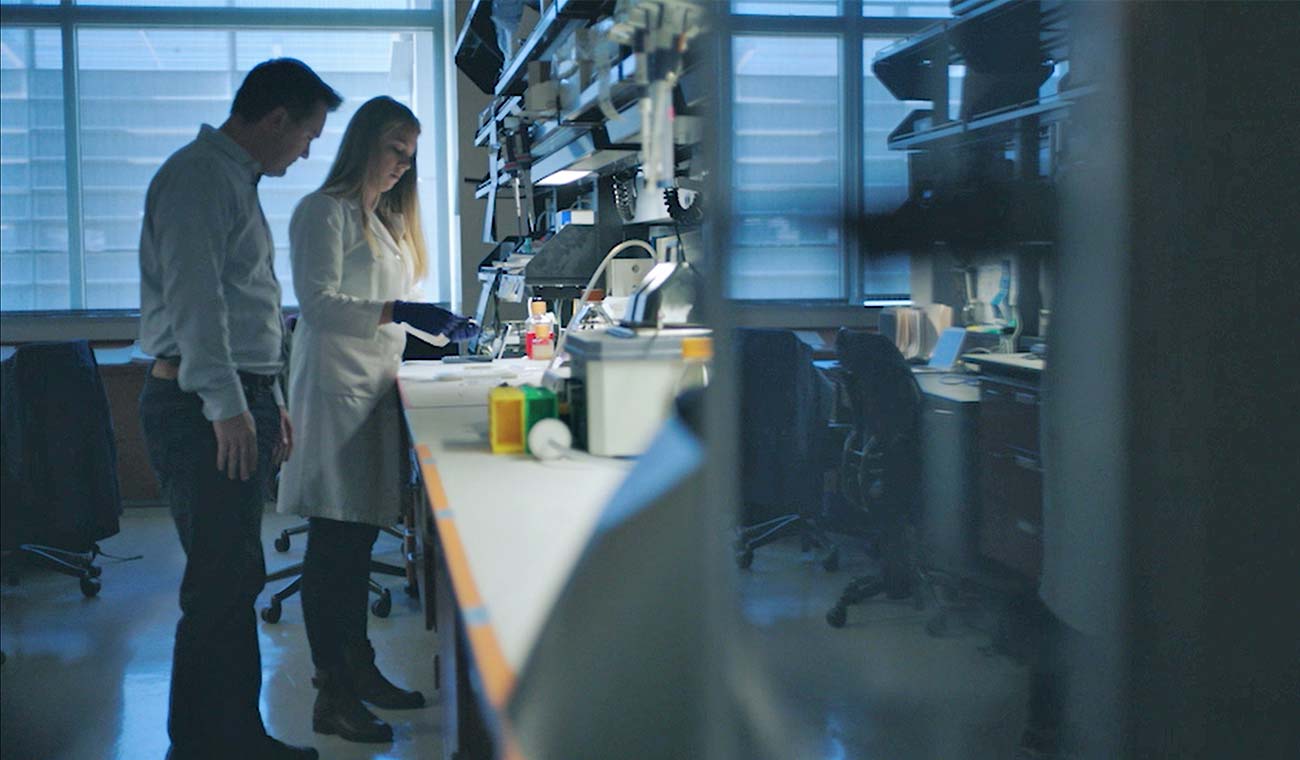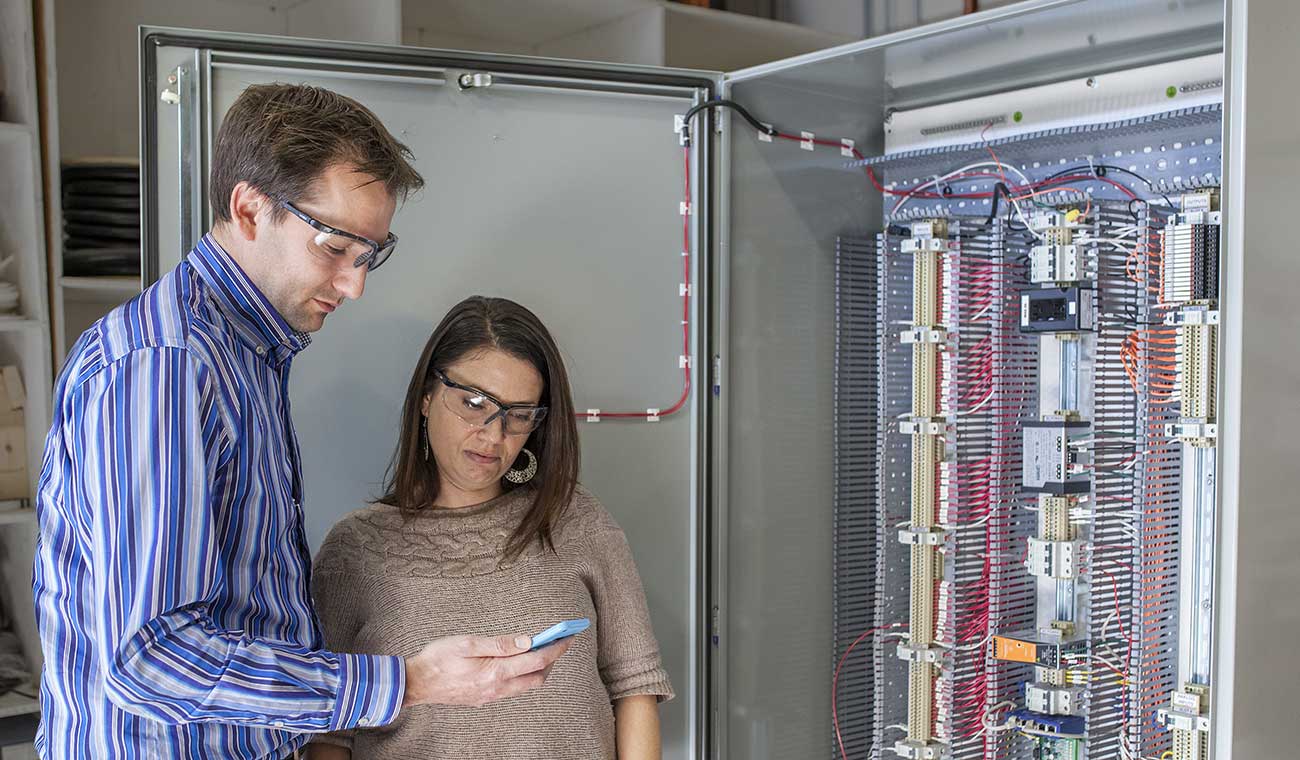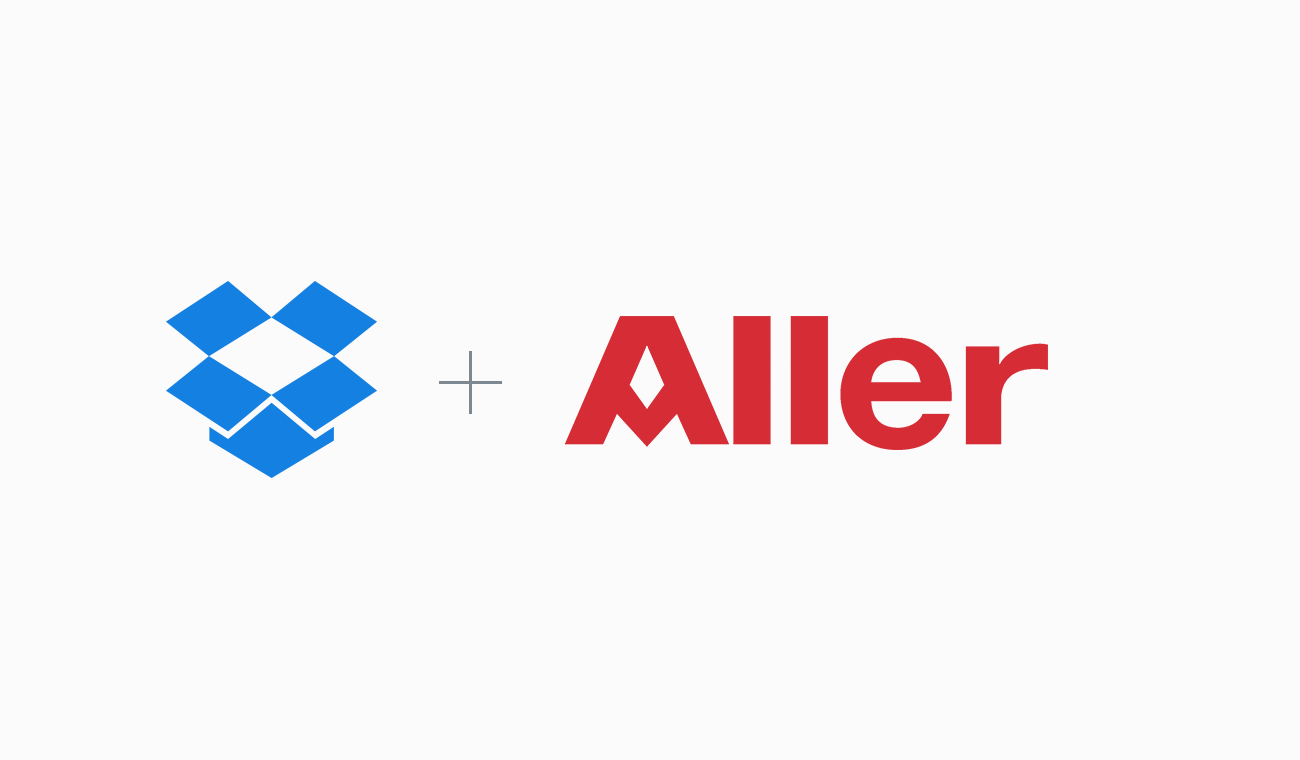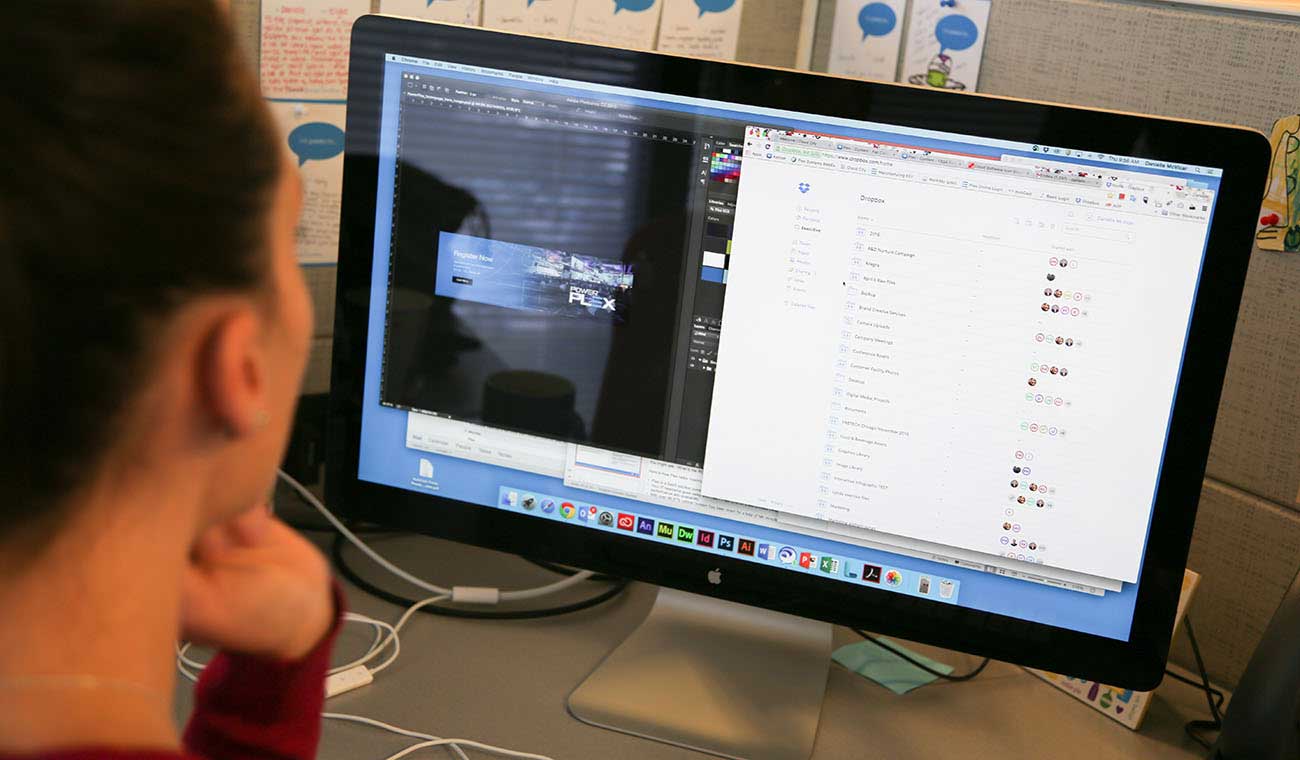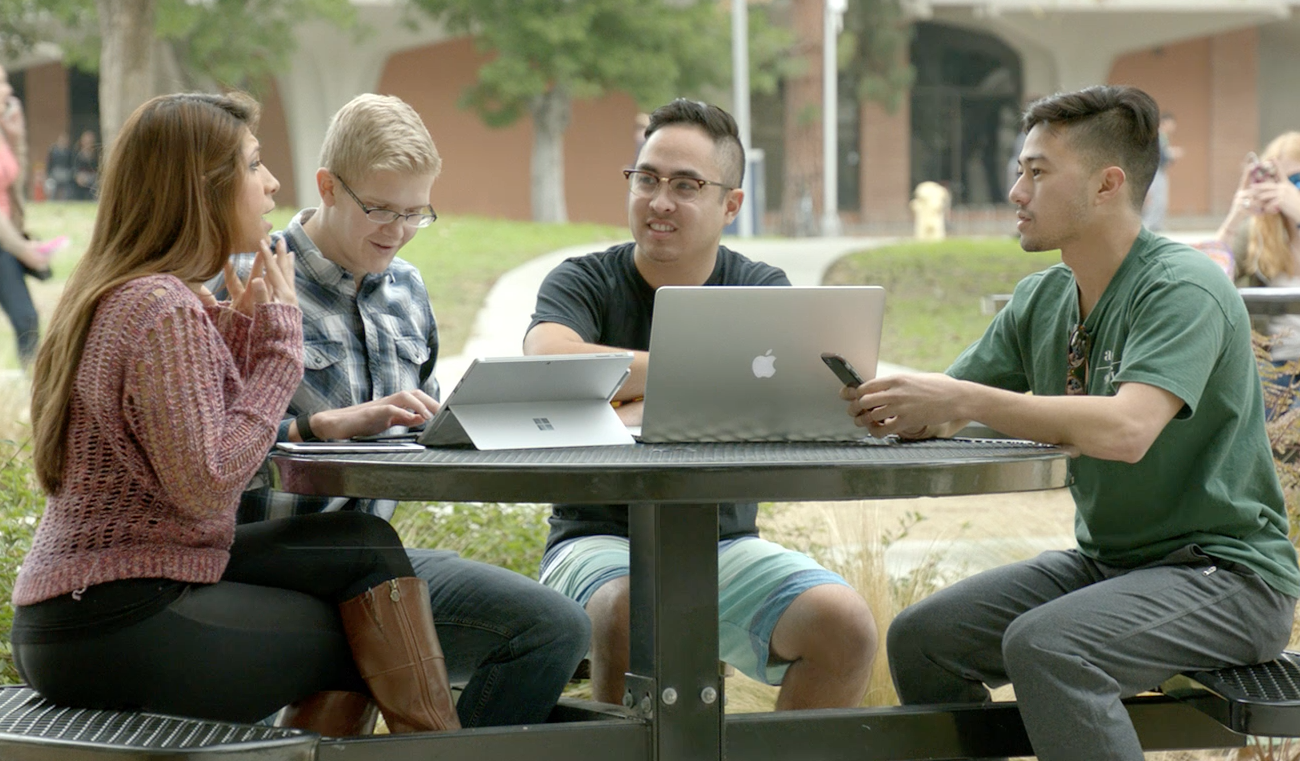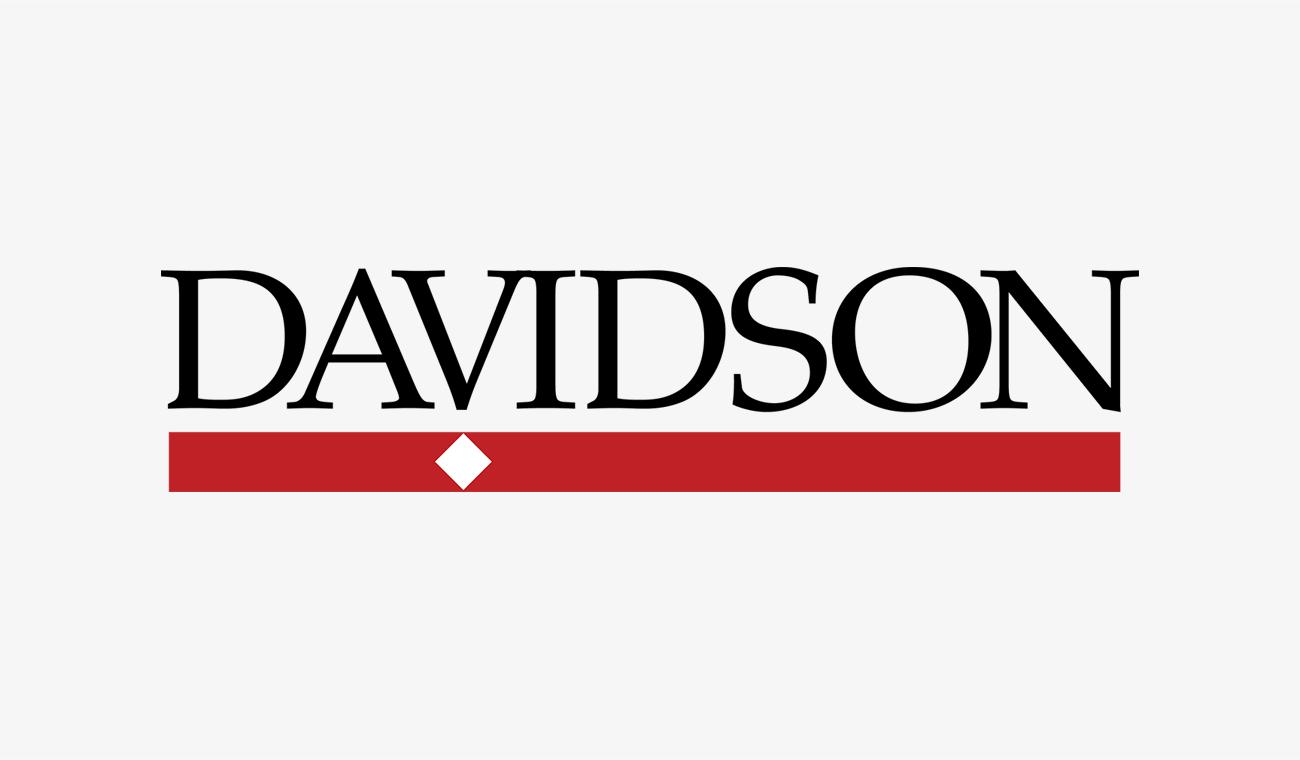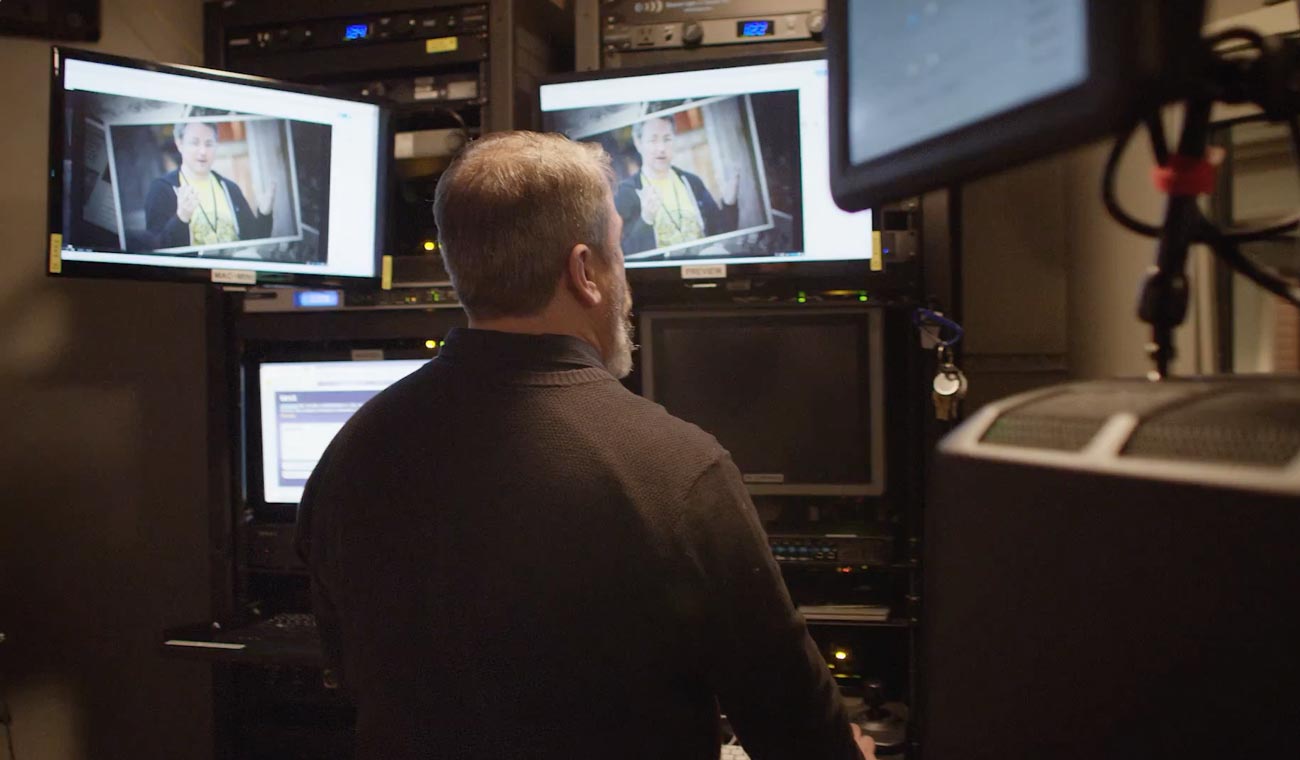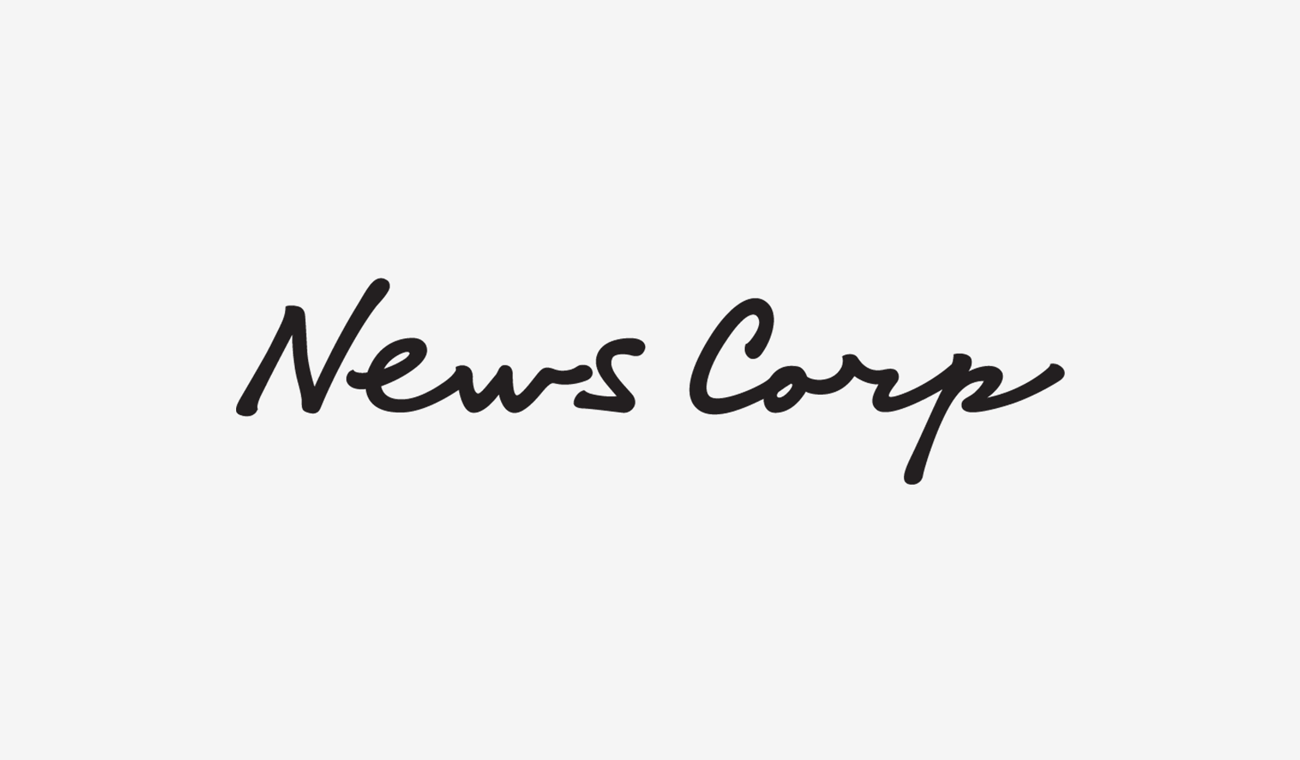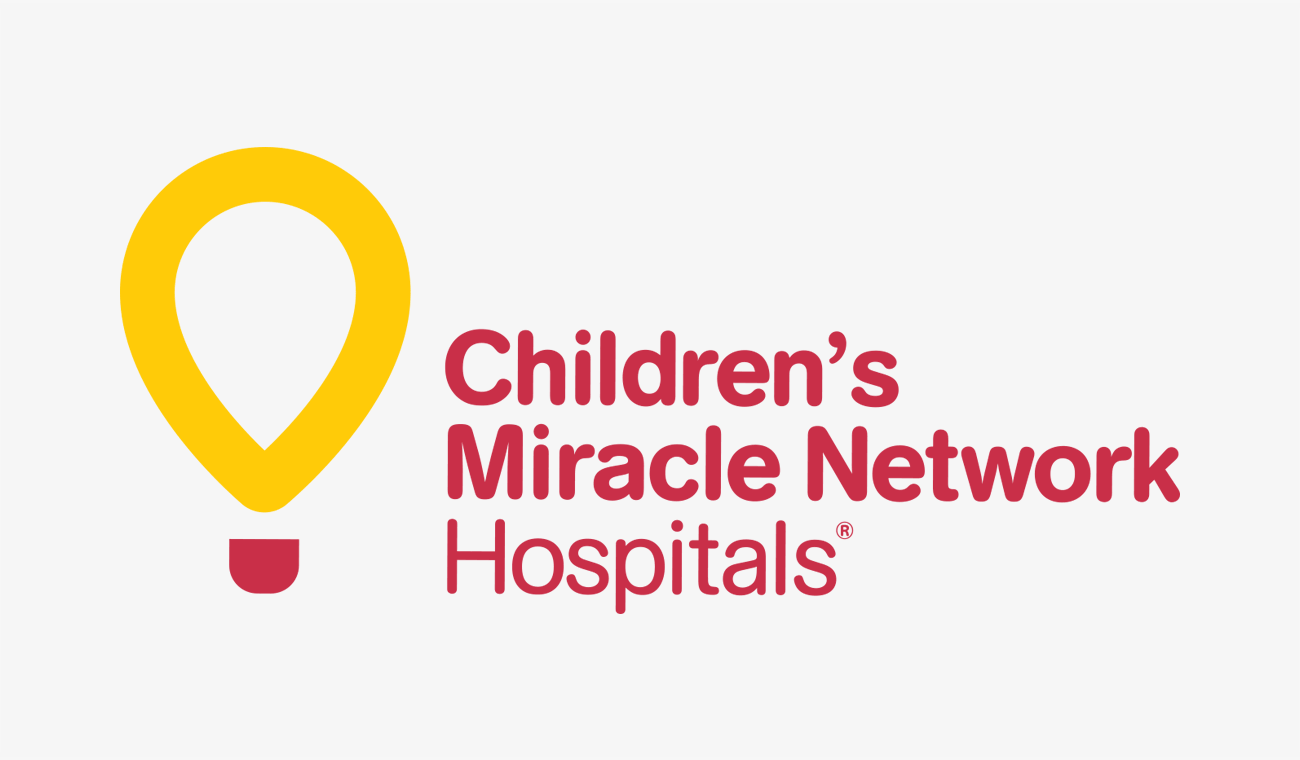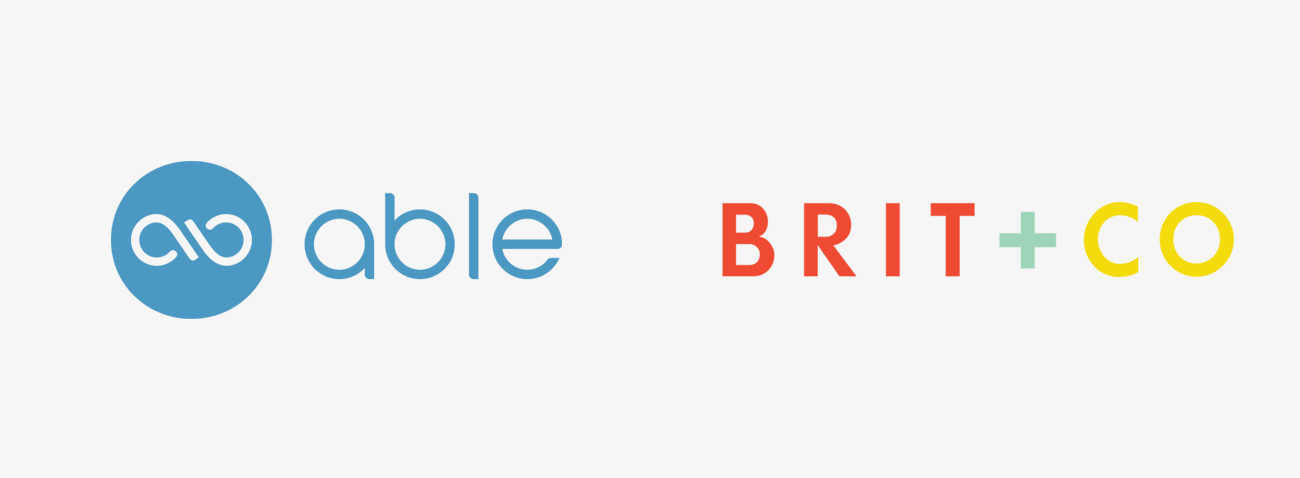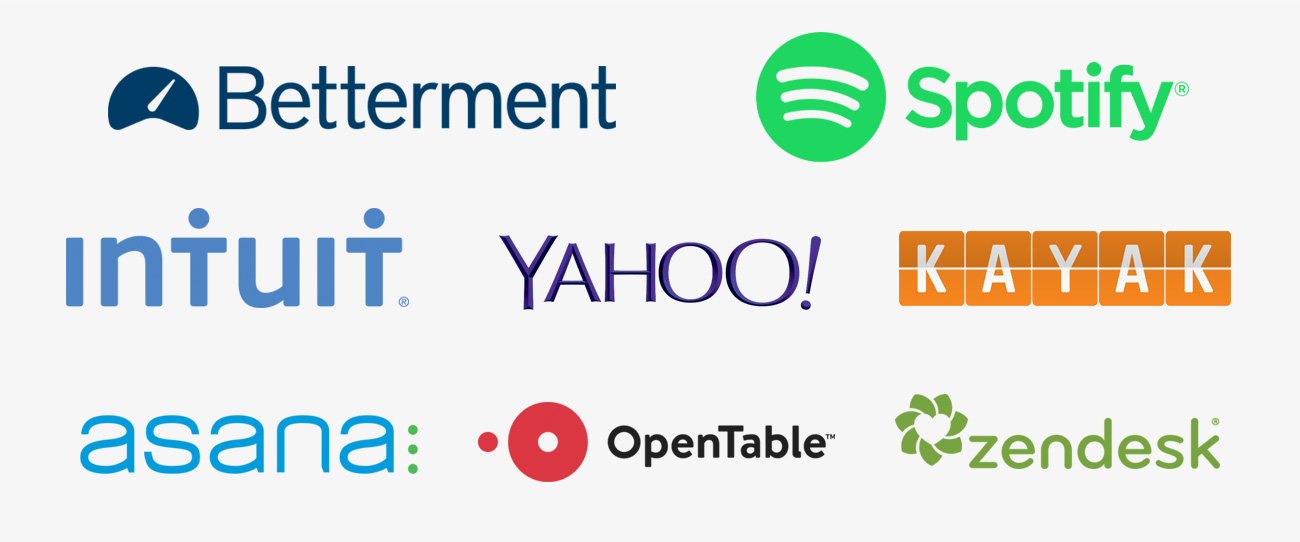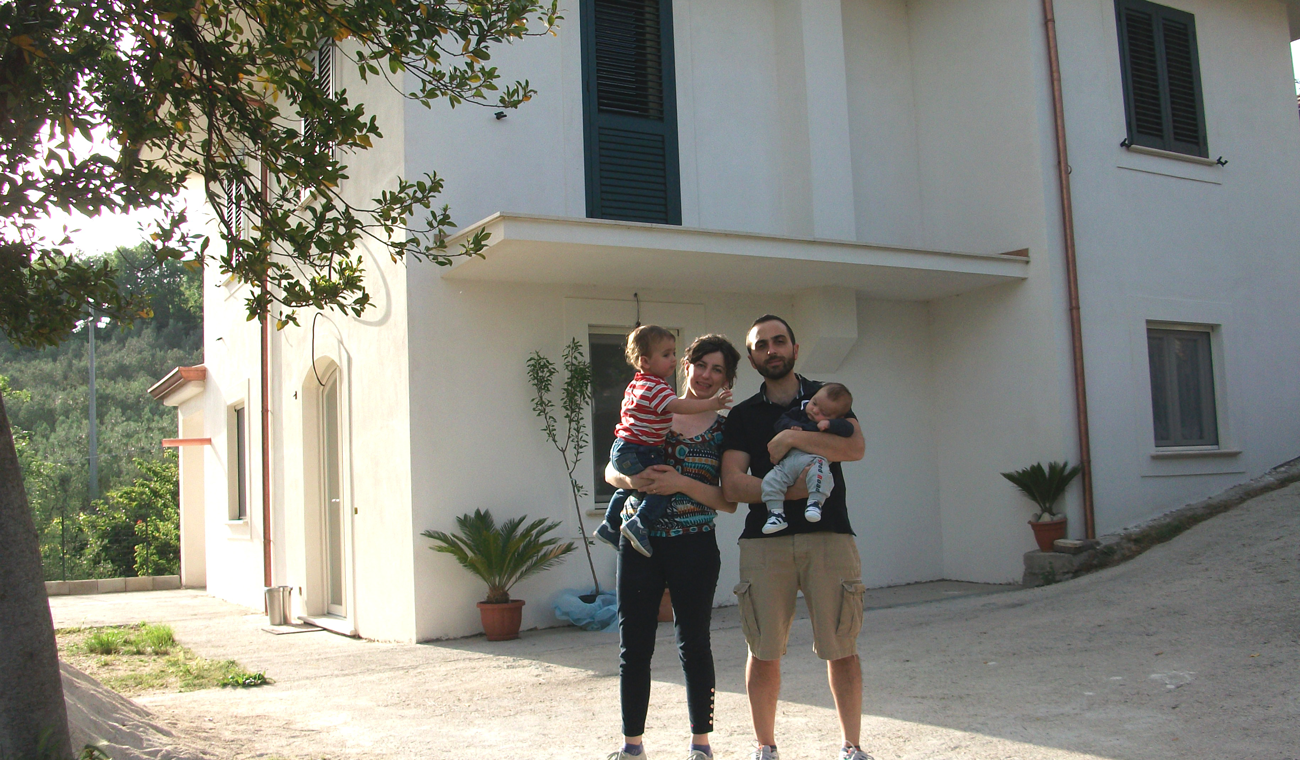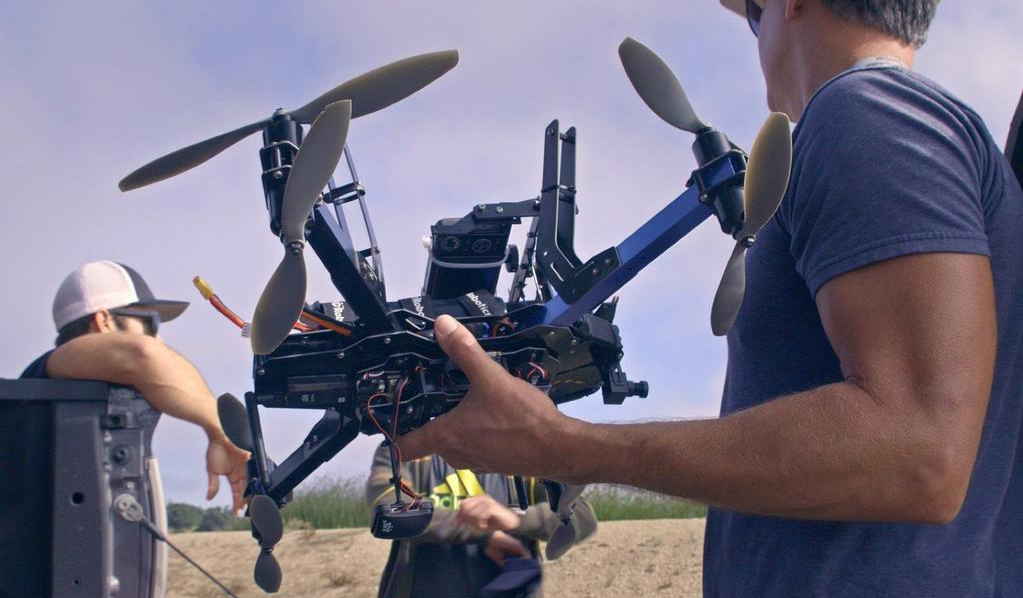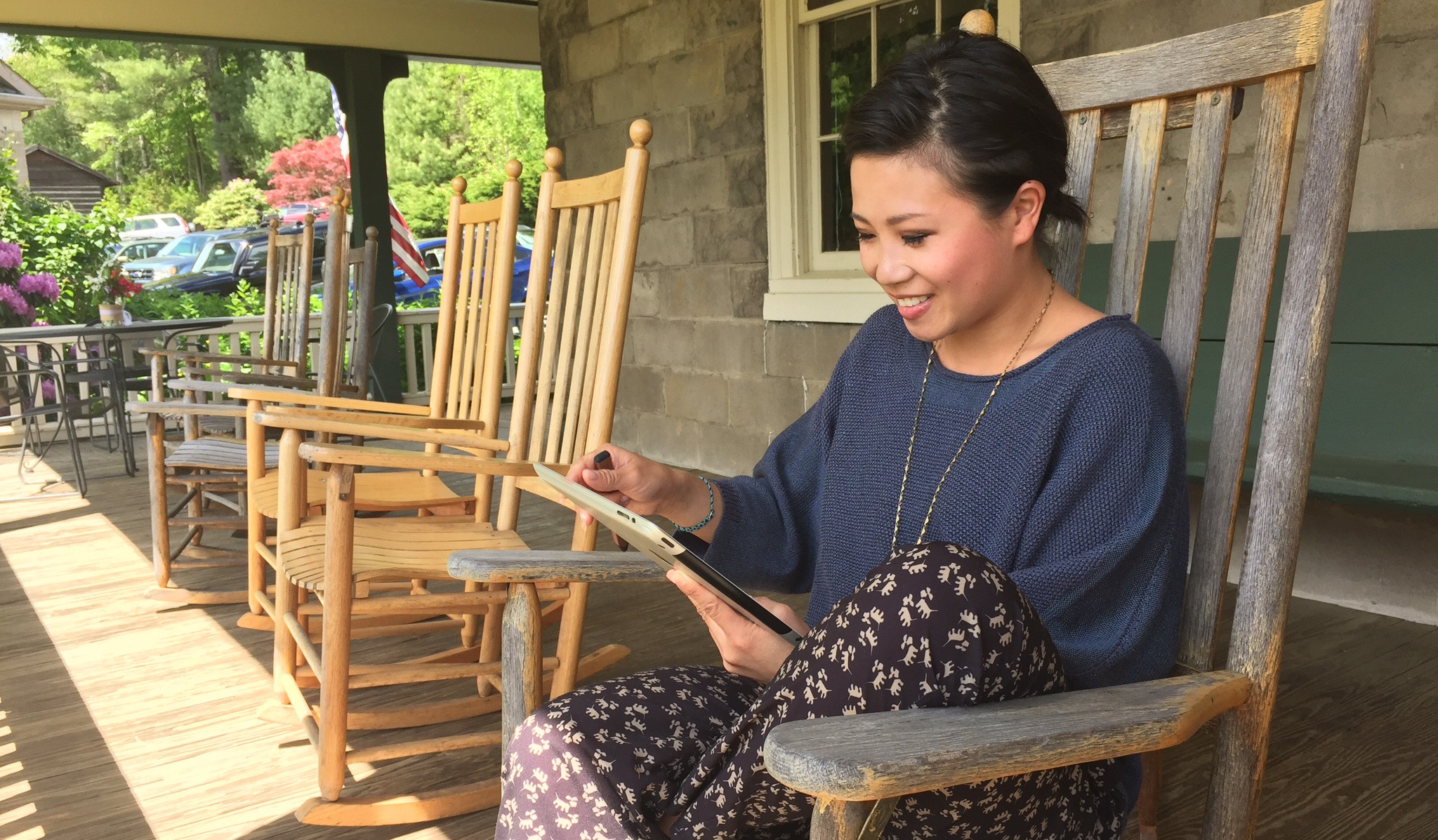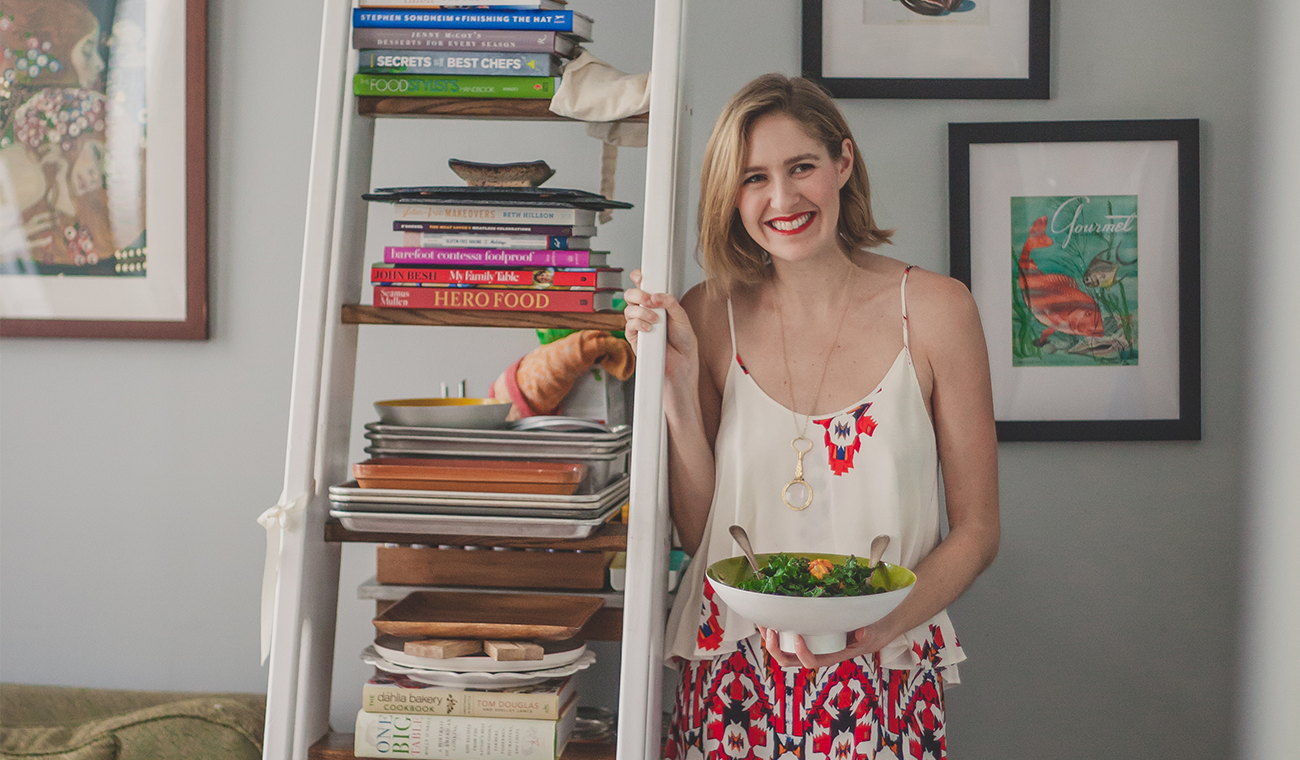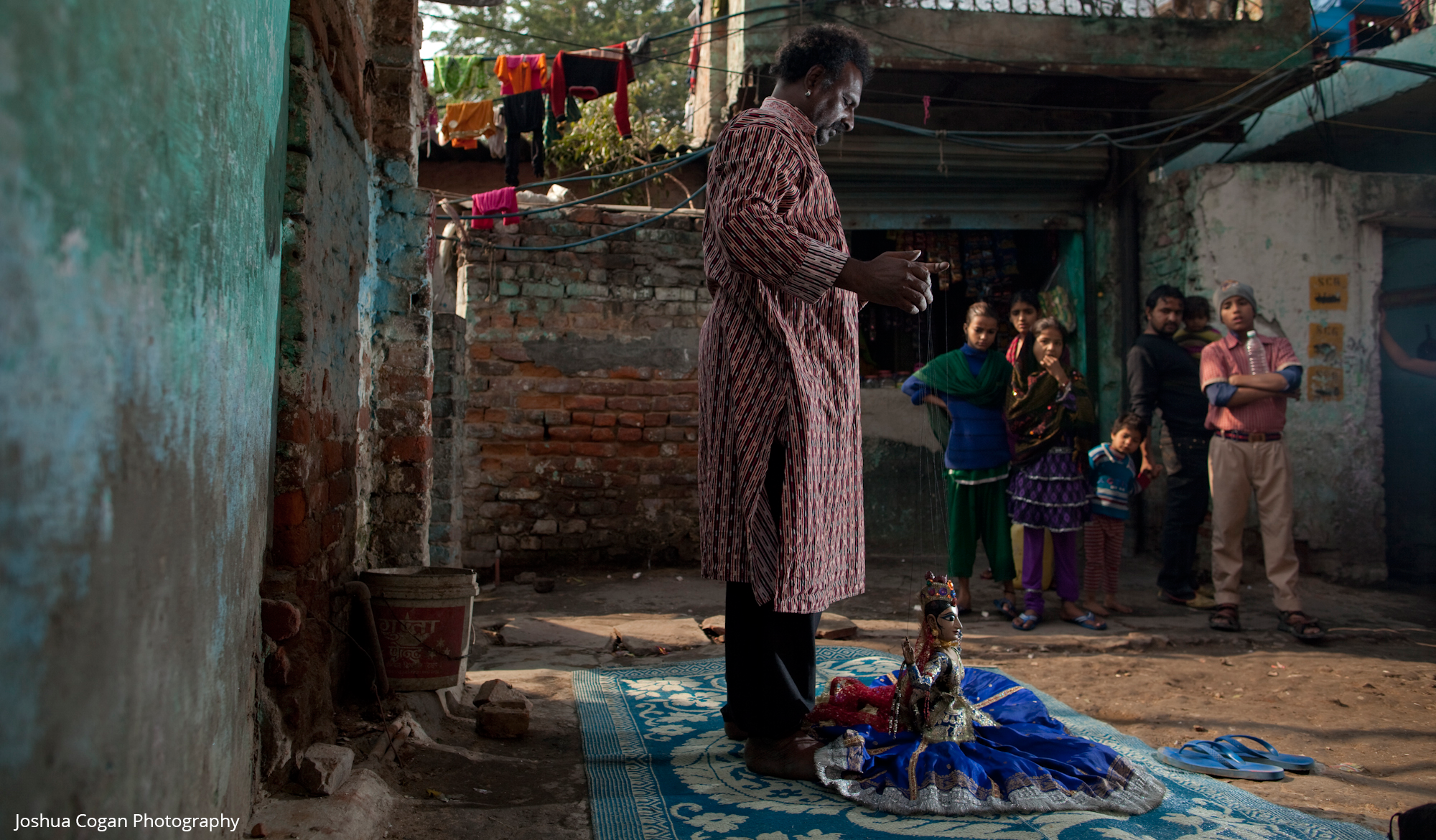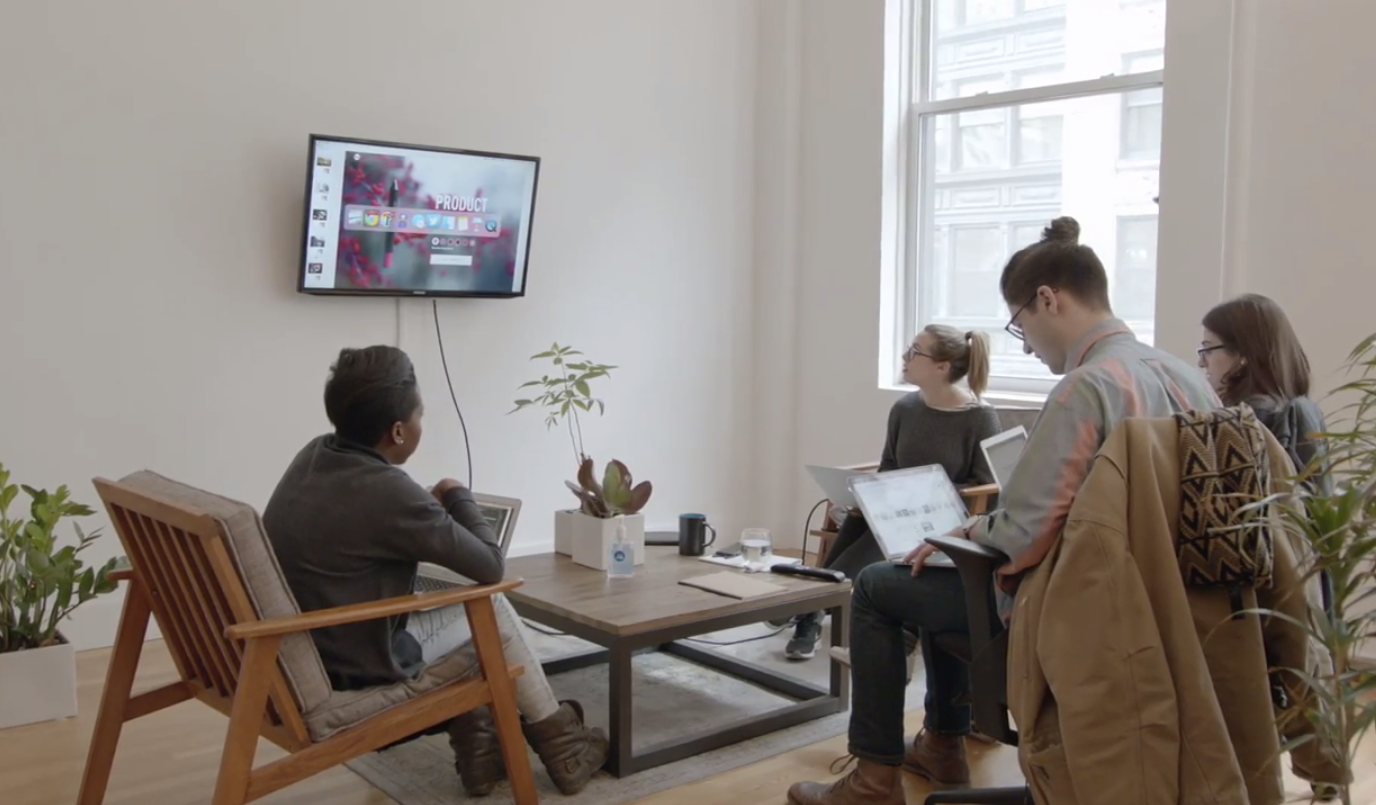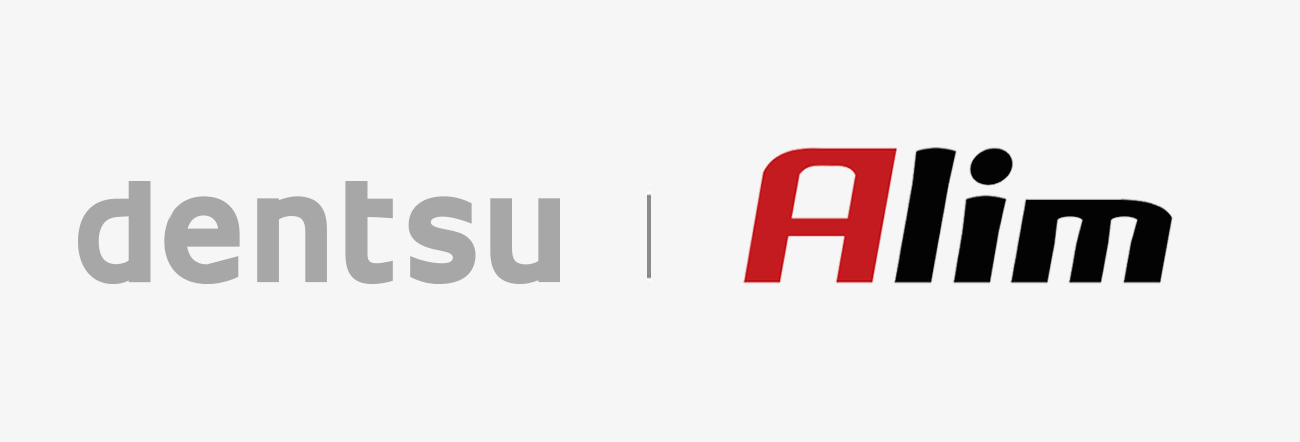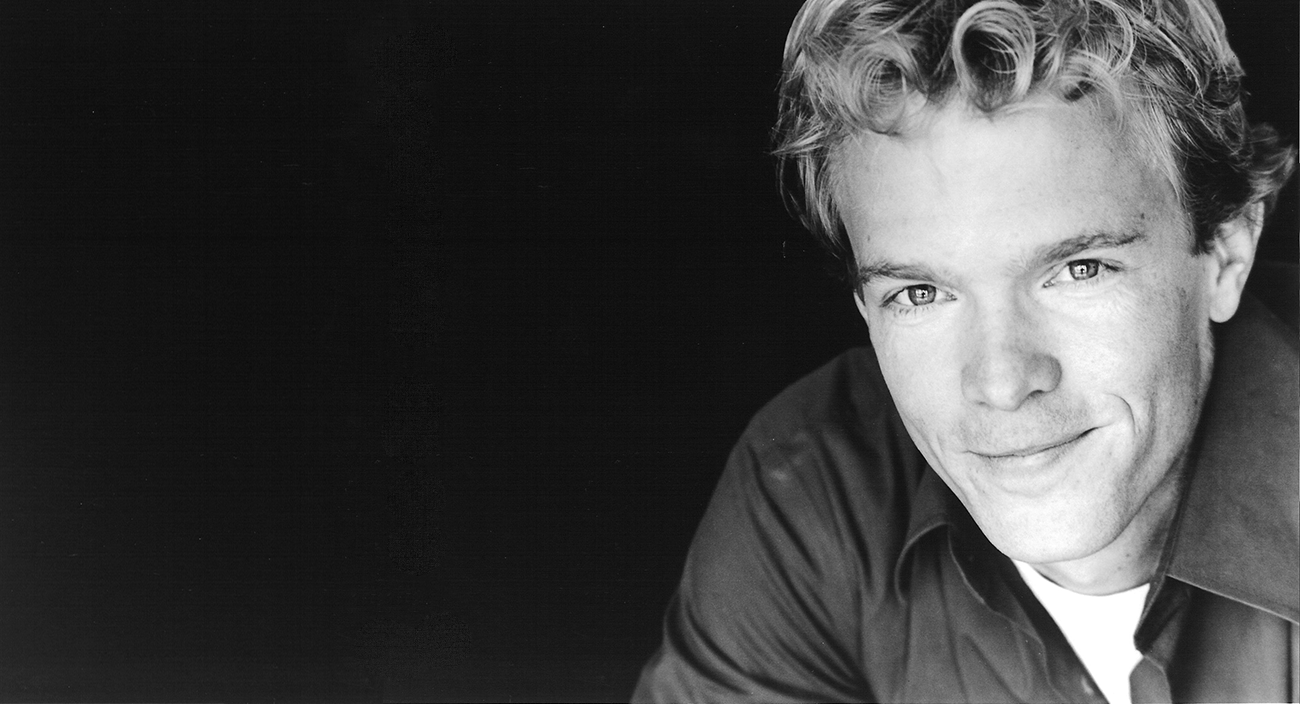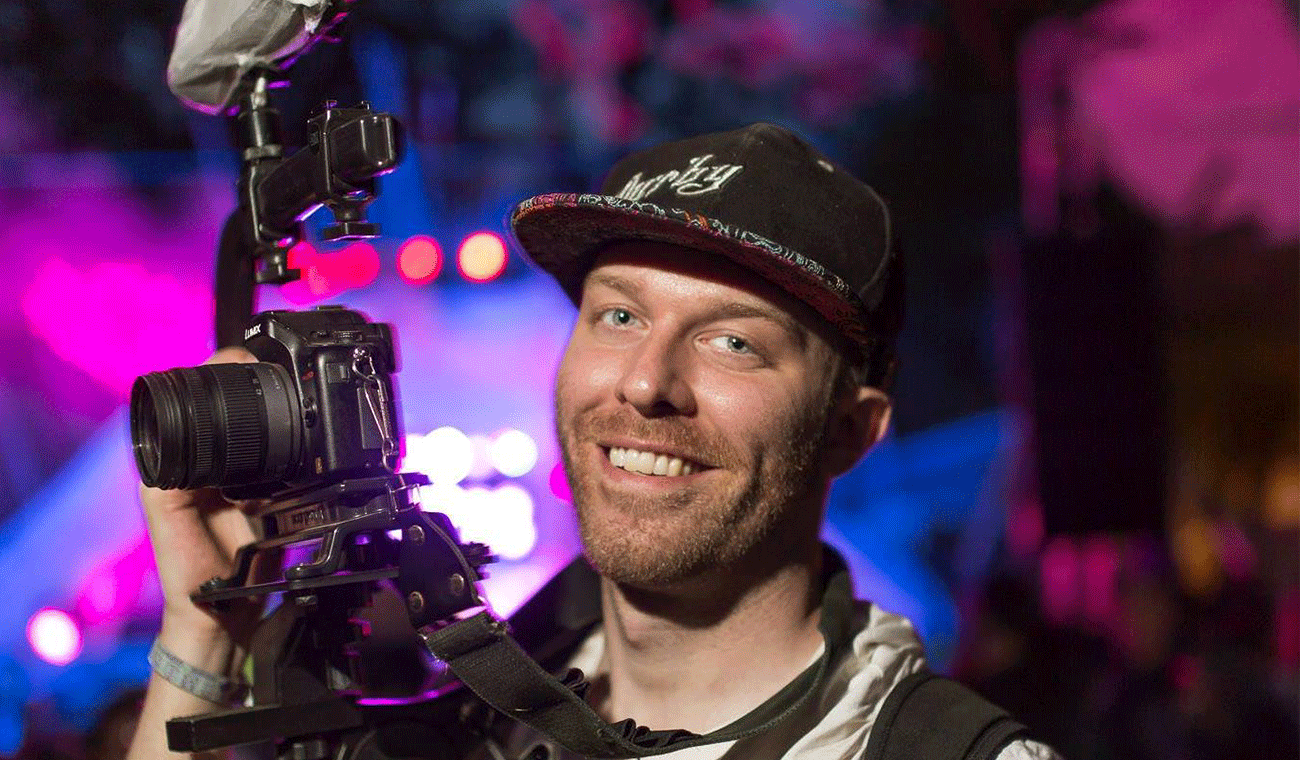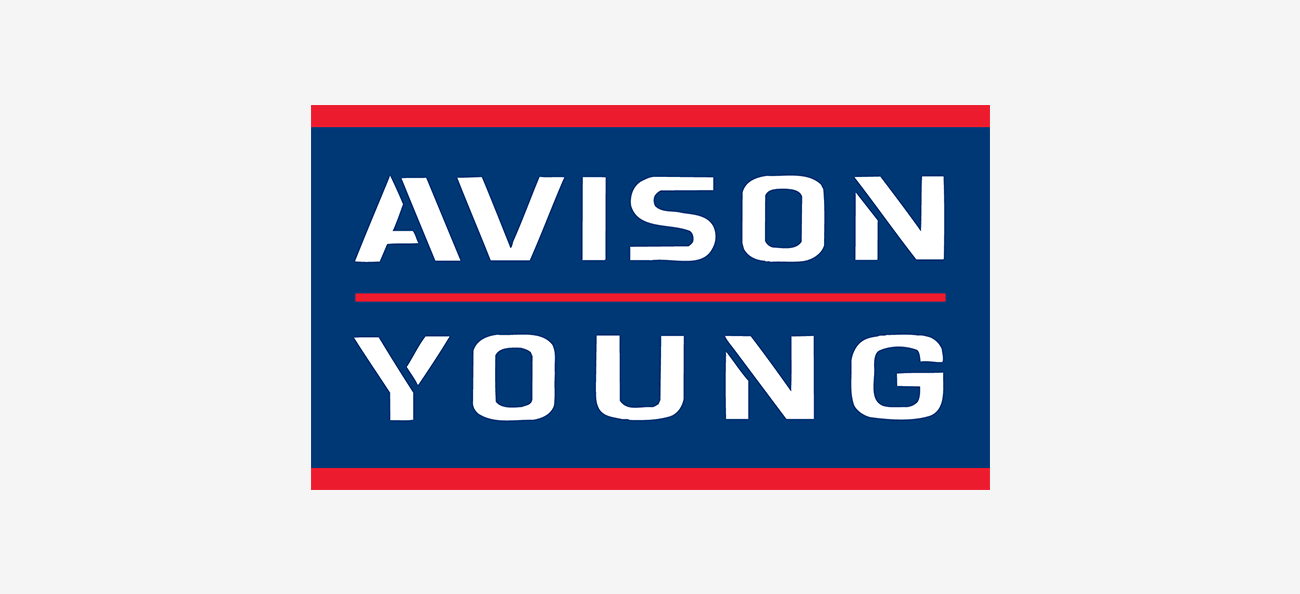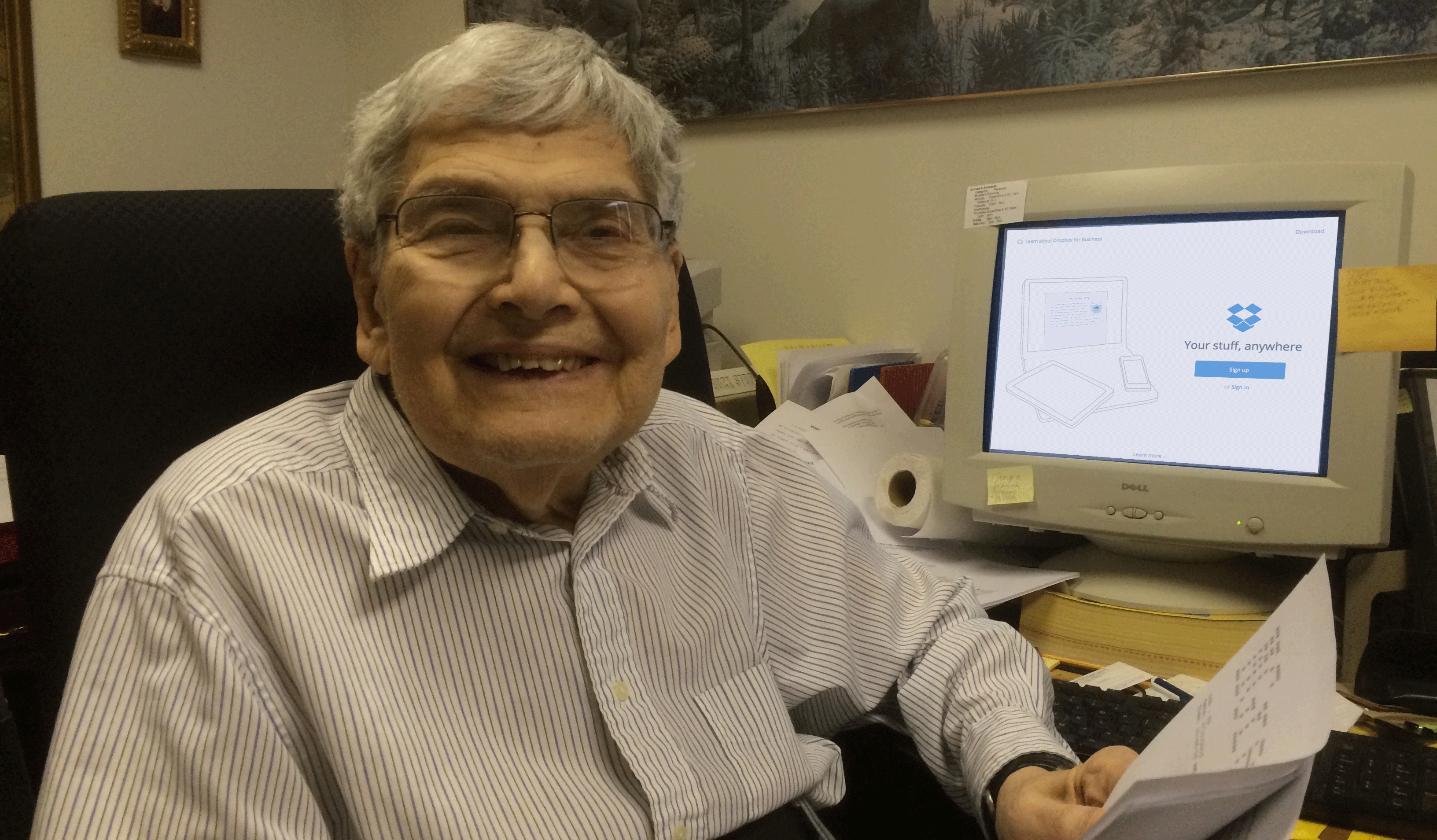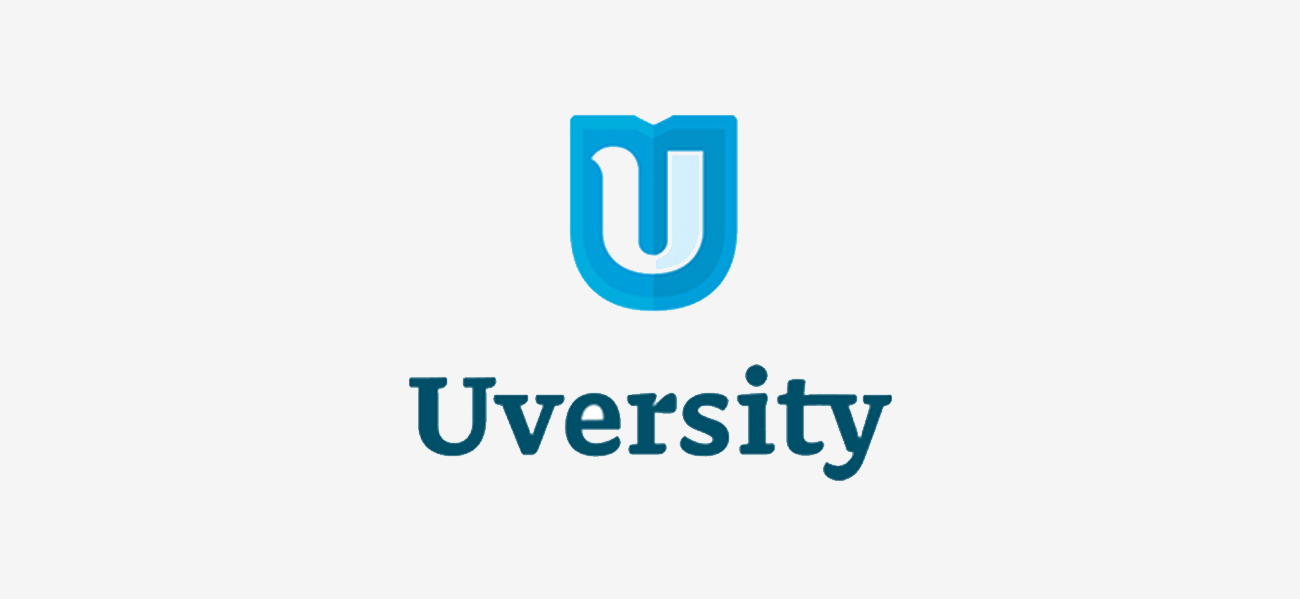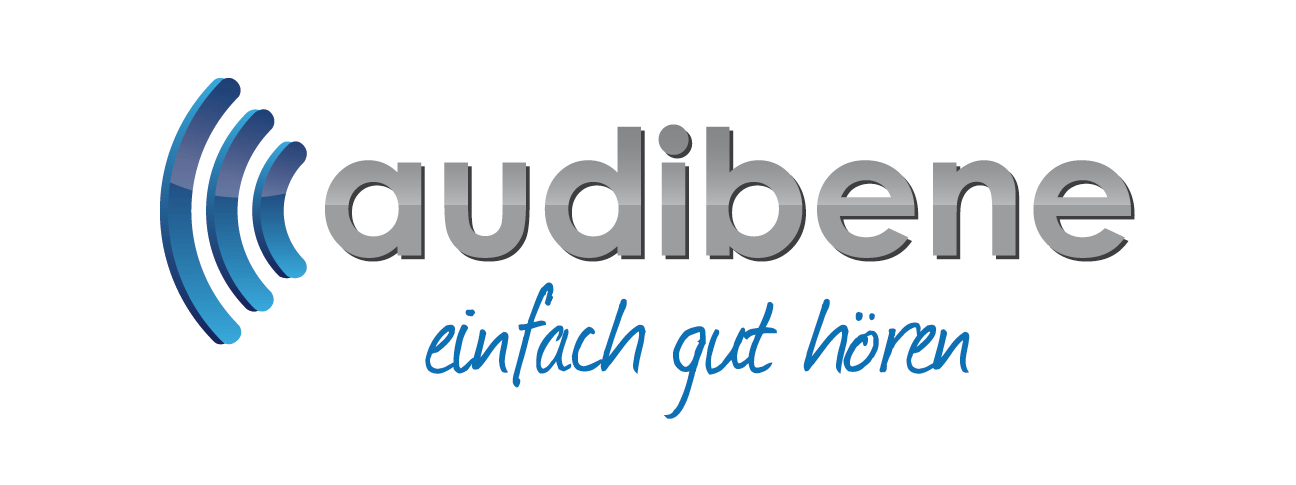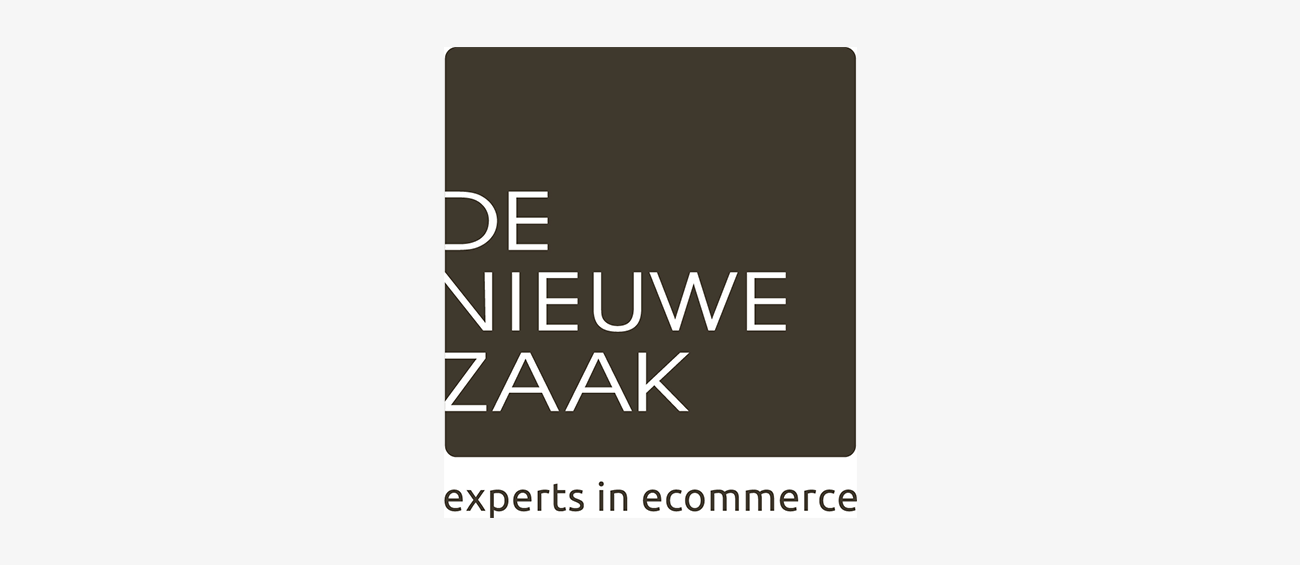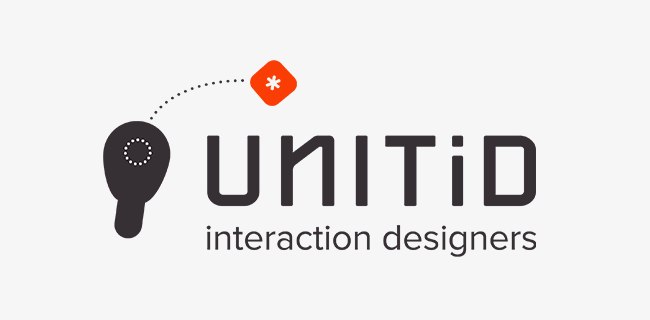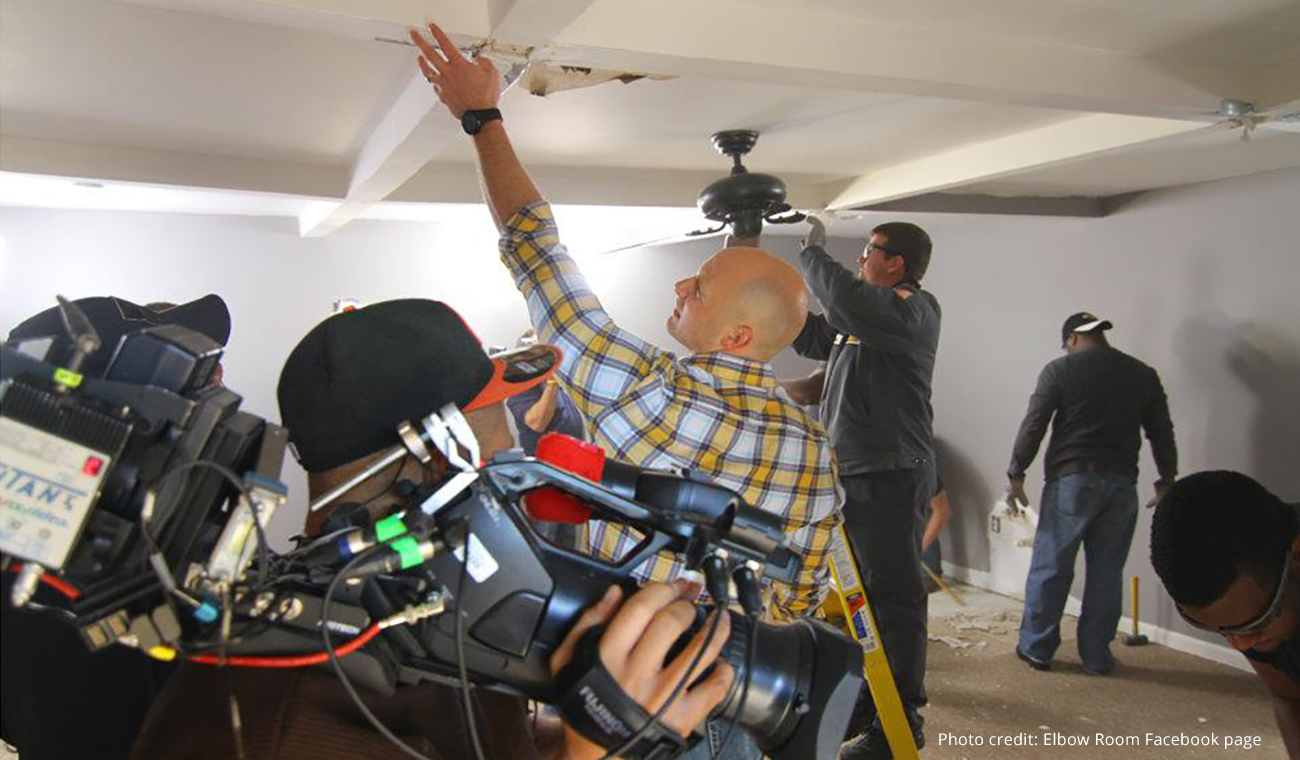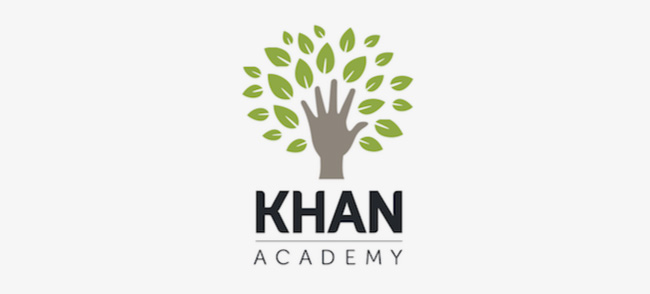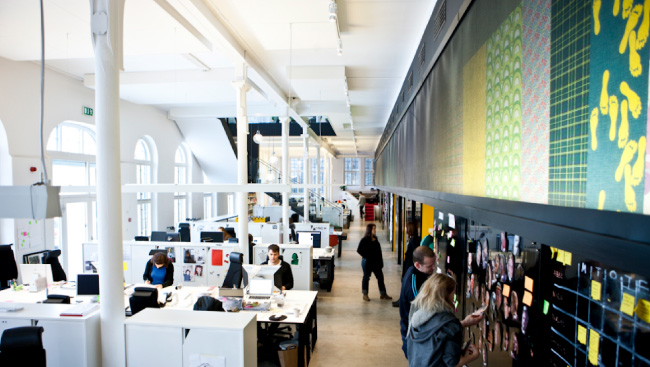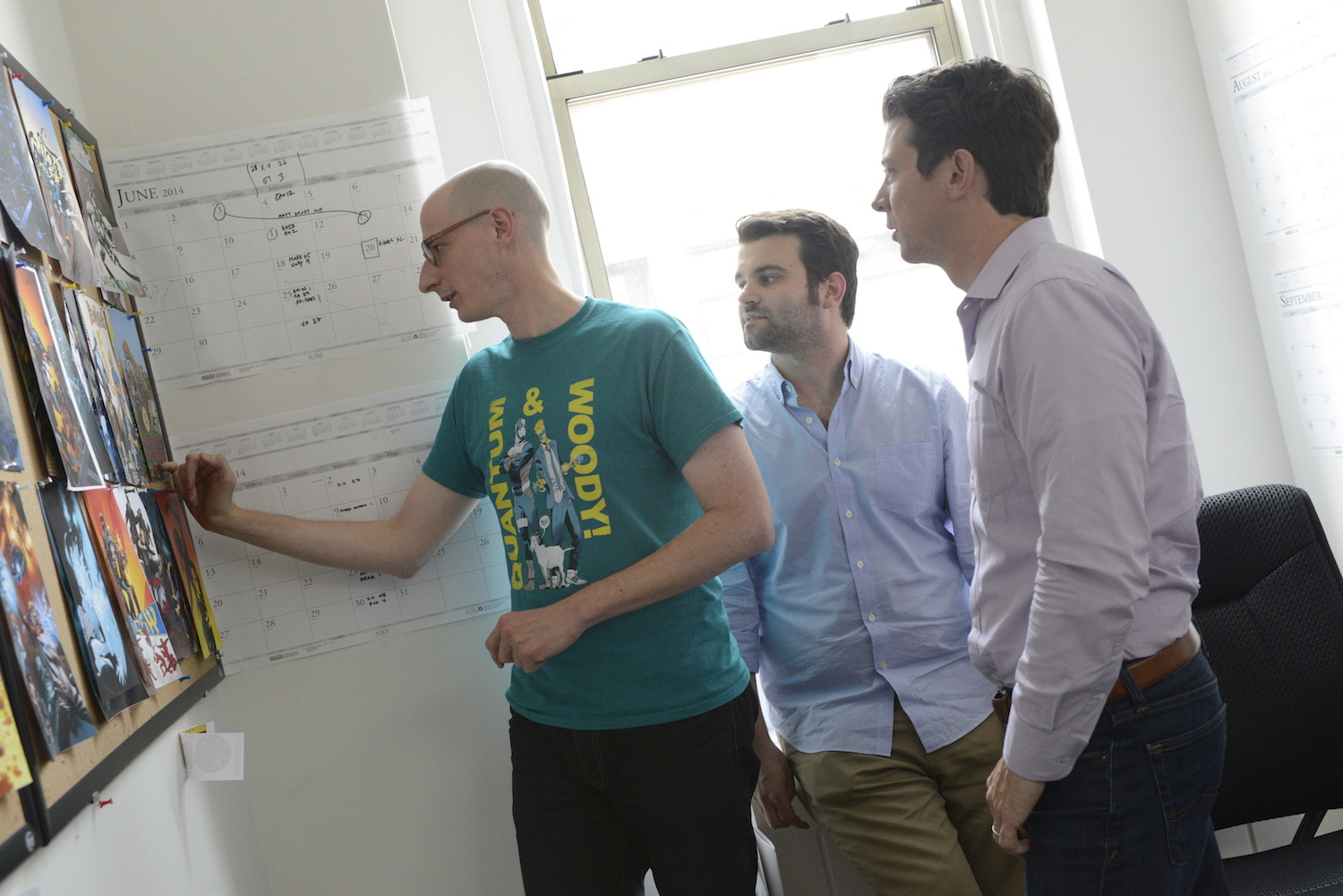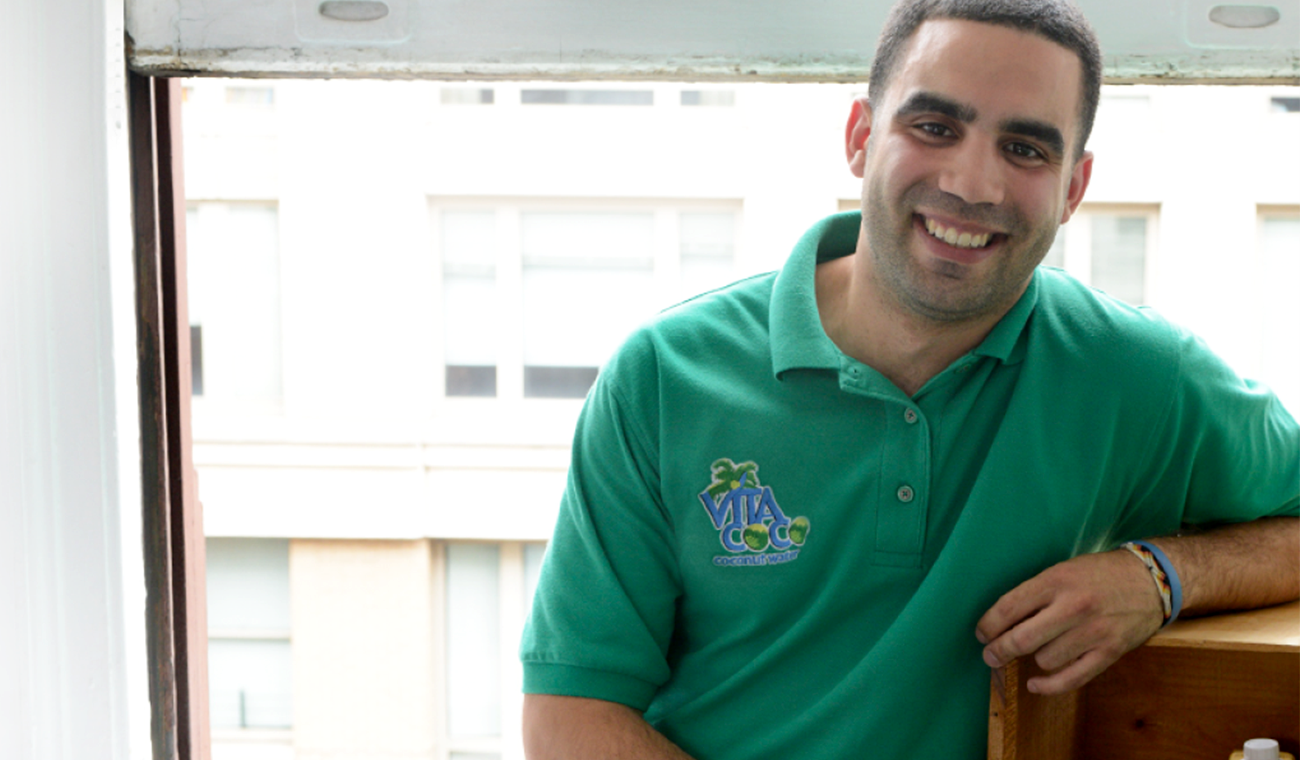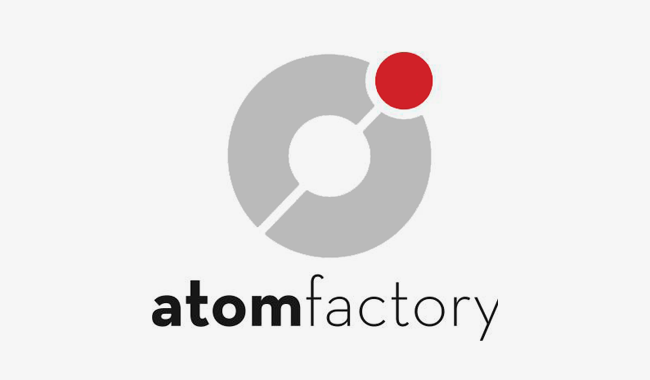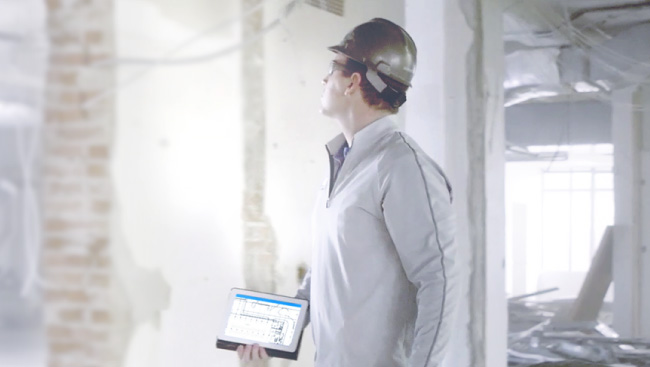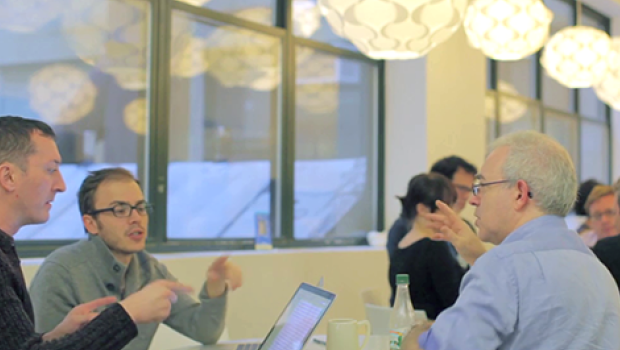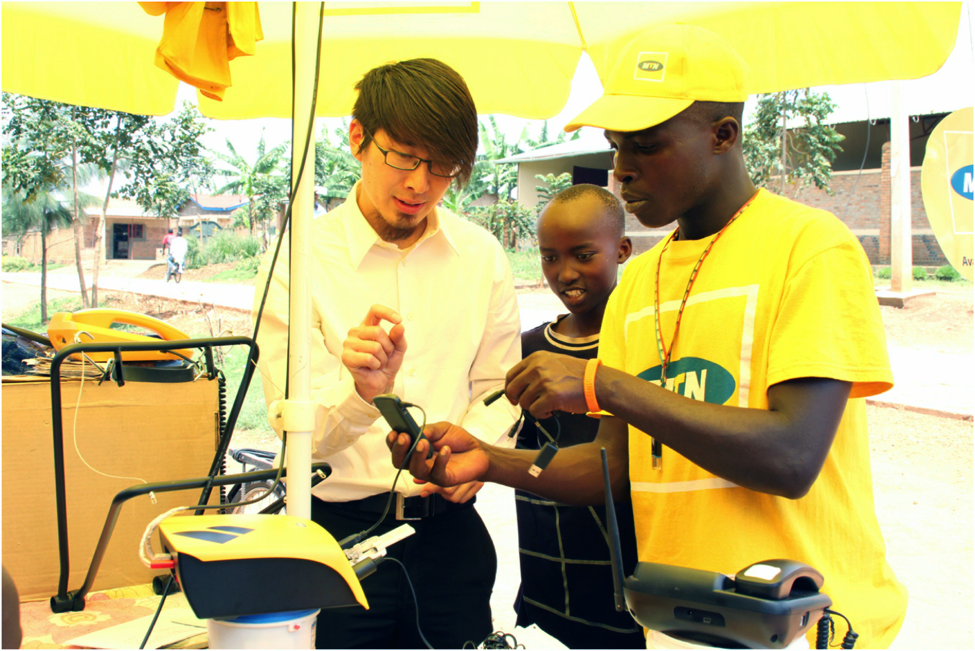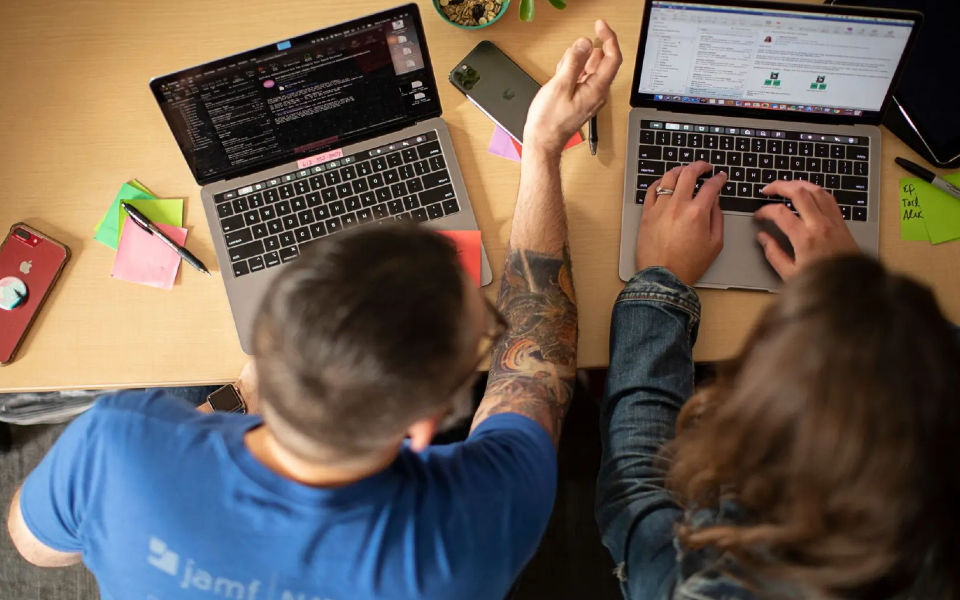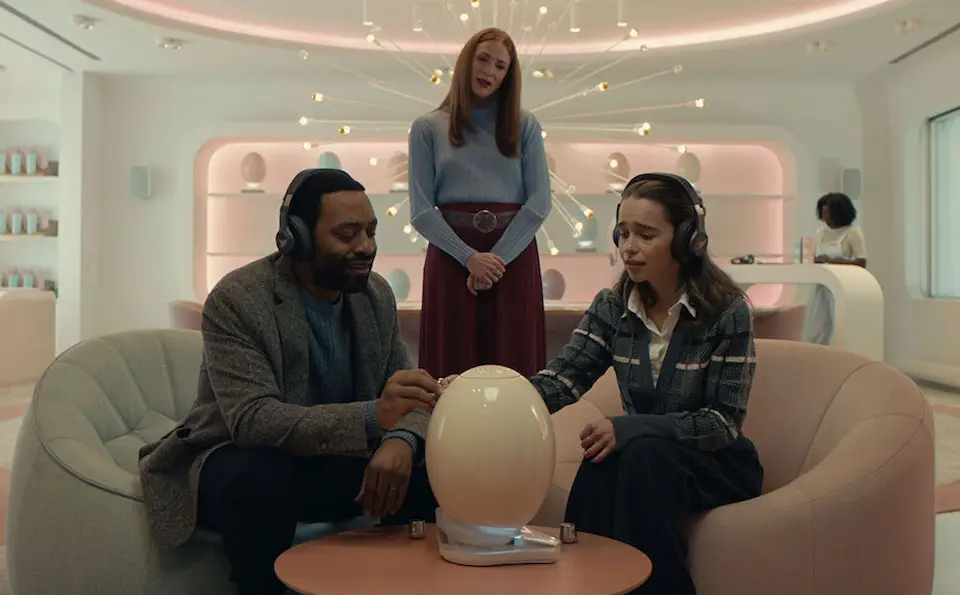
Director Sophie Barthes on escaping content overload
Published on January 19, 2023
What is the cost of convenience and progress? It’s a question at the heart of many science fiction movies, including the new film from writer/director Sophie Barthes, The Pod Generation, which recently won the Alfred P. Sloan Feature Film Prize at the 2023 Sundance Film Festival.
In her latest Sundance premiere, Barthes explores a future where artificial intelligence provides an abundance of conveniences, from detachable artificial wombs to “nature pods” where wilderness is “domesticated, purified, and controlled.” Emilia Clarke and Chiwetel Ejiofor star as a tech executive and her botanist husband who are struggling to decide whether to rely on nature or technology to bring their child into a world where everything has become commodified.
We spoke with Barthes to learn about the origin and evolution of the film, her own relationship to technology, and why she decided to approach the topic as social satire rather than a dystopian nightmare.
What first sparked the idea for this story?
You never know when an idea first comes to be, but strangely enough, when I was showing my first film at Sundance [2009’s Cold Souls], I was expecting my child. I think giving birth soon after that first film kind of triggered the idea for this second film.
[Another] inspiration for the film was a friend who is an obstetrician. In her waiting room, she was constantly seeing mothers with their babies on iPads. She would ask “Why do you put them on these things? The child just needs to absorb the world.” And they would say, “I’m worried my baby is going to be bored.” So I put that in the film. There is a moment where a father is asking, “How can we make sure our baby in utero is not bored?” They’re like, “Oh, we have content.” When you observe this, you feel we’ve become a culture of content.
Why did you decide to make a satire instead of a drama?
I love science fiction, but it takes itself very seriously—for a good cause because it’s trying to say important things about human beings. As a filmmaker, it's interesting to tackle subjects that have political resonance, [but] I think you have more impact with laughter [because] no one likes to be lectured. For me, I always feel laughter is the most powerful tool.
But the film also has some poetic and dreamlike moments. I feel the experience of life is, we go through this rollercoaster of emotions. In one day, we can cry, we can laugh, we can be extremely depressed or elated. It’s difficult to pull off in a film because I think it's easier for an audience to dive into one specific tone. The beauty of films is, they come together at one point and have their own tonality. That’s a discovery you make as you work on the film.
What was the creative process for taking the story from script to screen?
My husband, Andrij Parekh, is the cinematographer on all my films. He’s always my first reader. He guides me and gives me notes. Then, when I feel more comfortable, I have a group of New York screenwriters and filmmakers that I really trust. I send them drafts, then I rewrite. It always morphs and evolves. This movie took several years for all the research and writing.
“For me, I always feel laughter is the most powerful tool.”
We were ready to shoot in New York. Then the pandemic happened, and we had to reset everything and shoot in Europe. Luckily, Emilia Clarke came onboard very quickly and we were able to put the film back on its feet.
The work has been improved vastly by the digital tools we have now. We prepped the entire film, aesthetically and creatively through Zoom for six months. We used Dropbox all the time as our main source of sharing images and all the files we had for the film. It's a futuristic film but for all the reproduction, we used old footage from a Swedish film from the ‘80s. So it's like retro vintage science fiction! We used a lot of Dropbox for this, because we needed to look at hours and hours of footage of archives.
How do you collaborate with your crew to bring your vision to life?
With the actors, I really believe in letting [them] find emotions and find the characters. You can't treat actors all the same way. They all have a process that's very specific to them. Chiwetel is extremely prepared and has a very specific idea of how he's going to do it. It's all mapped out in his head. He's extremely meticulous and precise. Emilia is much more fluid and searching. She’s open to more back and forth.
I believe cinema is a collaborative art. You wouldn't be able to do any of this without the collaborators. All the people I've surrounded myself [with] are much more experienced than me. We just did the sound mix and I learned so much about how to write differently to sound because the sound designer is exceptional. As a director, you’re gathering the people to do the best possible work to keep your vision.
It's like what Kubrick was saying: [Directing is] like trying to write a poem on a rollercoaster! It’s a constant storm. You have to be adaptable and resilient and never give up. Otherwise, I don't think any movies [would] come to life. You're like, ‘It's been four years for one hour and a half of content? The equation doesn't make any sense. Why am I doing this?’ But you do it for the collaboration because you meet incredible people that are so talented in one specific craft.
“It's like what Kubrick was saying: [Directing is] like trying to write a poem on a rollercoaster!”
In the film, you explore how nature is becoming commodified and co-opted by technology. How do you navigate the tension between nature and technology in your own life?
Technology has brought us incredible things. Some applications of technology are helping us and making our life better. But at the same time, we’re becoming slaves of technology.
When I need to write, I have to go in nature, disconnect everything, and just think. We have so much content inside of us, but I think, sadly, technology is used to make us rely on external content, which is something we all do. I'm not better than anyone. I also have my two phones here, and I'm checking them all the time. But I feel I'm a slave of this thing, and I would love to not have to check it all the time.
I think we're disconnecting ourselves from simple pleasures, the pleasure of nature. The more we're doing this, the less we can love nature, and the less we can understand how to protect it.
What advice would you give to creators who are struggling to stay focused on their craft?
I think the function of art is to find your voice. Every voice is exceptional because it's unique. I think it’s most important to believe that you're going to find your voice and the tonality that makes you happy. It's a very physical thing when you write and it feels right. You feel it.
But we are all bombarded constantly. I could spend two or three hours per day reading the news. I think as creative people, it's important to carve moments where you just disconnect completely to see what comes from inside. I think for screenwriters, it's a discipline to write every day. You build a muscle, then it becomes second nature, and you have more ideas. If it's your passion, and you wake up every morning, and it's the only thing you want to do, you have to stick to it.
You never know if you're going to make a next film. You develop them for years. Things fall apart. But it’s like sailing. If you go through the storms, eventually you will arrive somewhere.
The Pod Generation is premiering Thursday, January 19 at The 2023 Sundance Film Festival. This interview has been lightly edited and condensed.
 Introducing Dash for Business
Introducing Dash for Business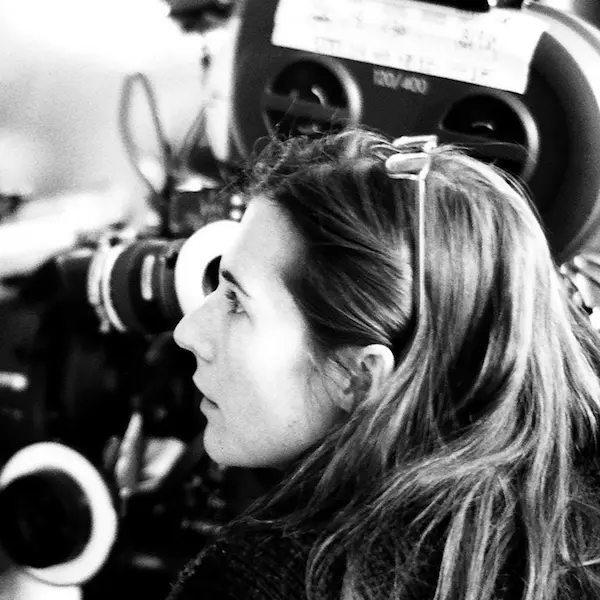

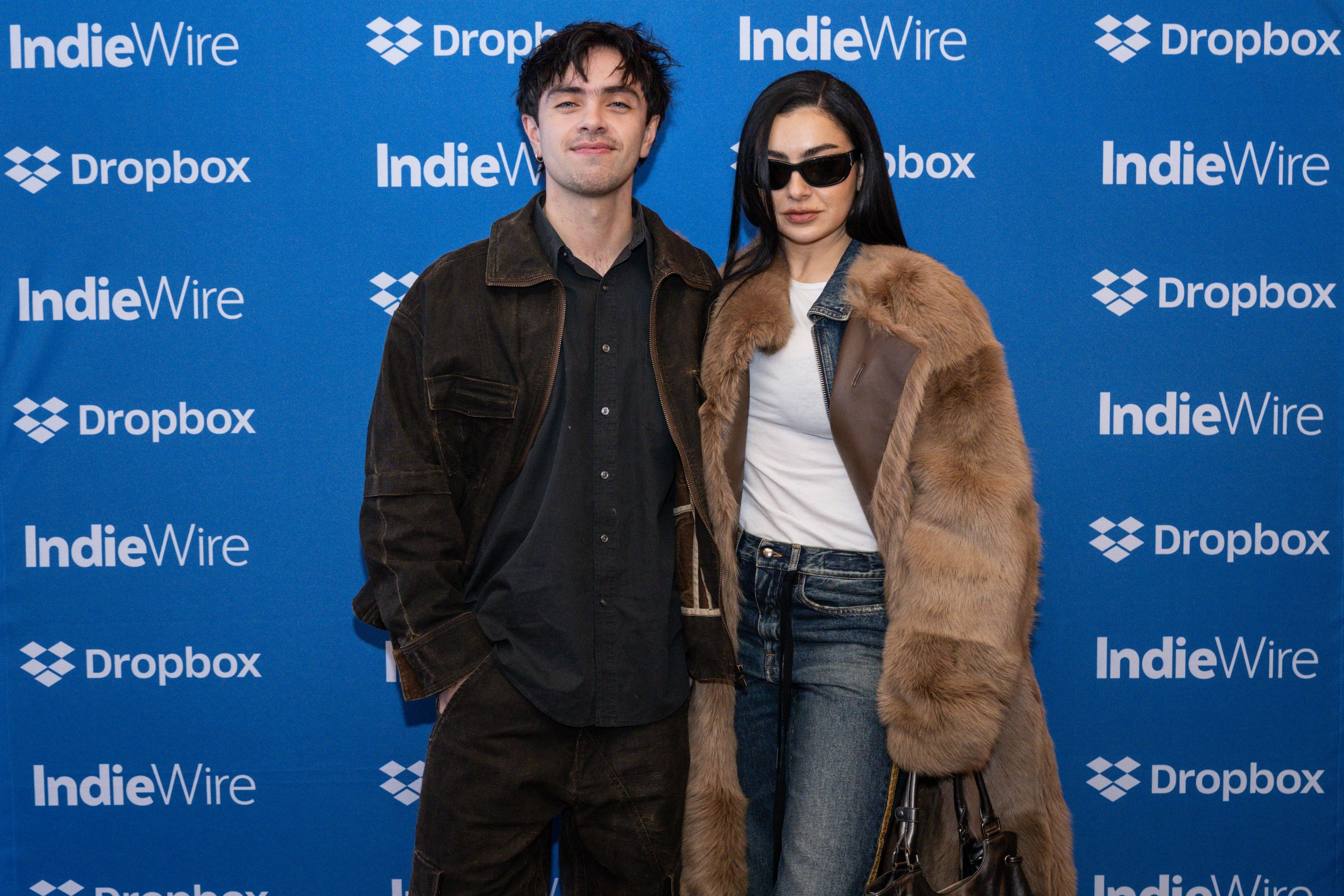
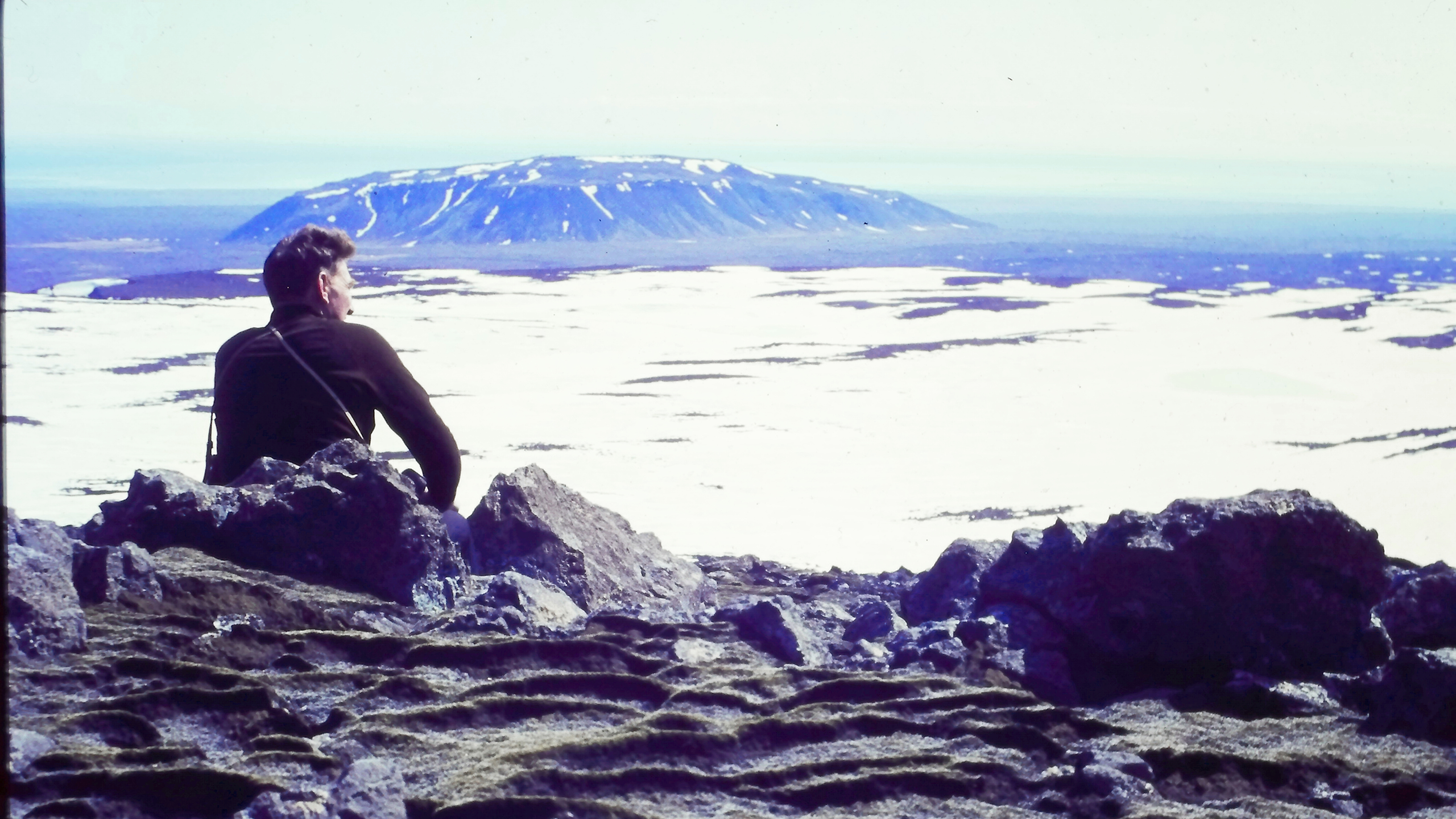
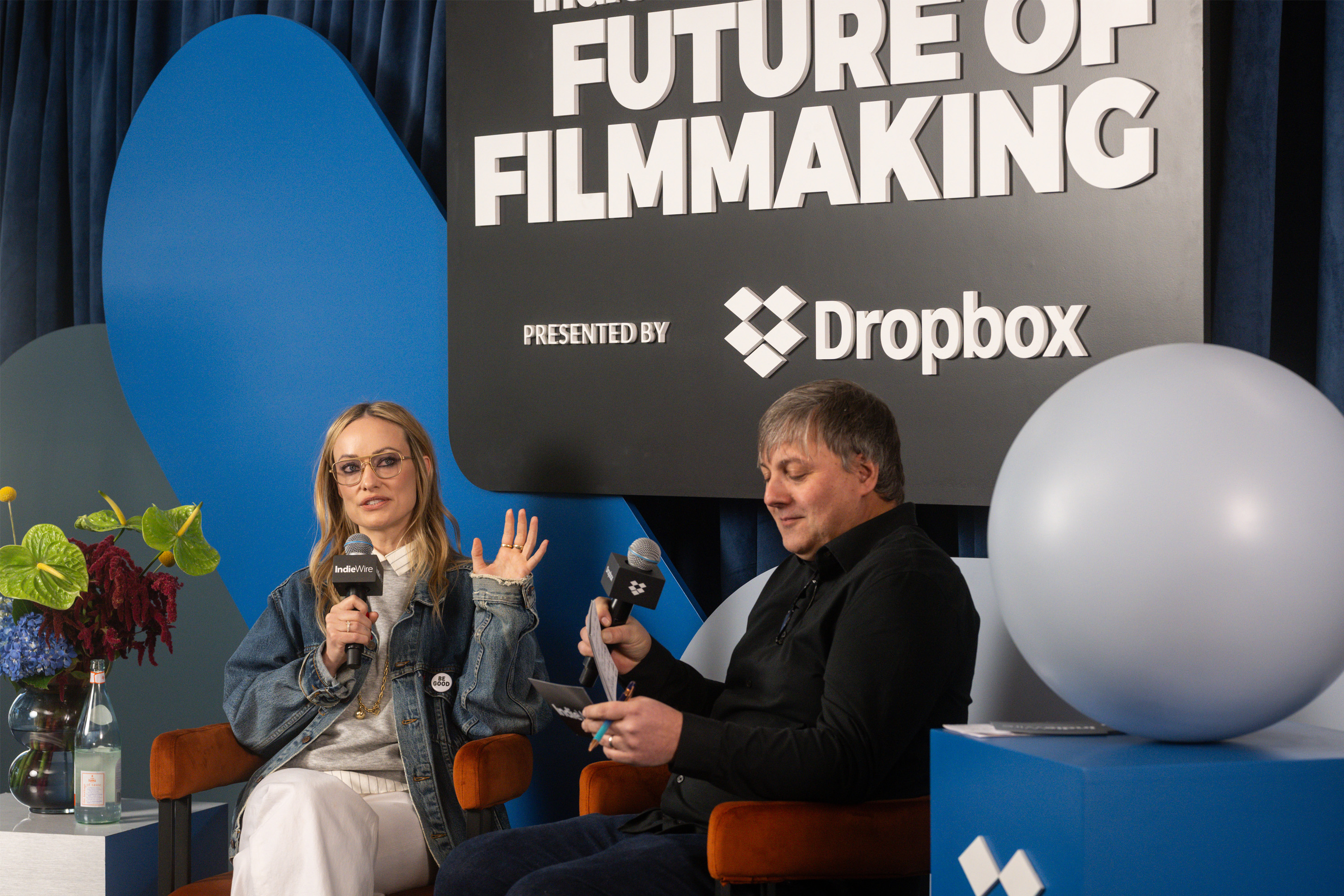
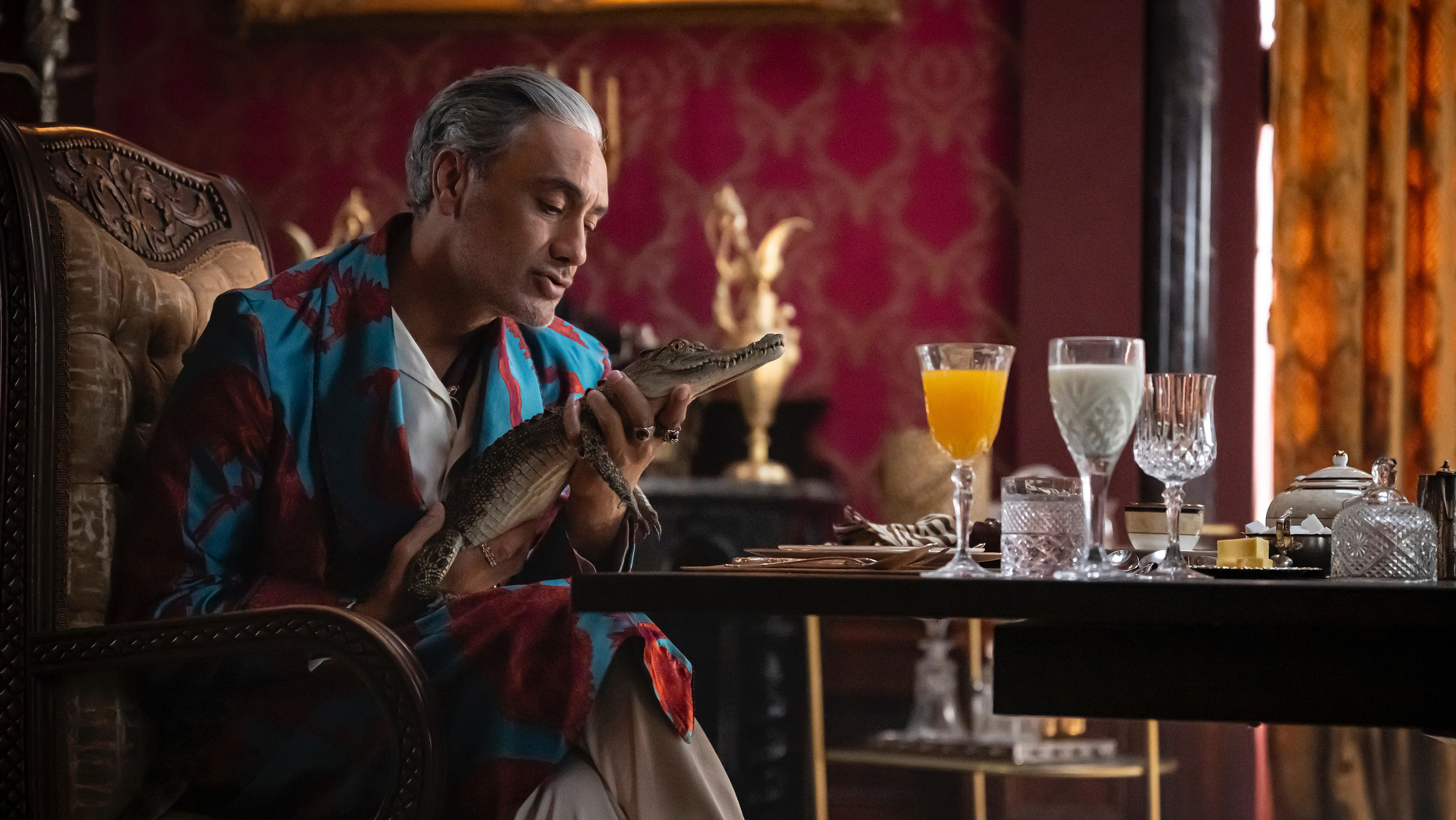

.png/_jcr_content/renditions/hero_square%20(2).webp)
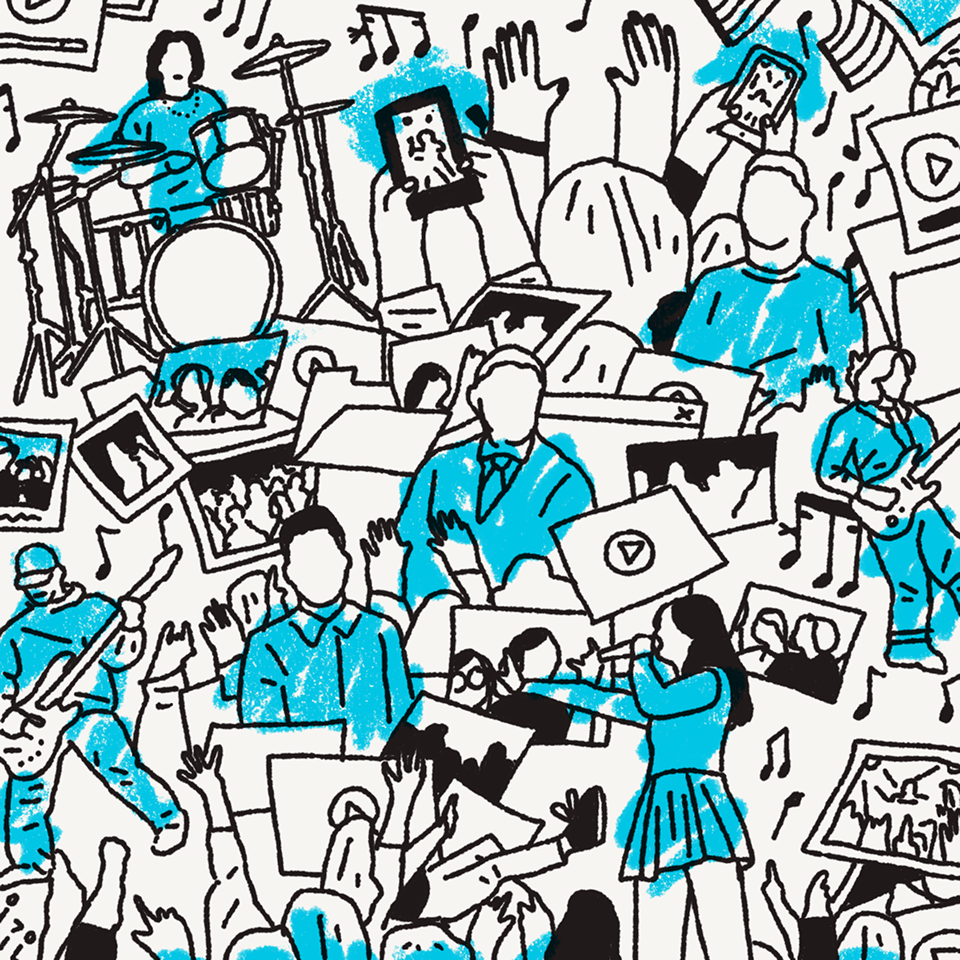
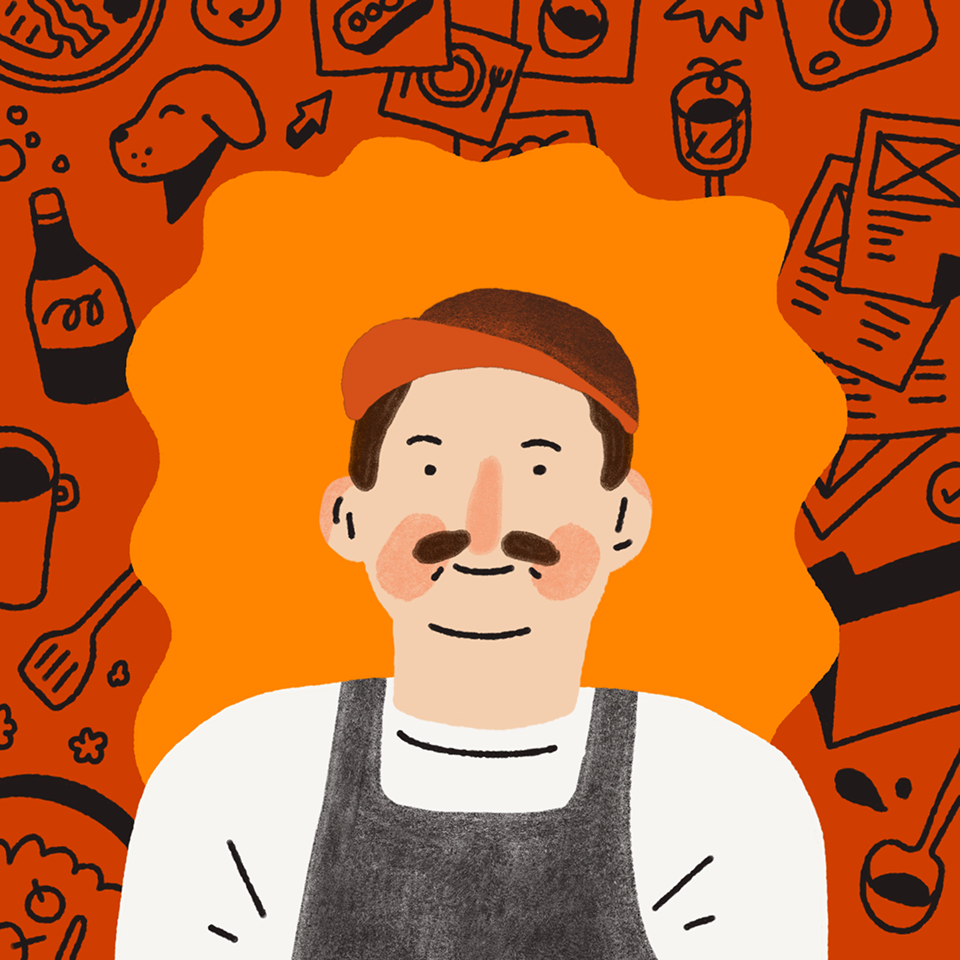





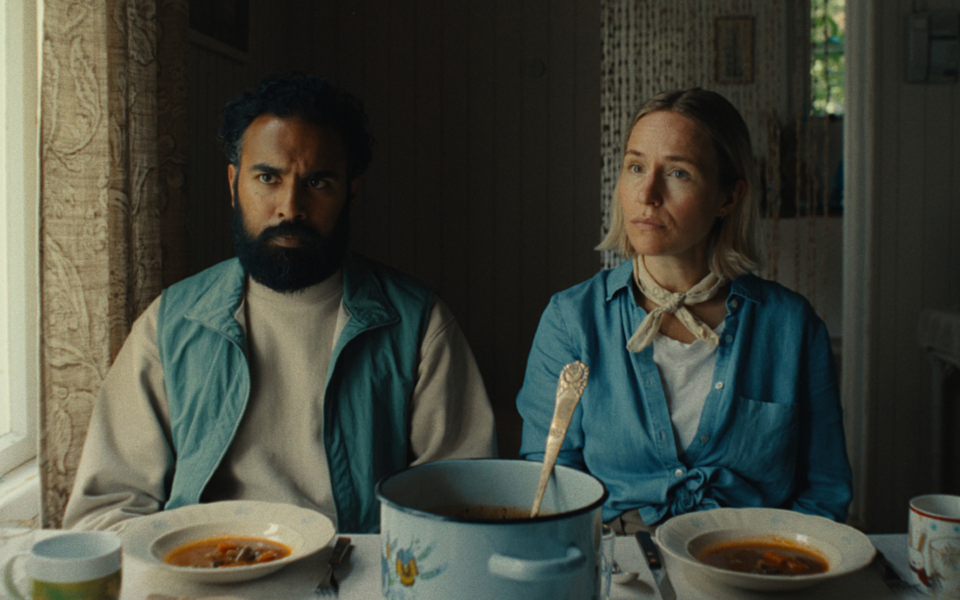
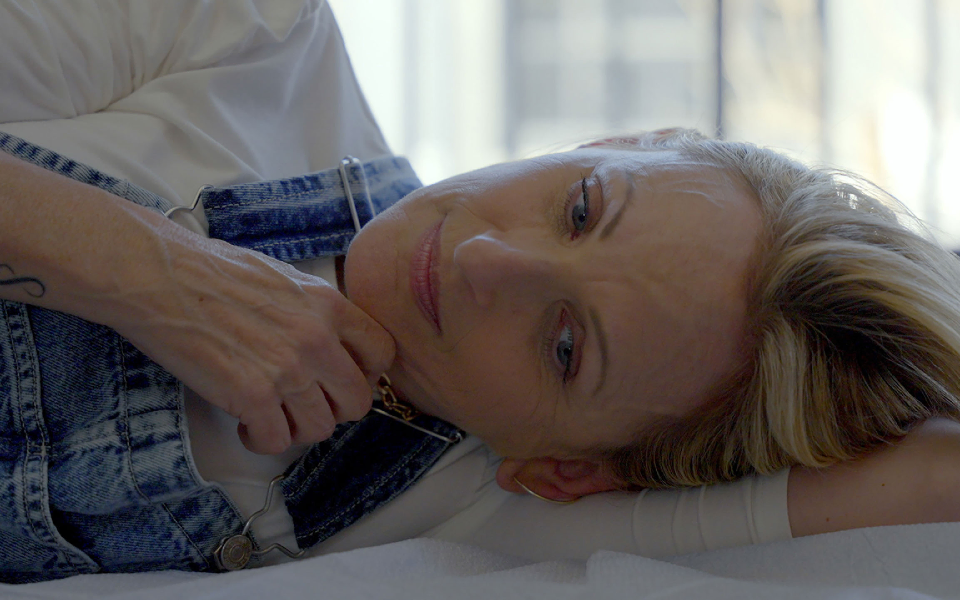




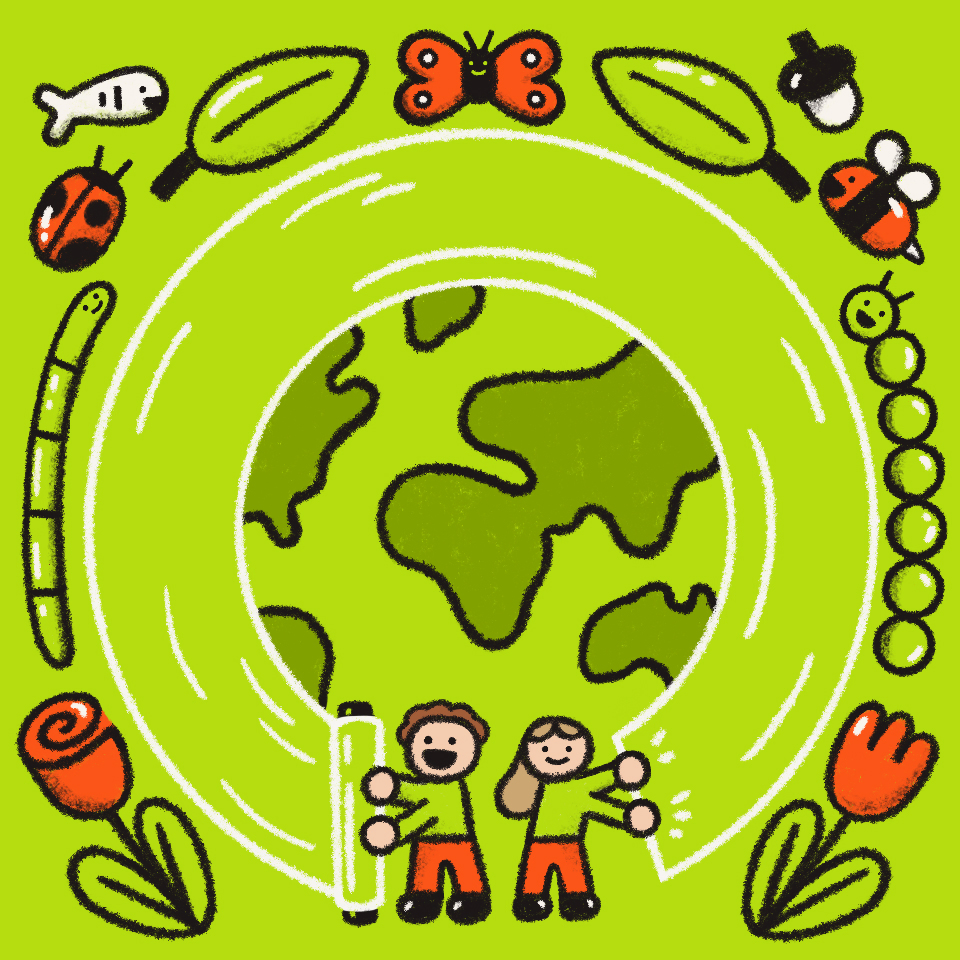
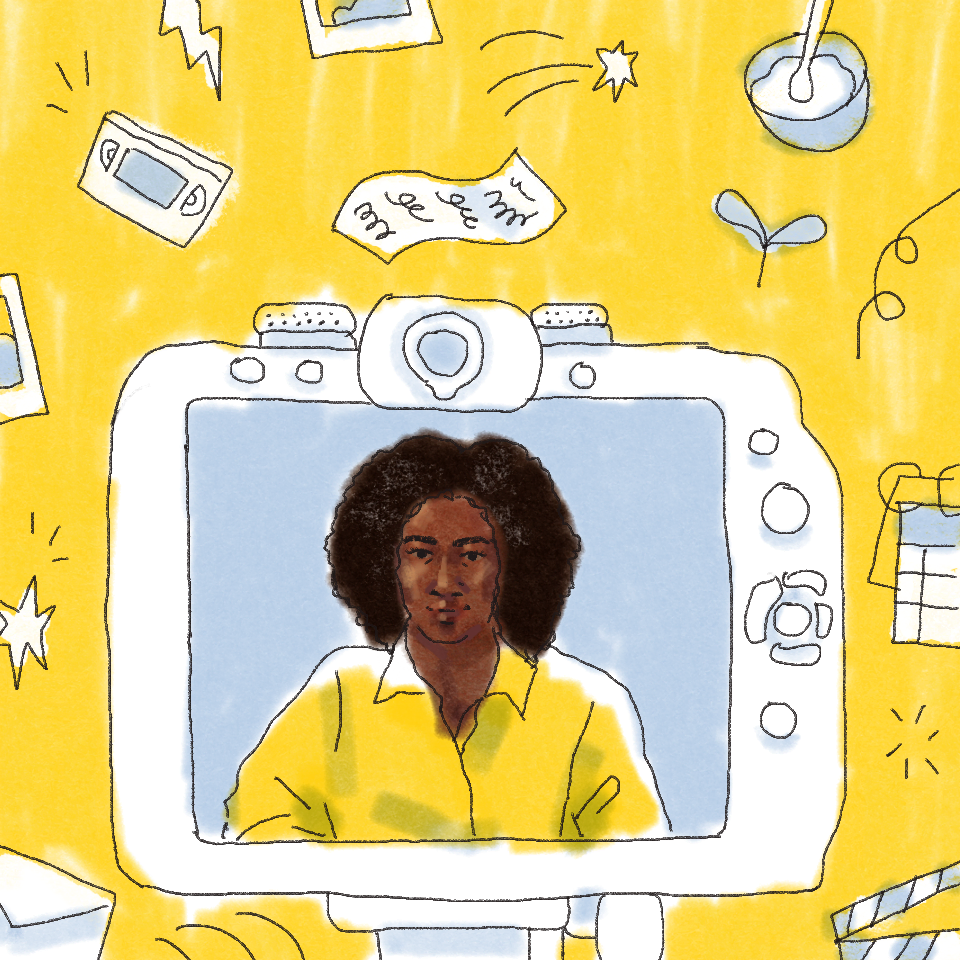
.jpg/_jcr_content/renditions/1200x628%20(5).webp)

